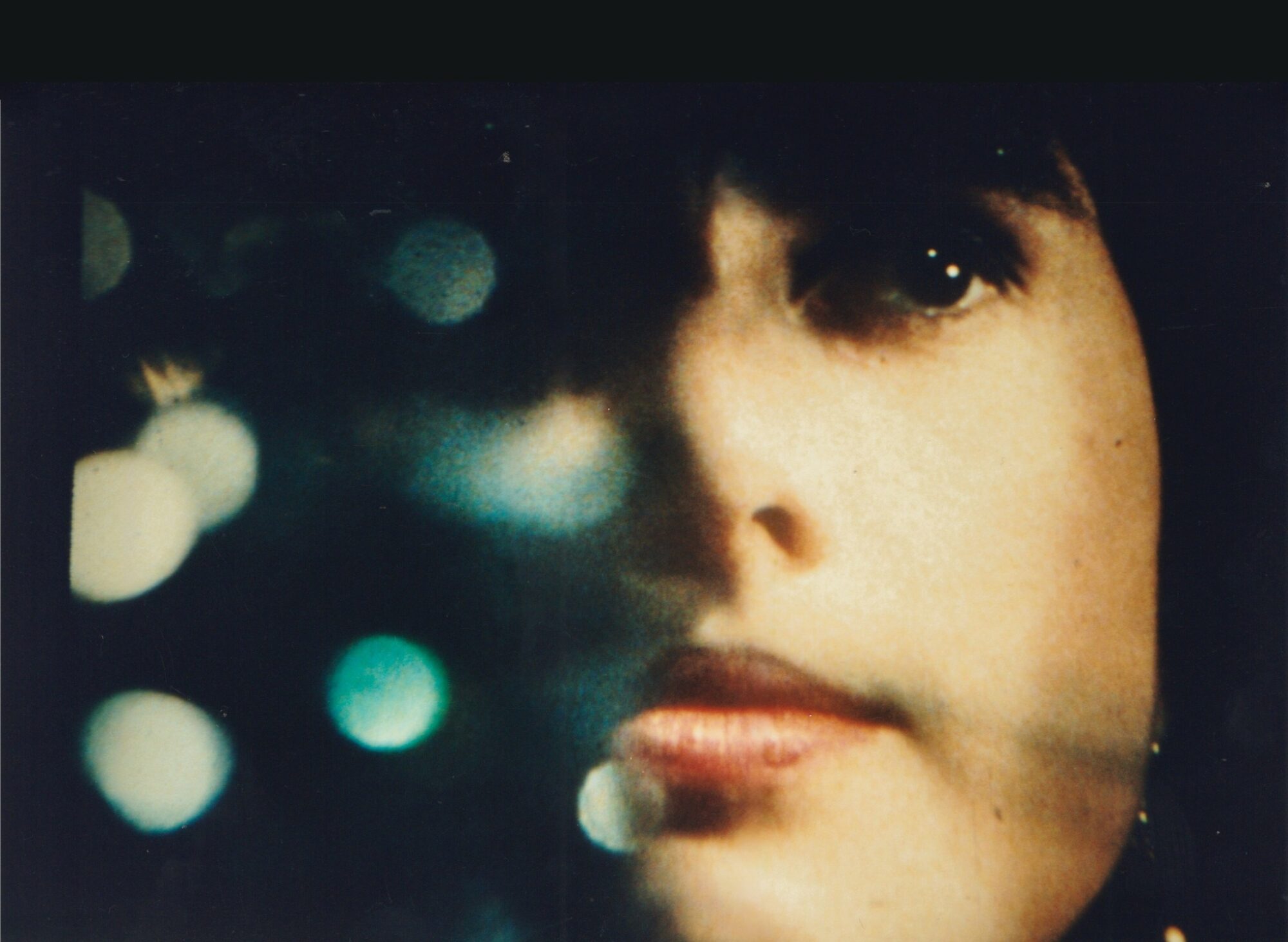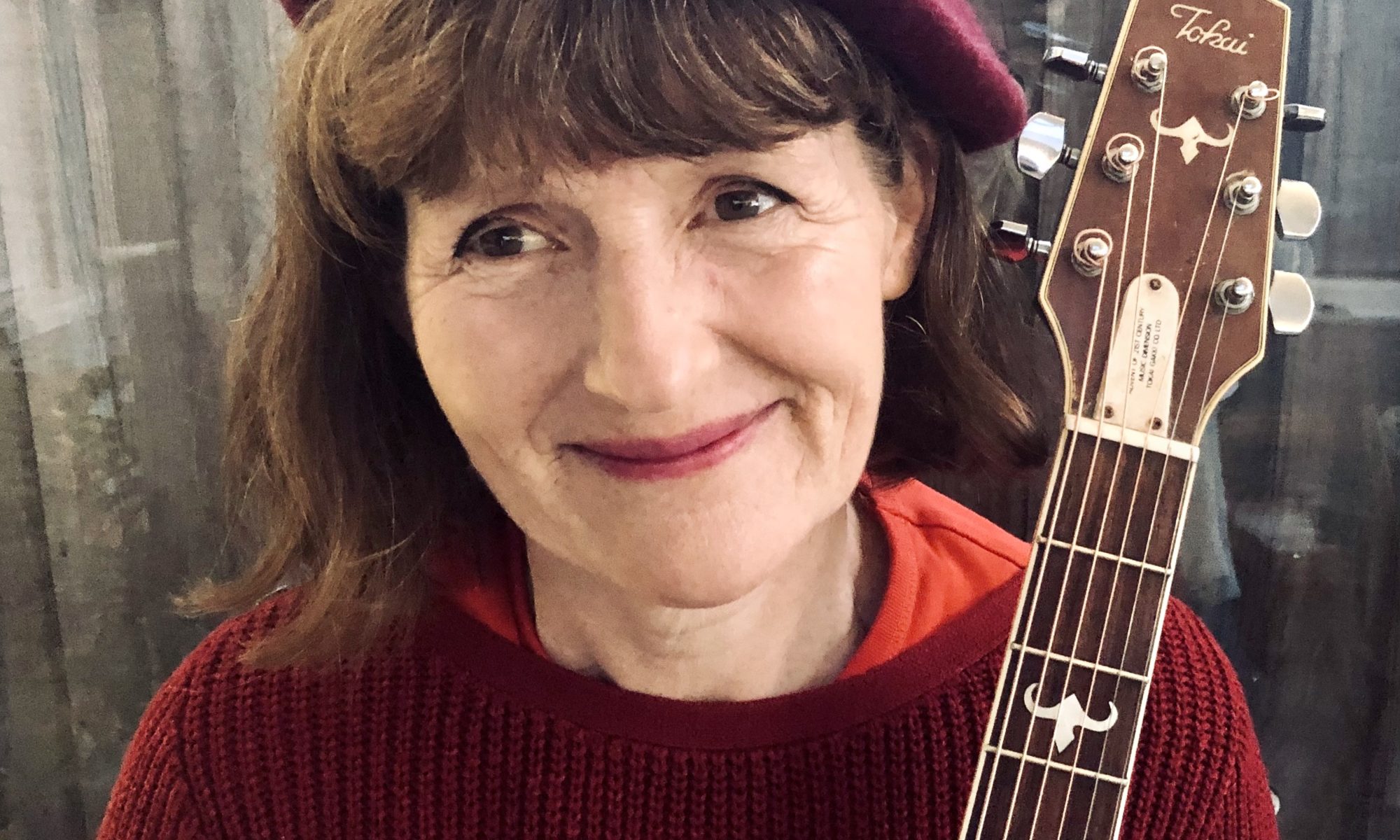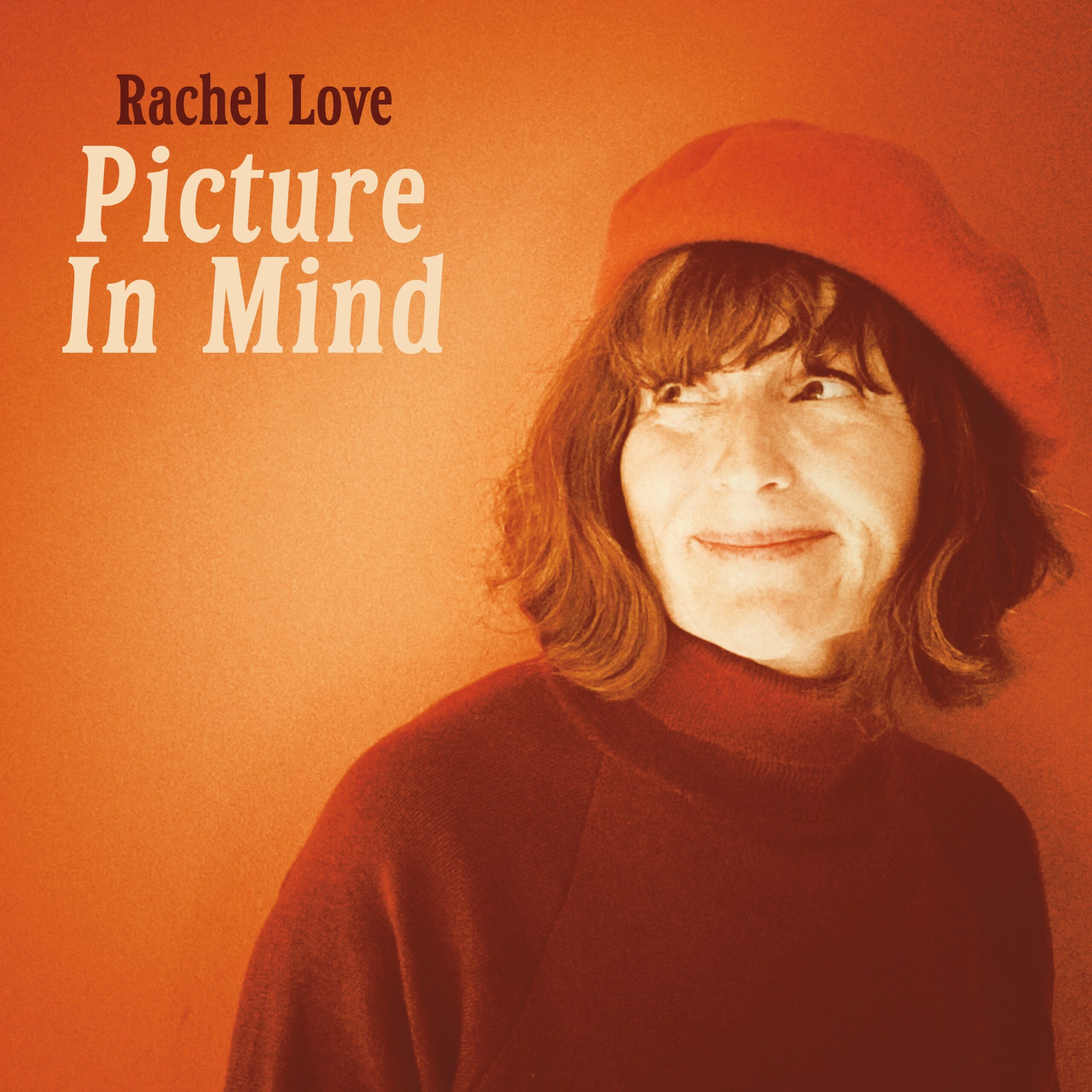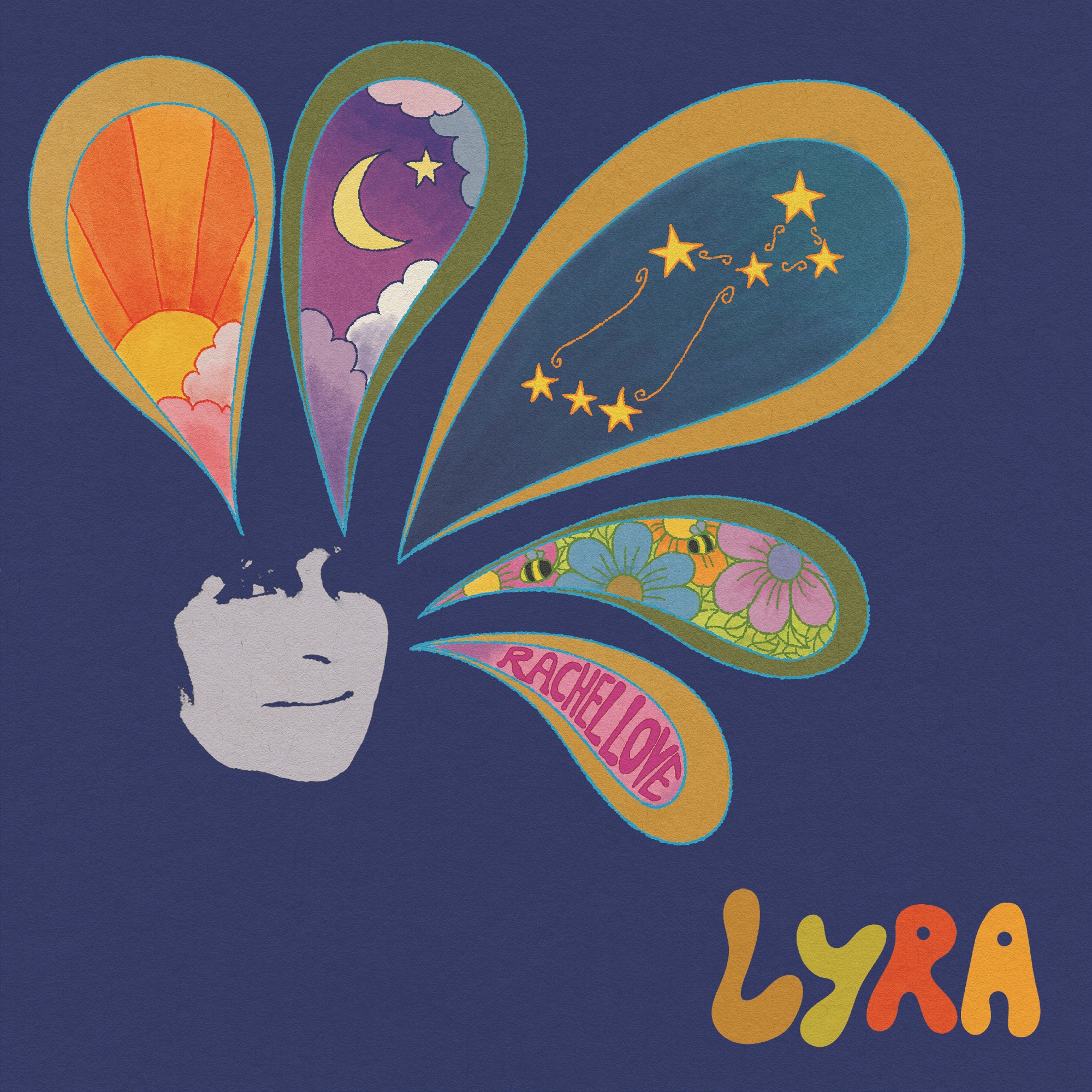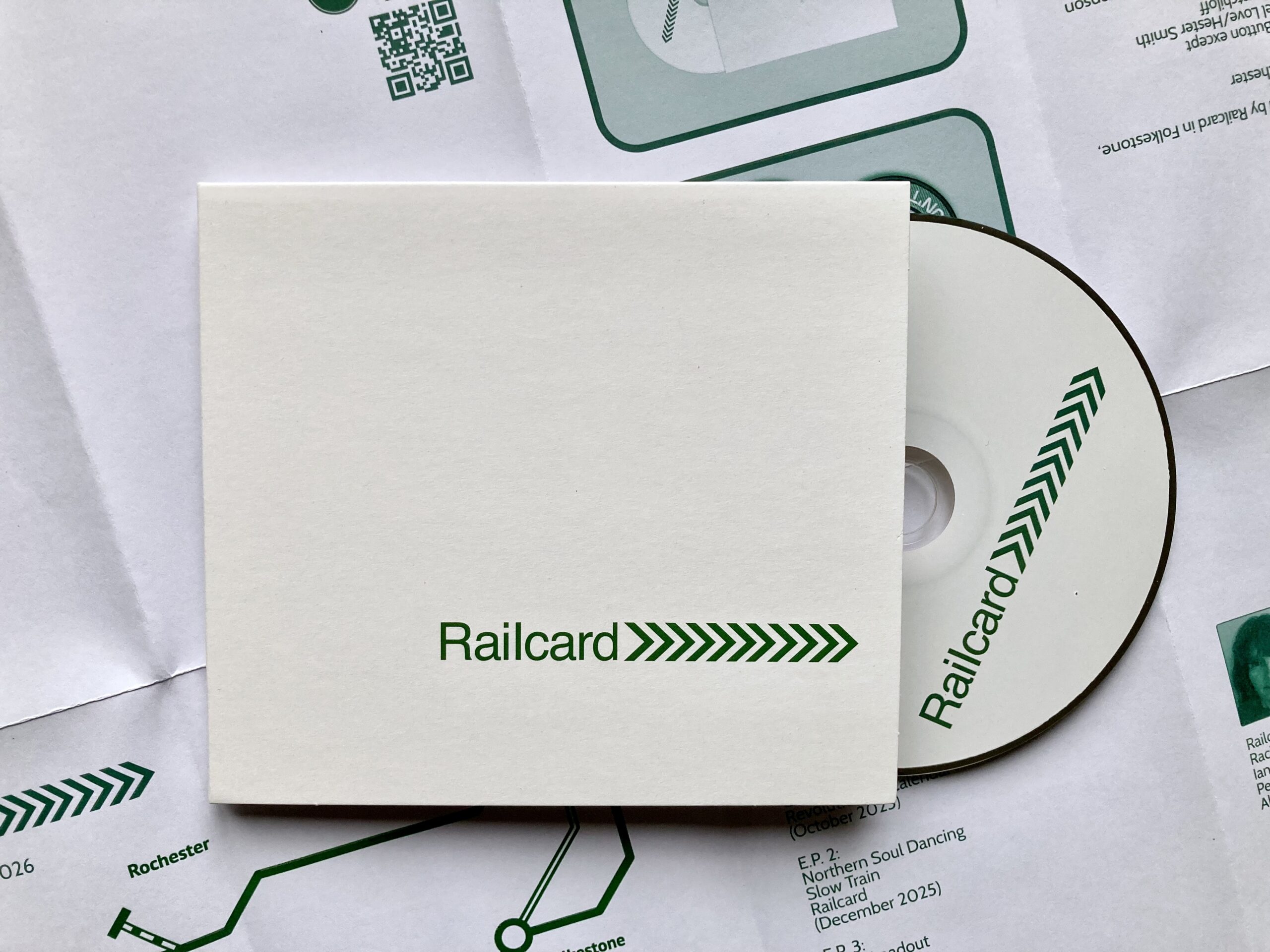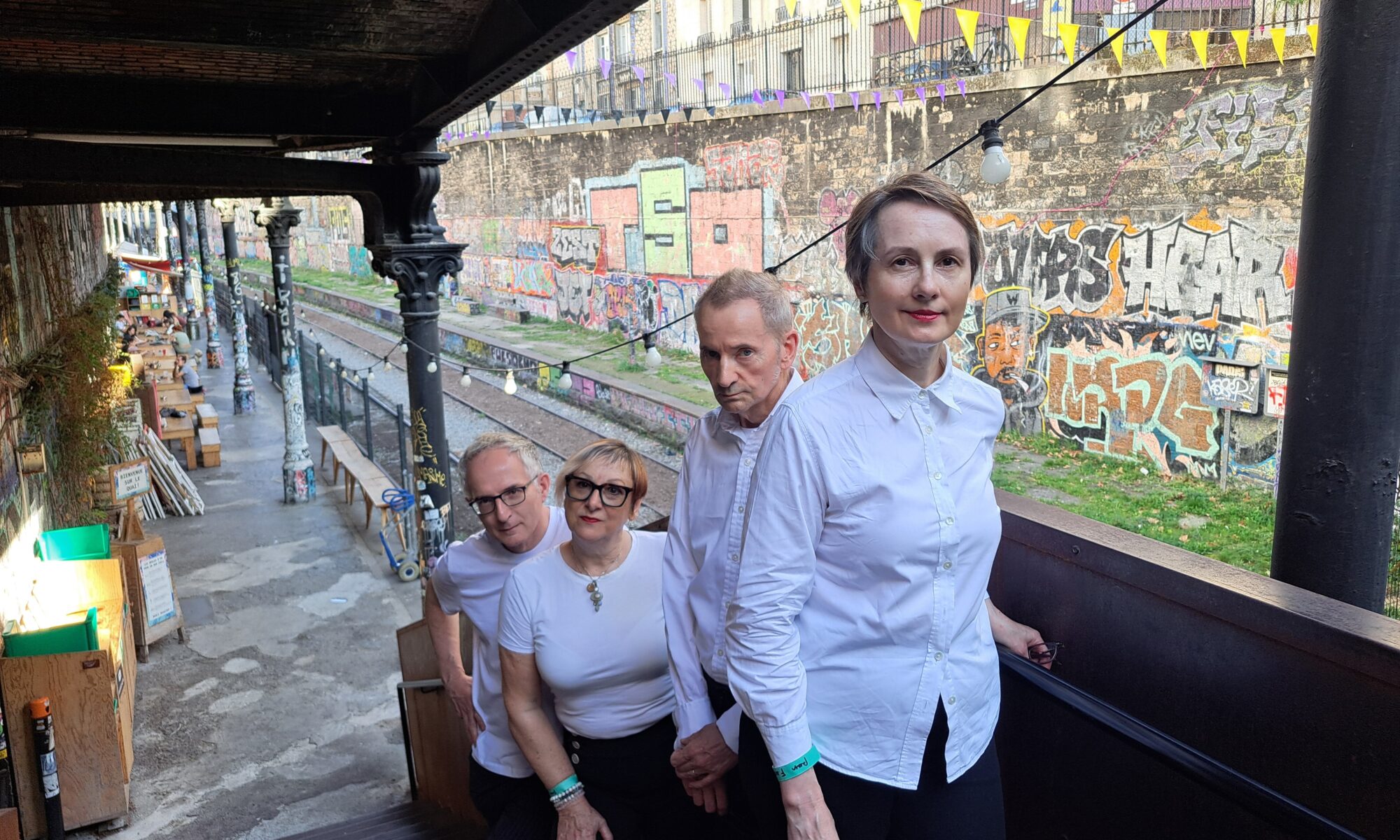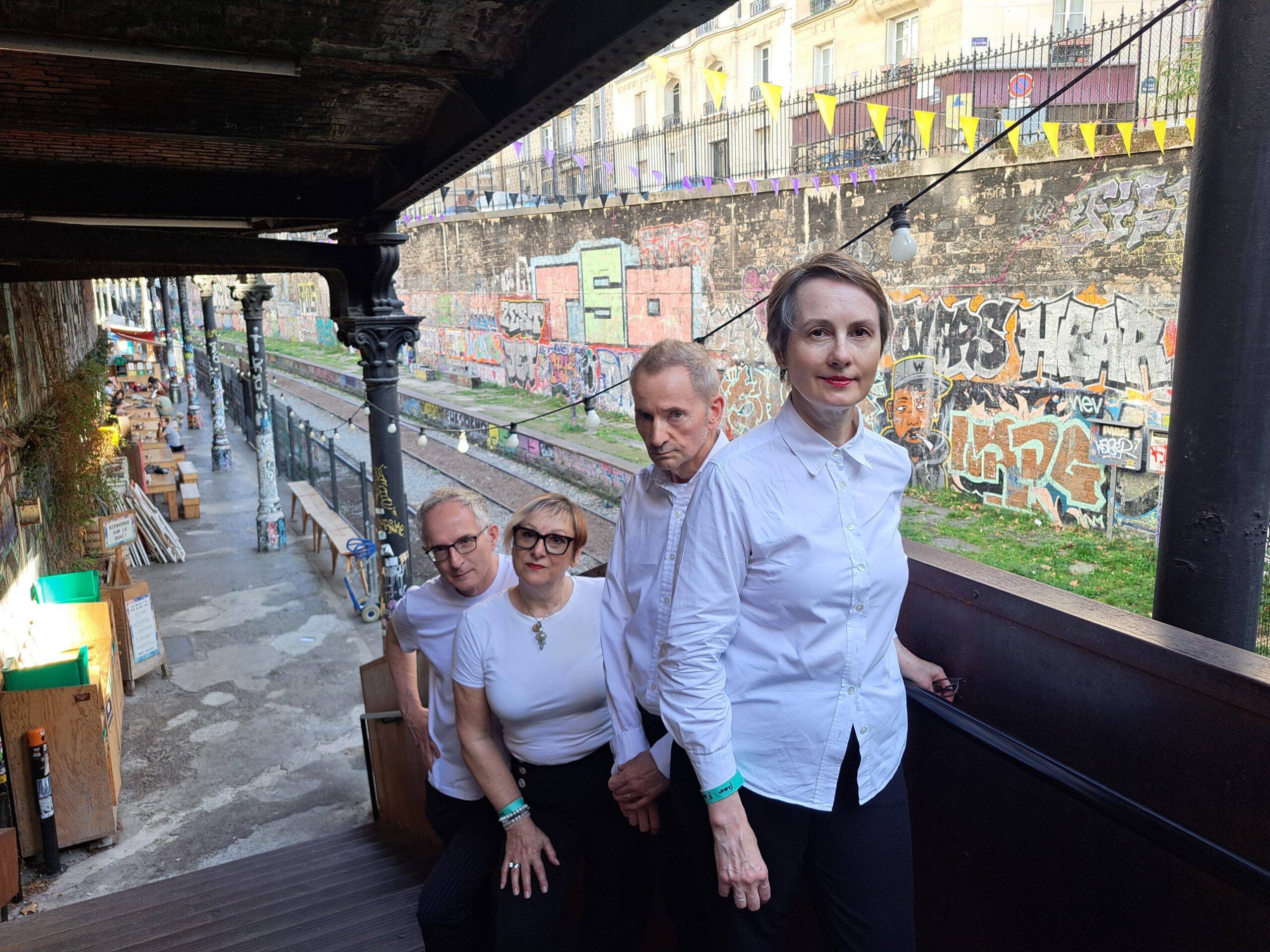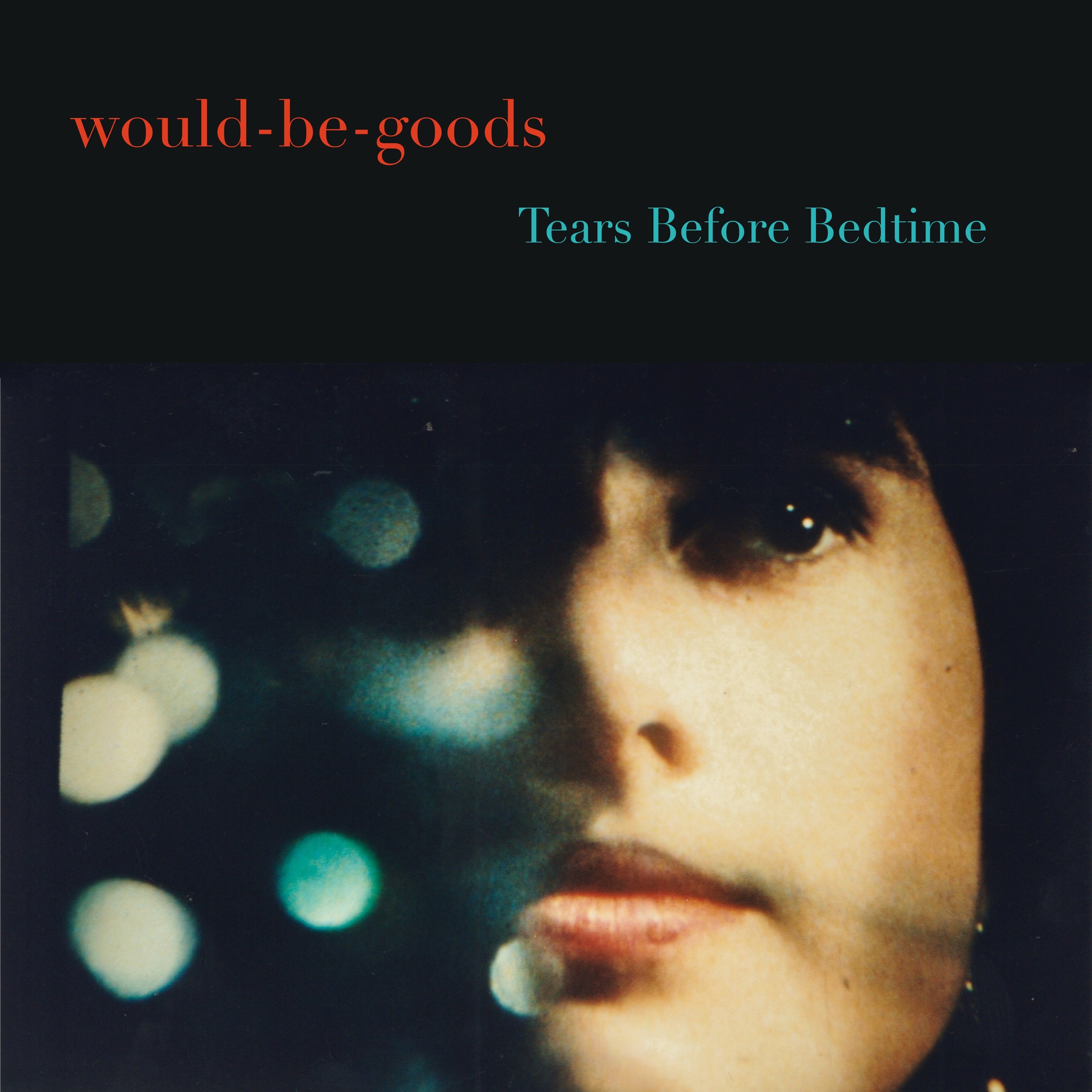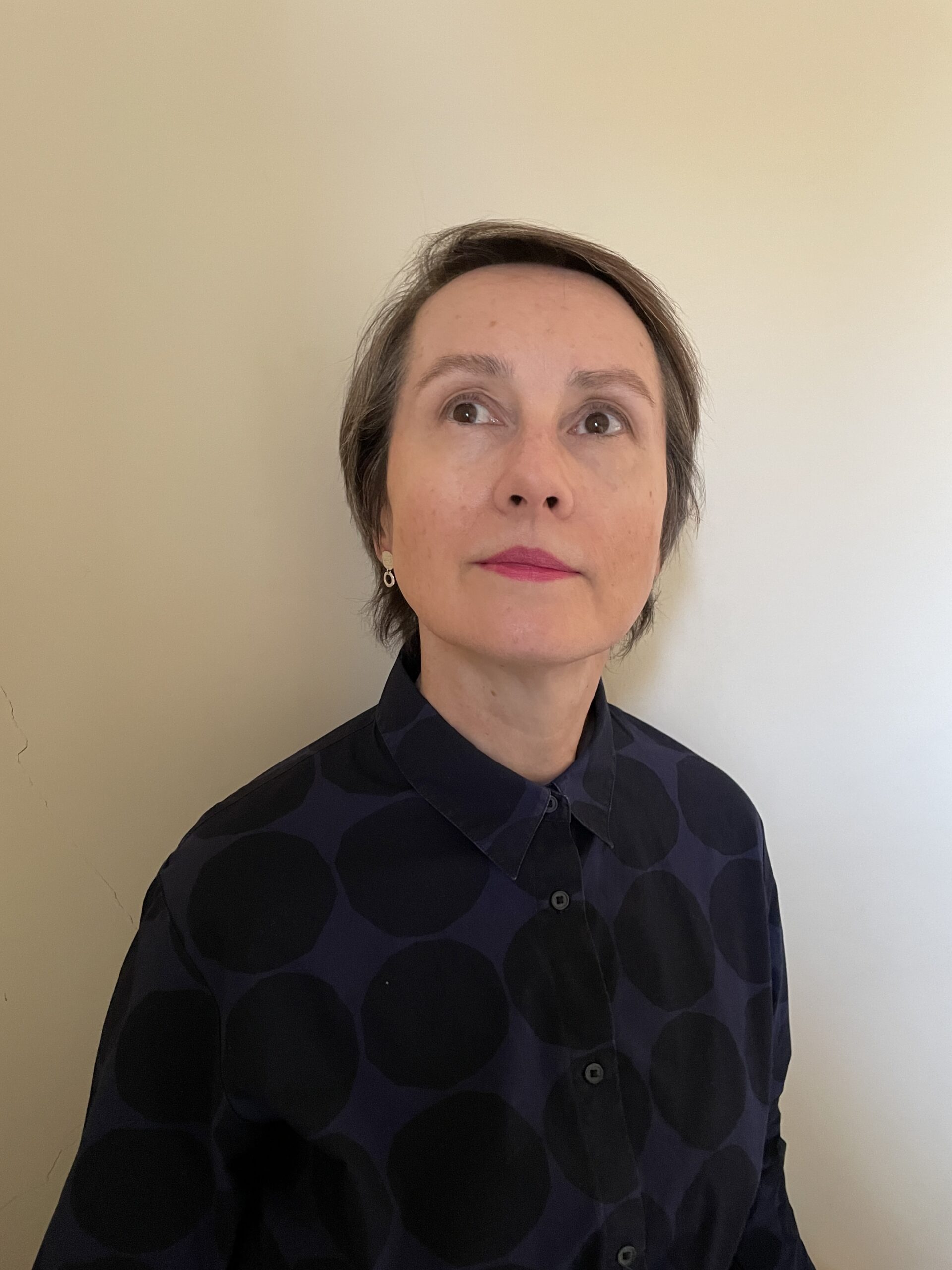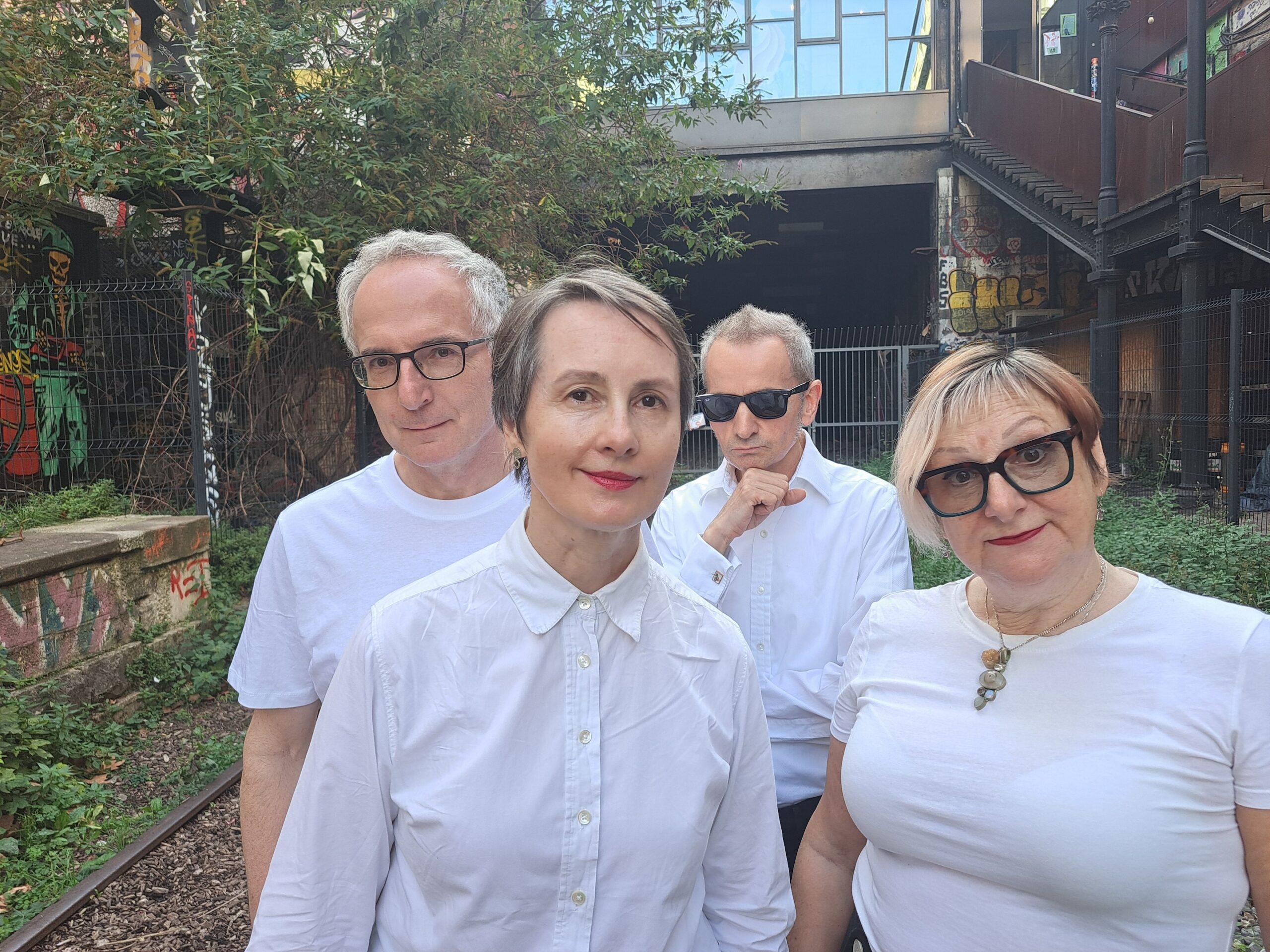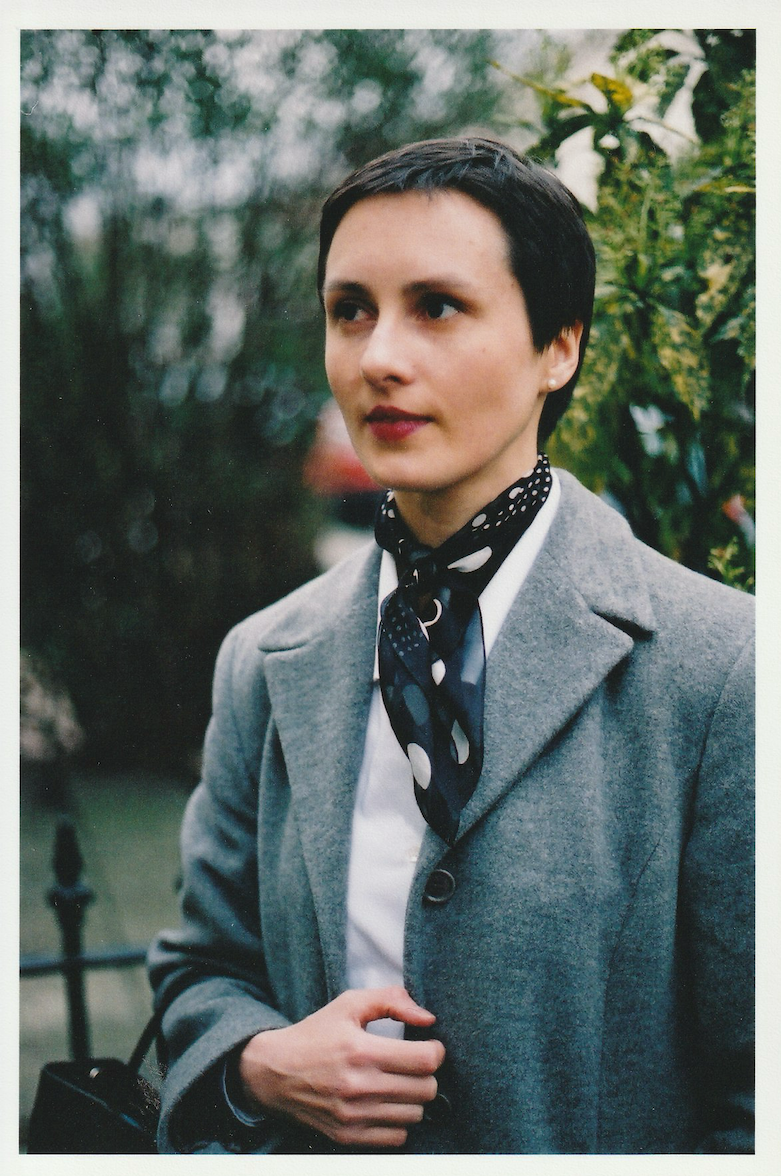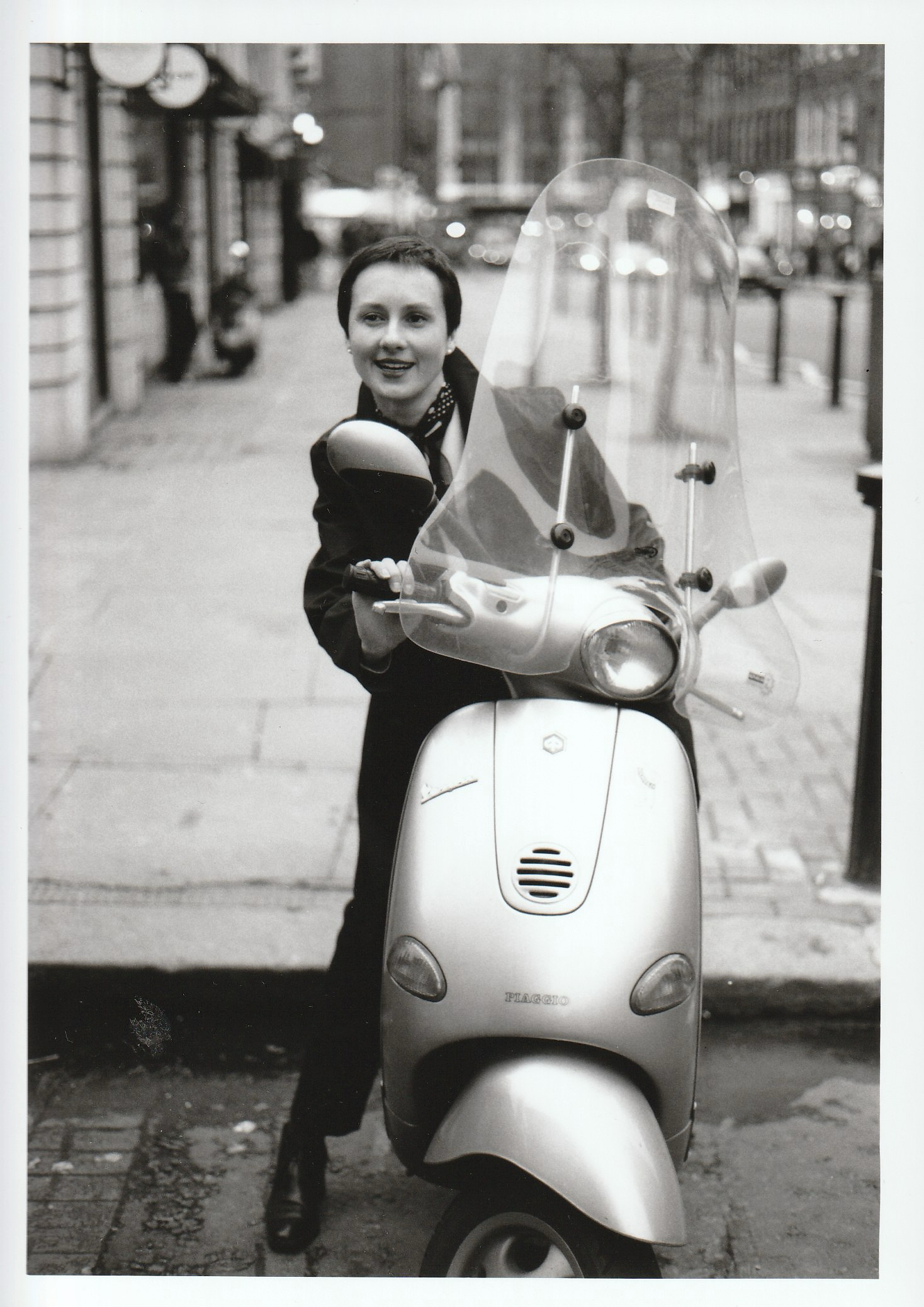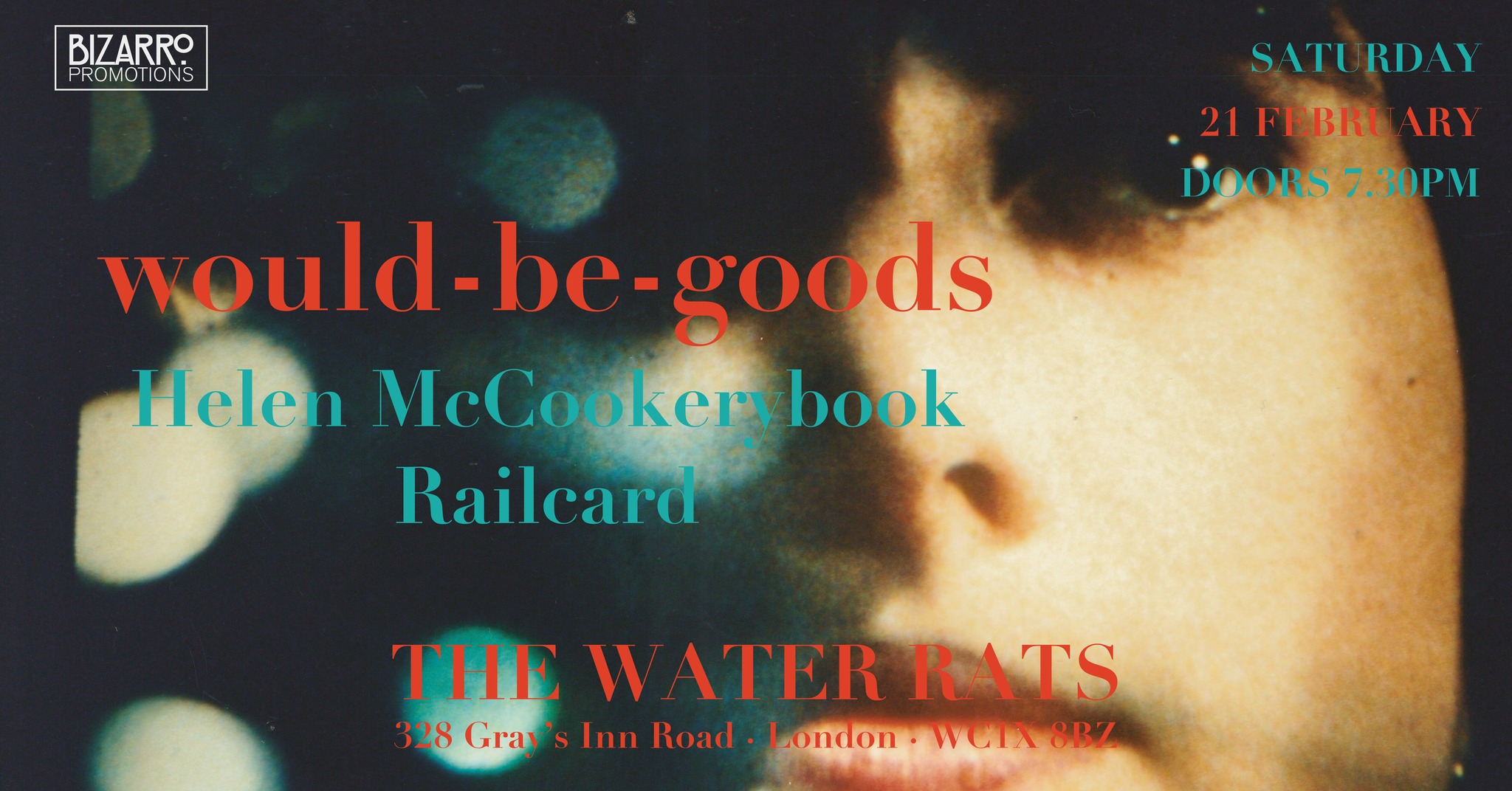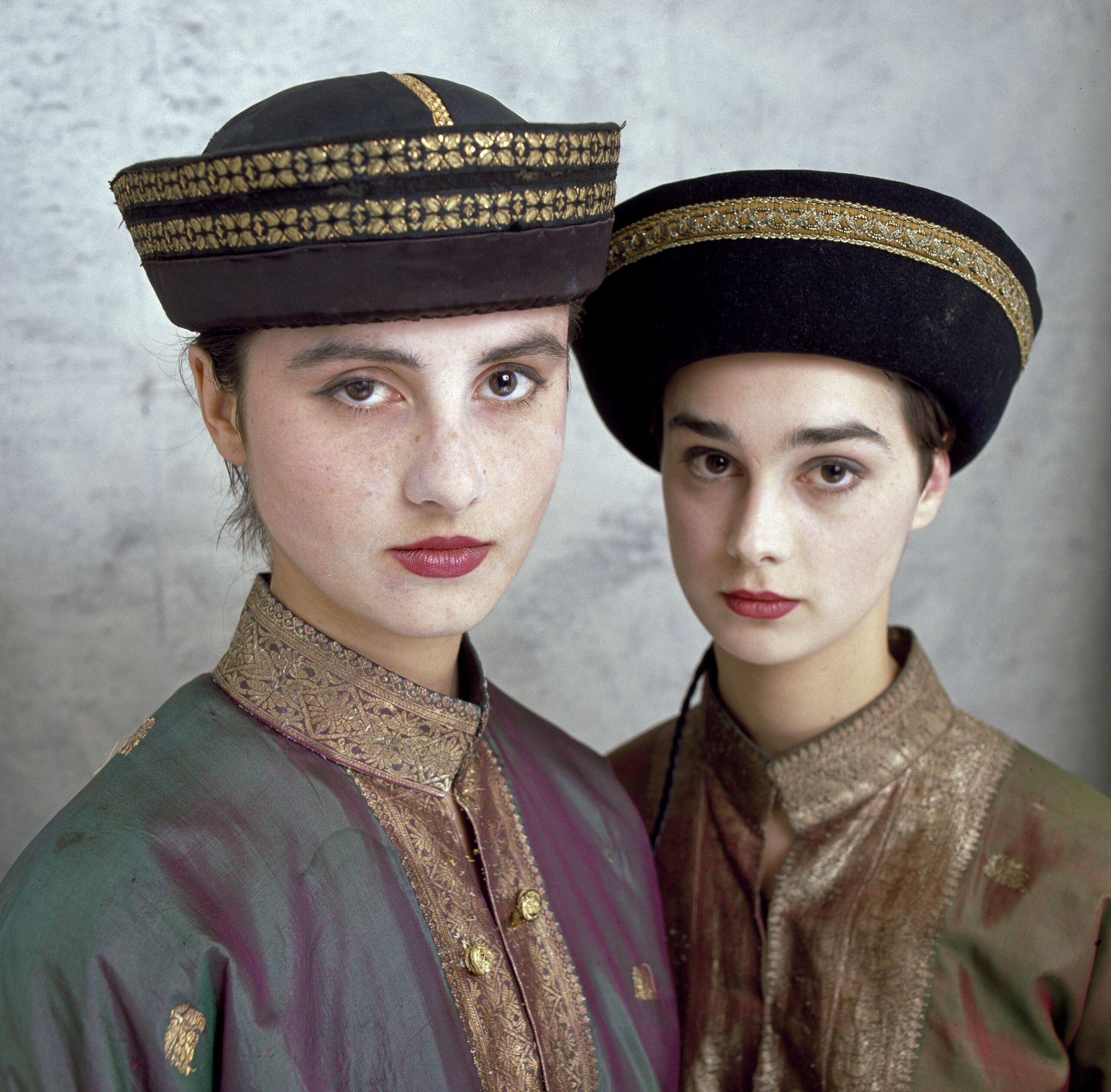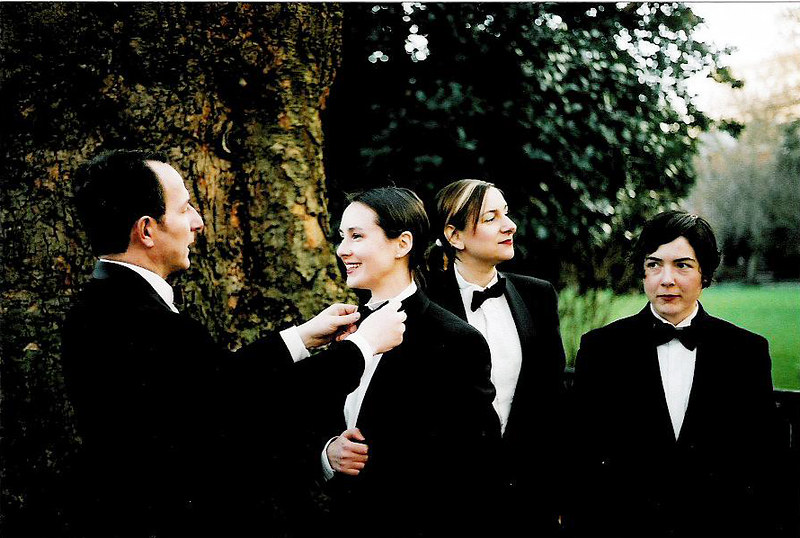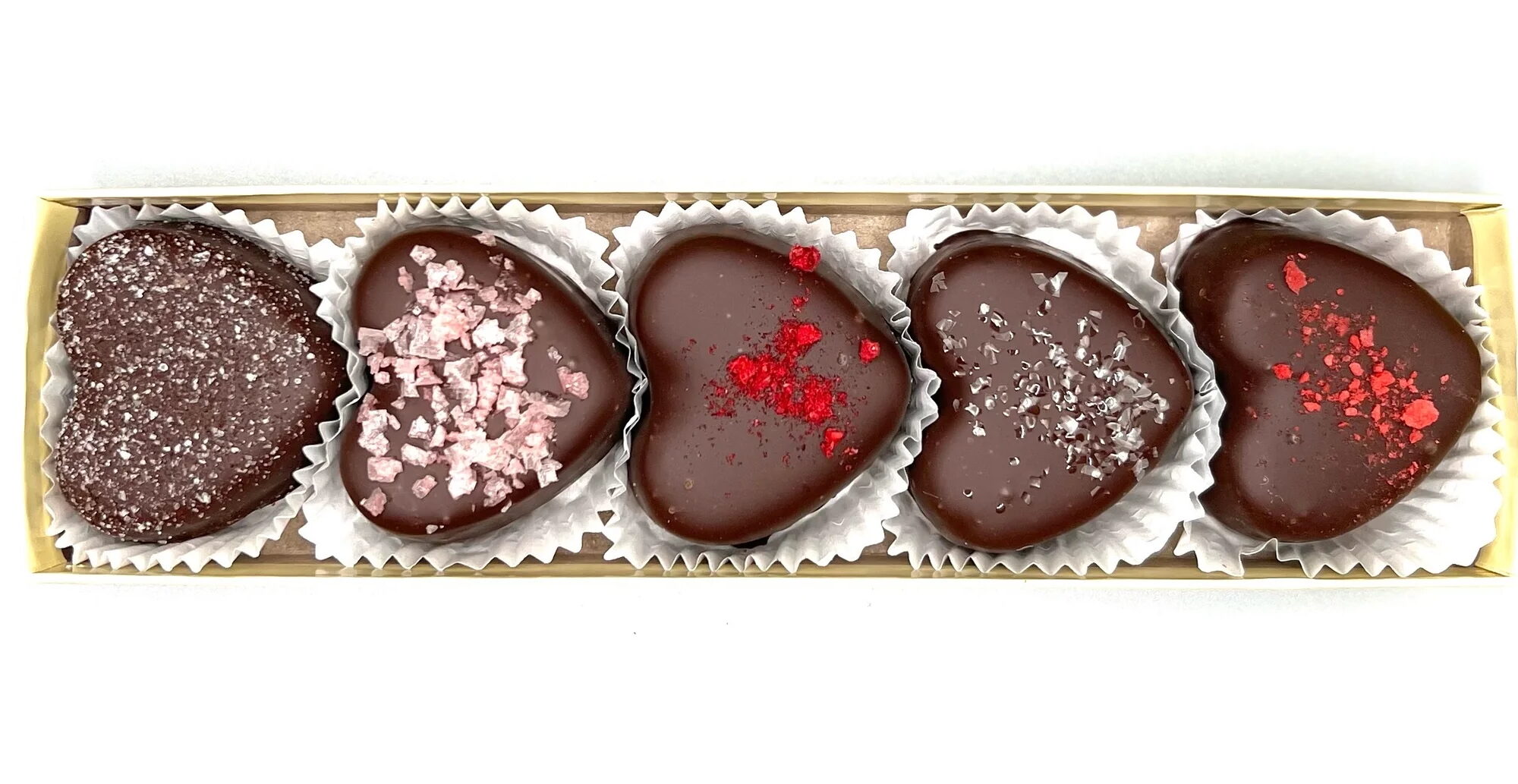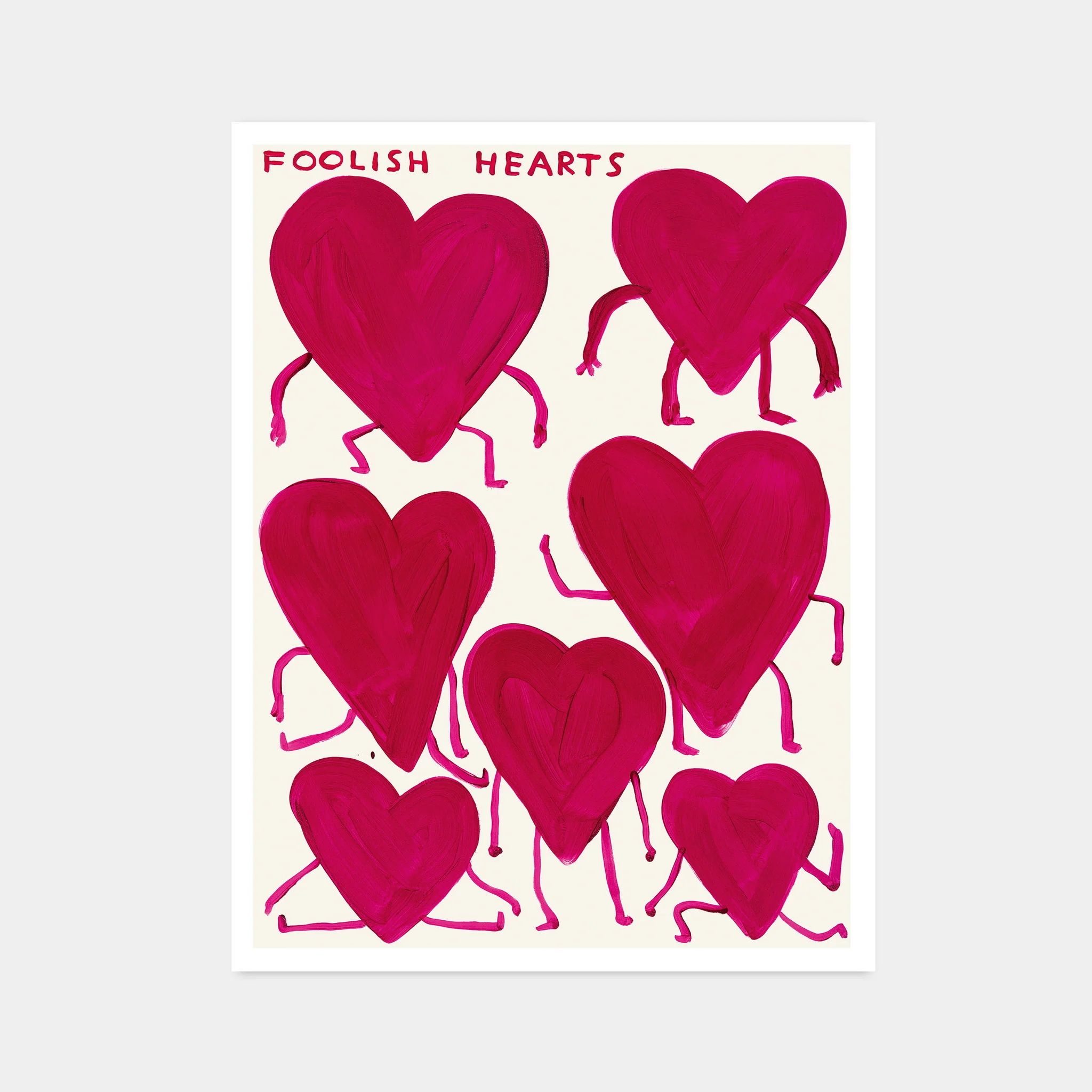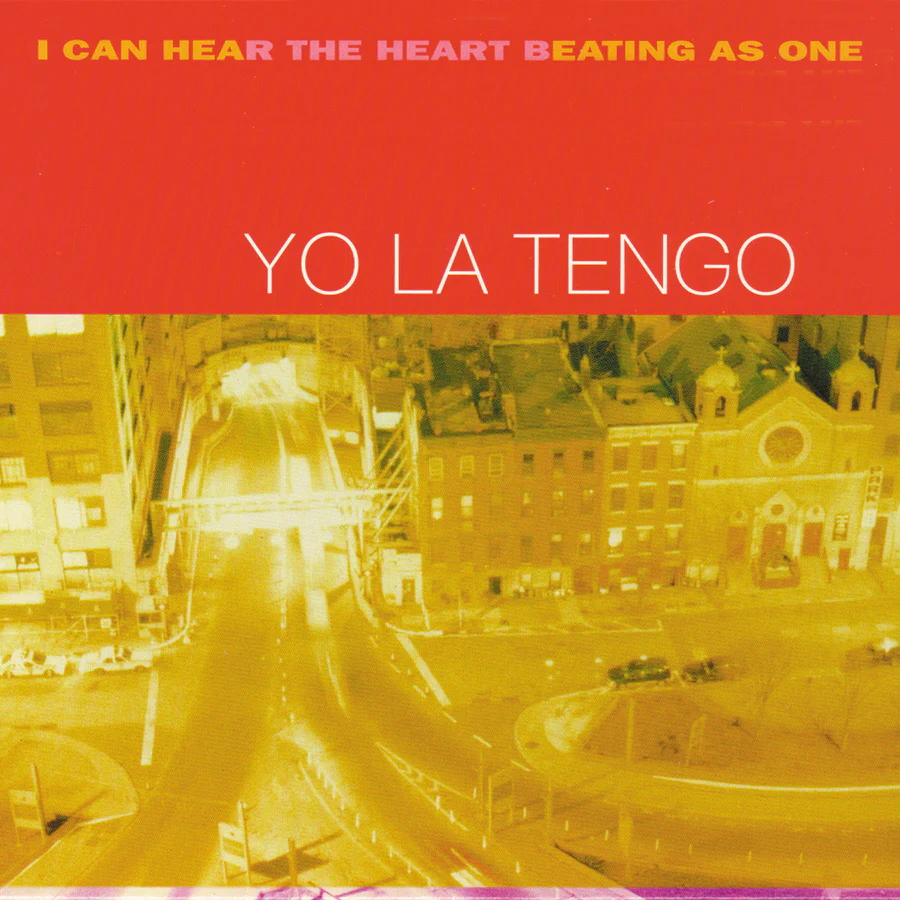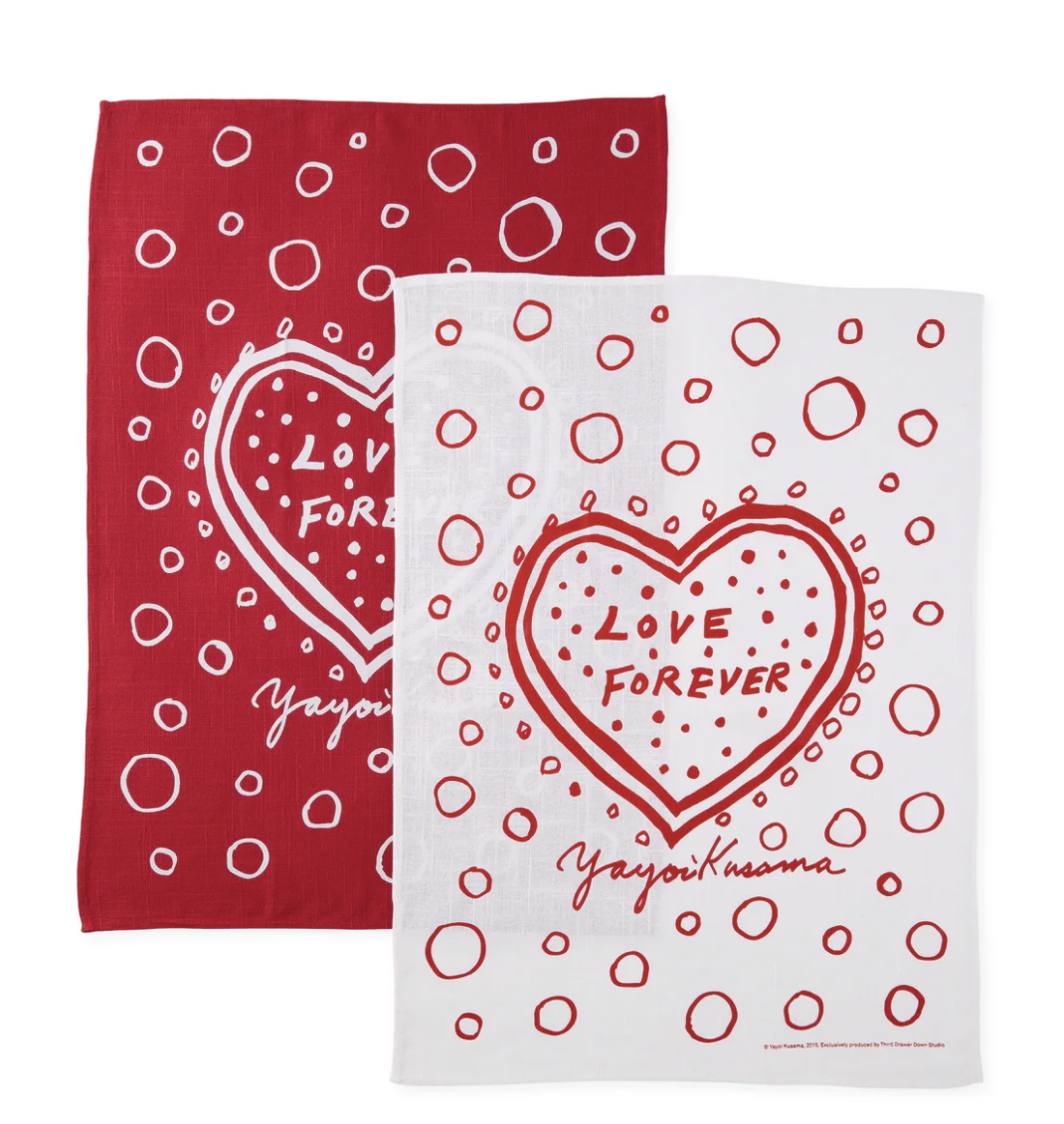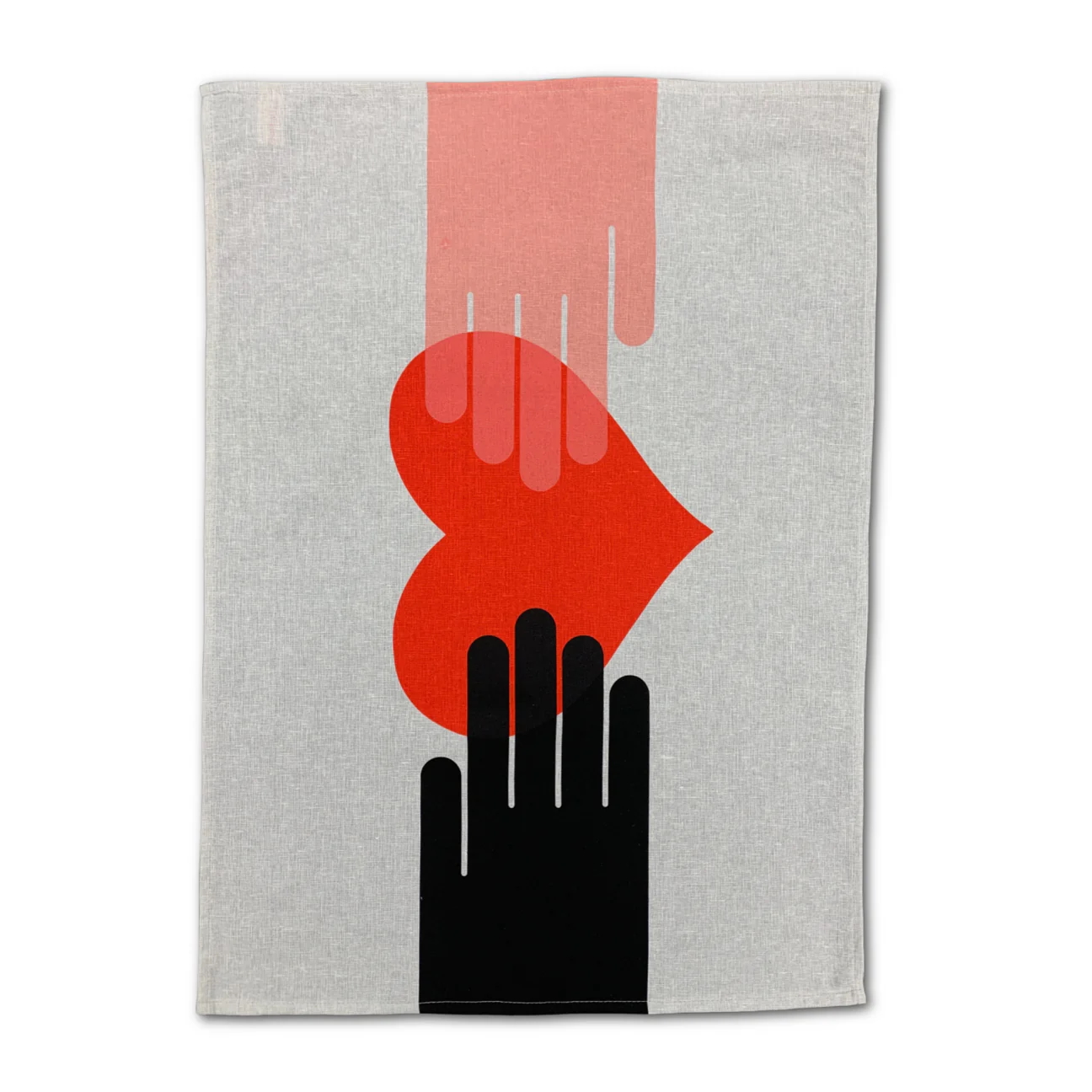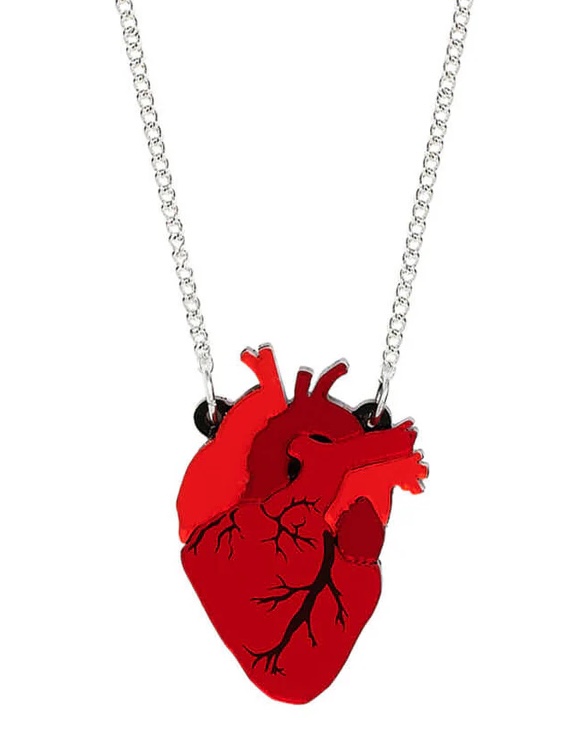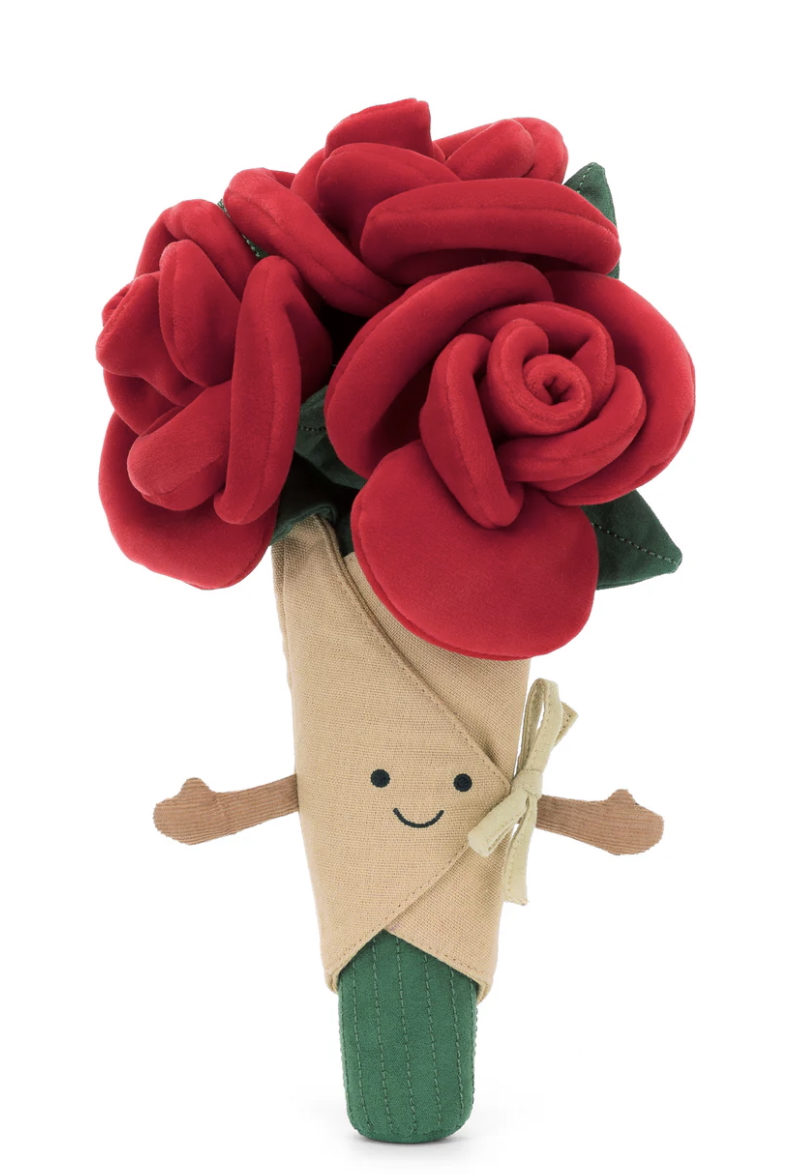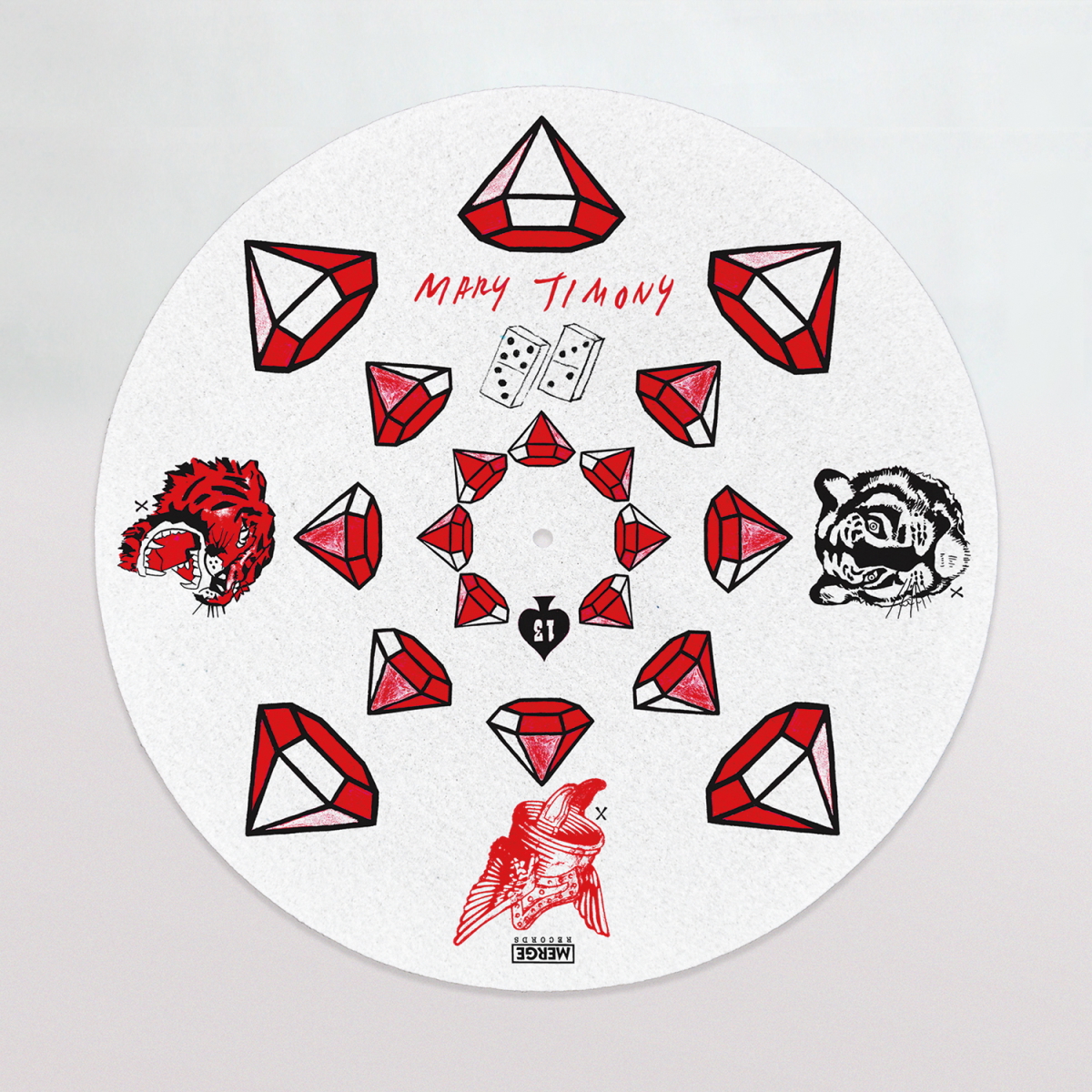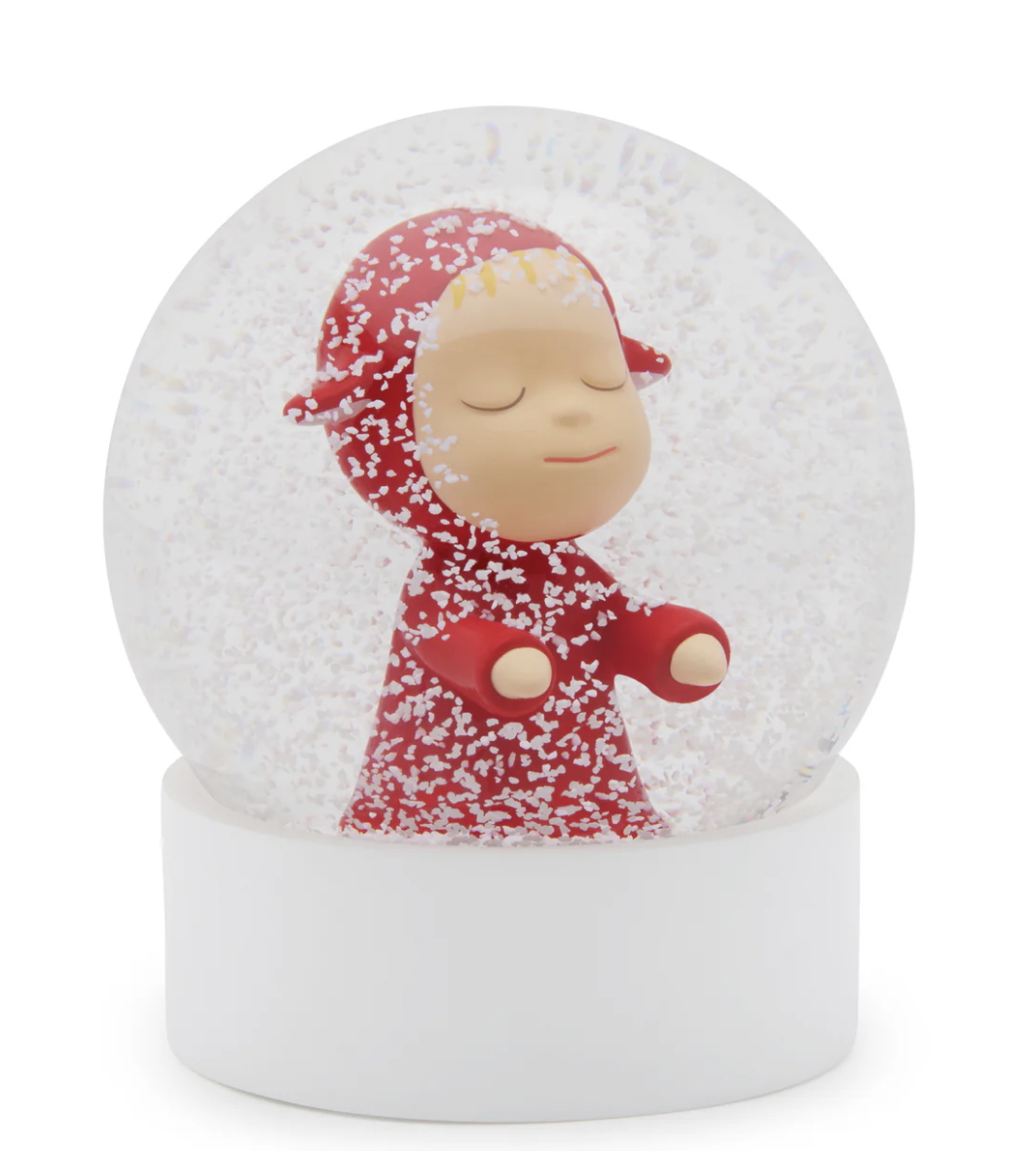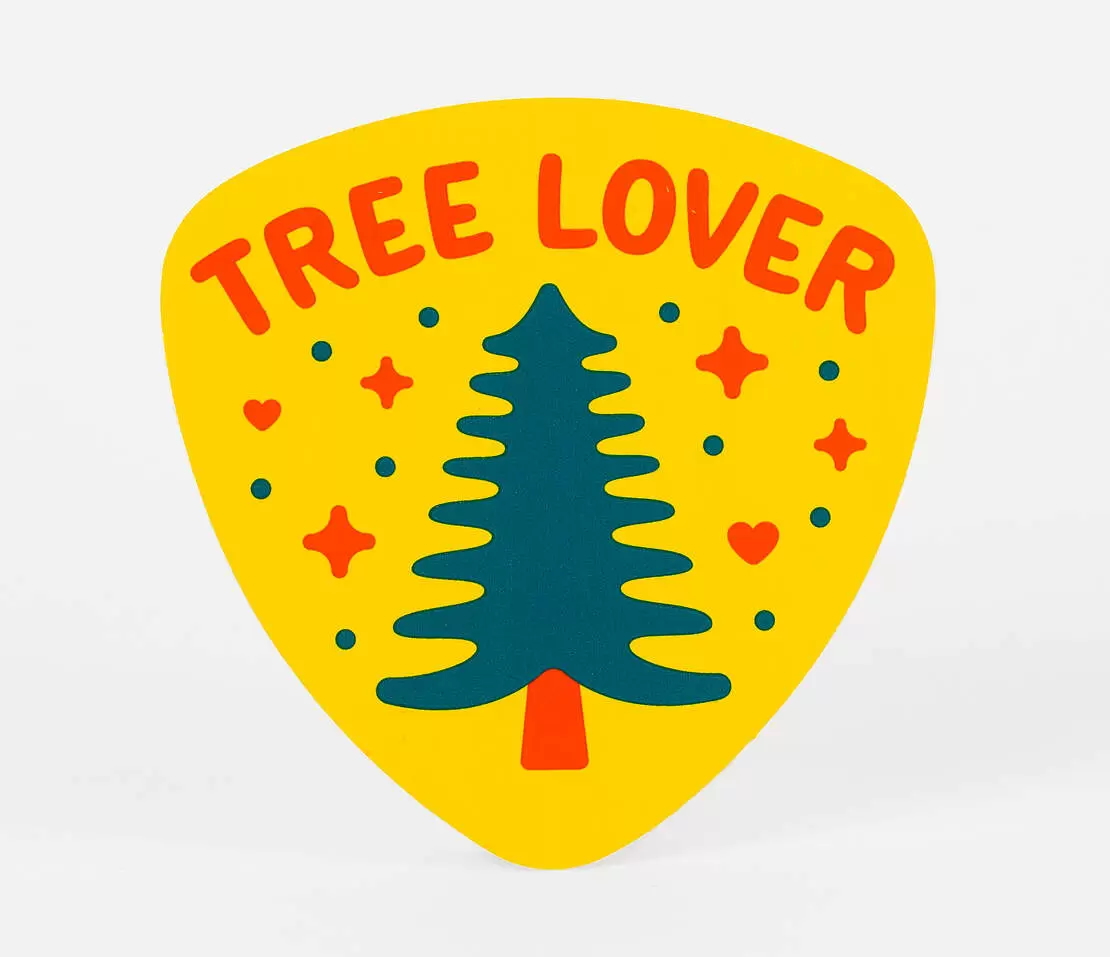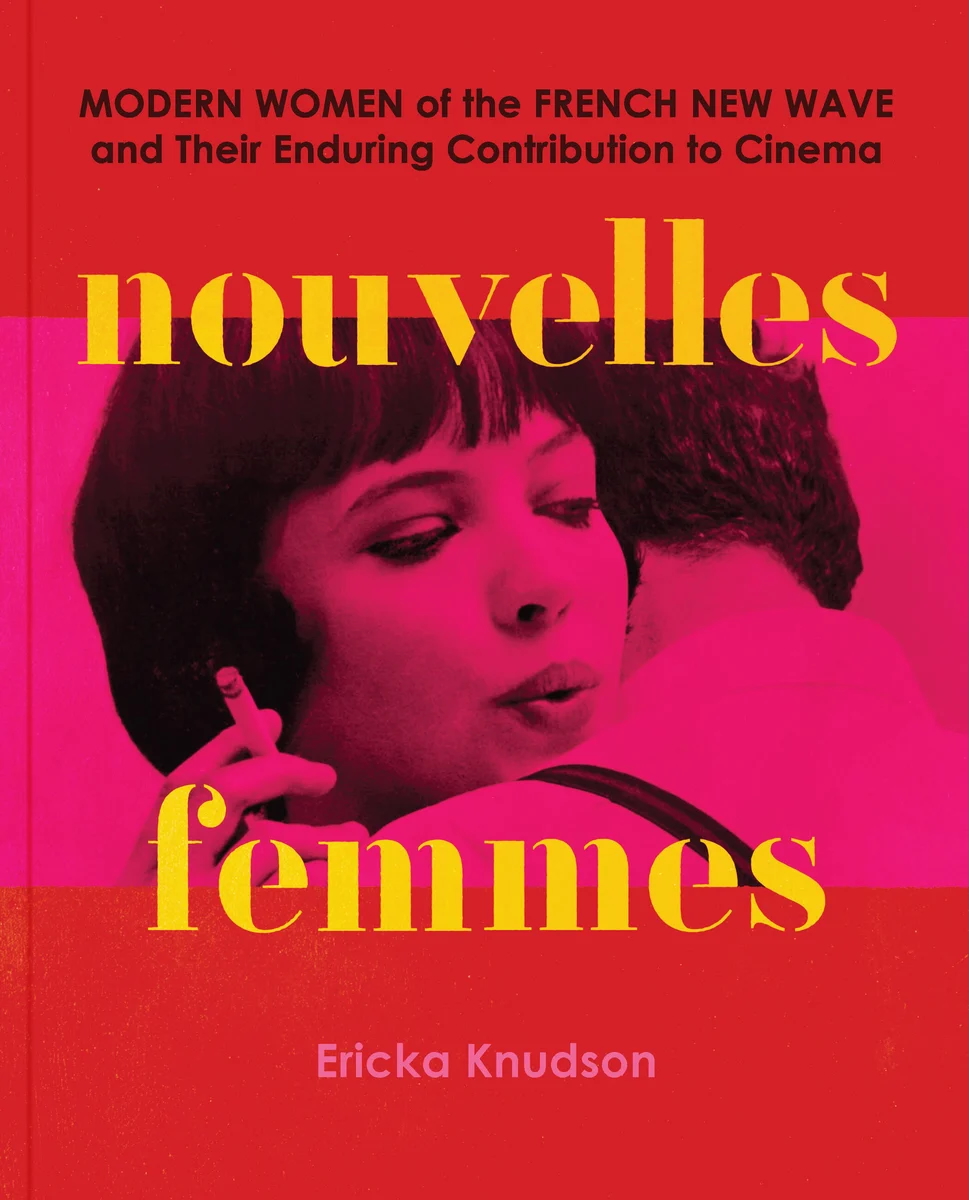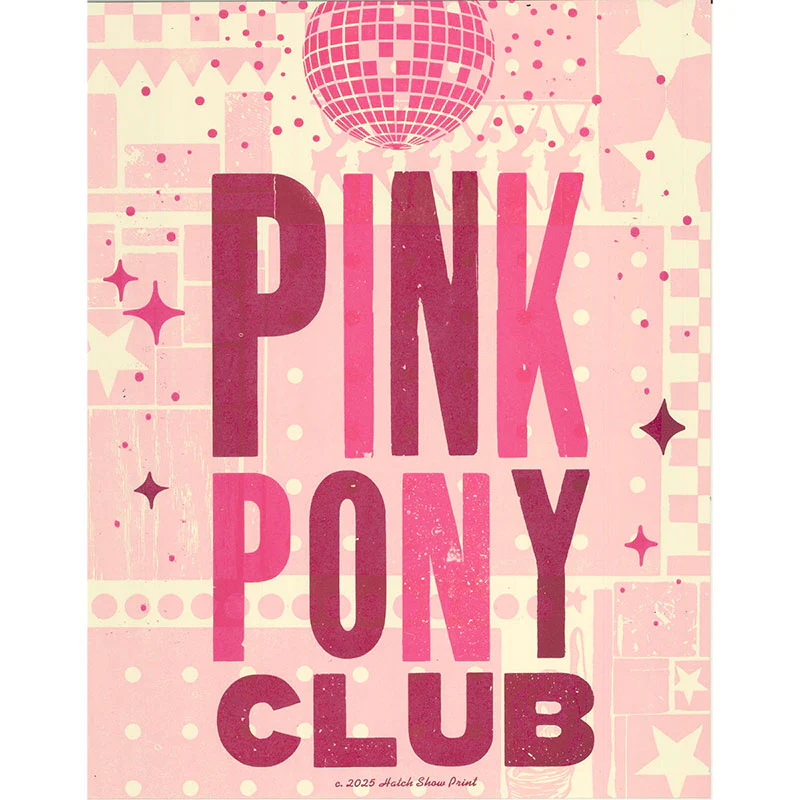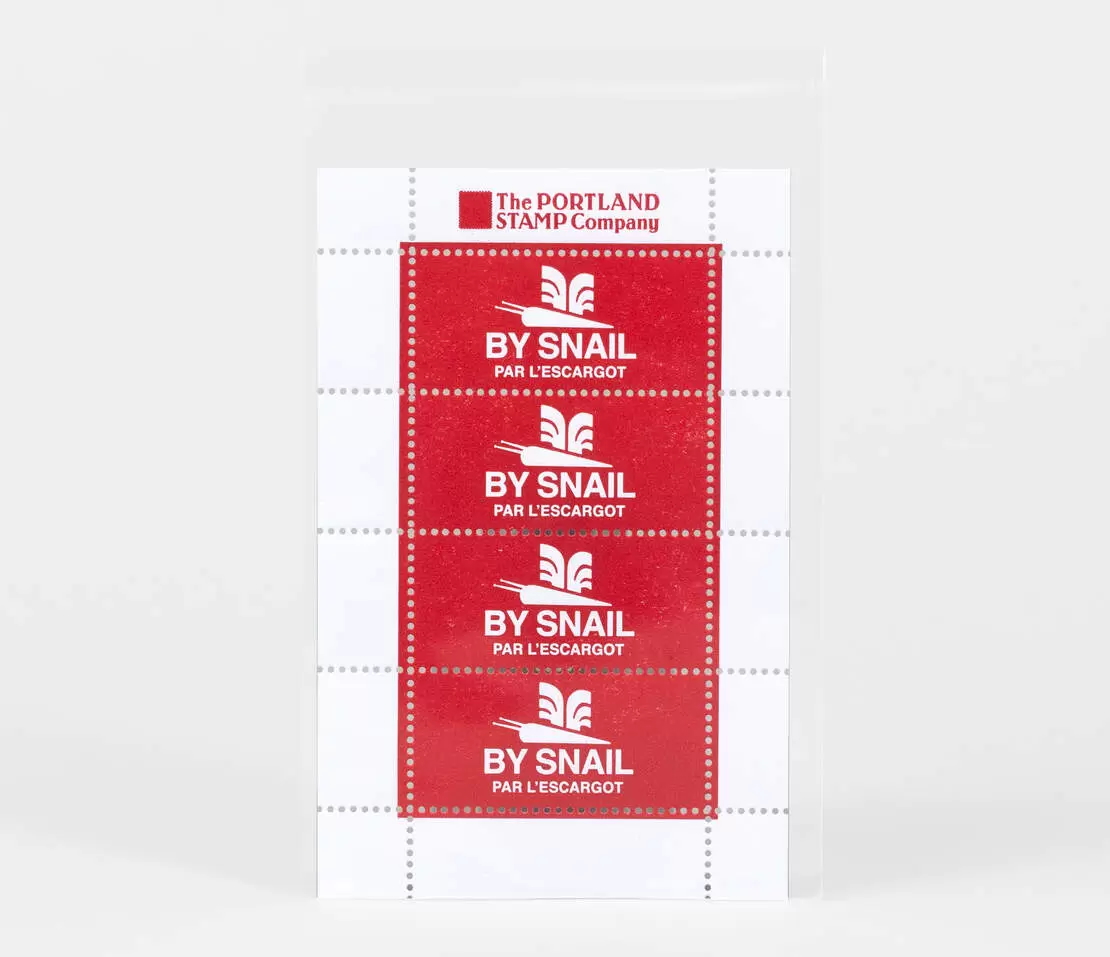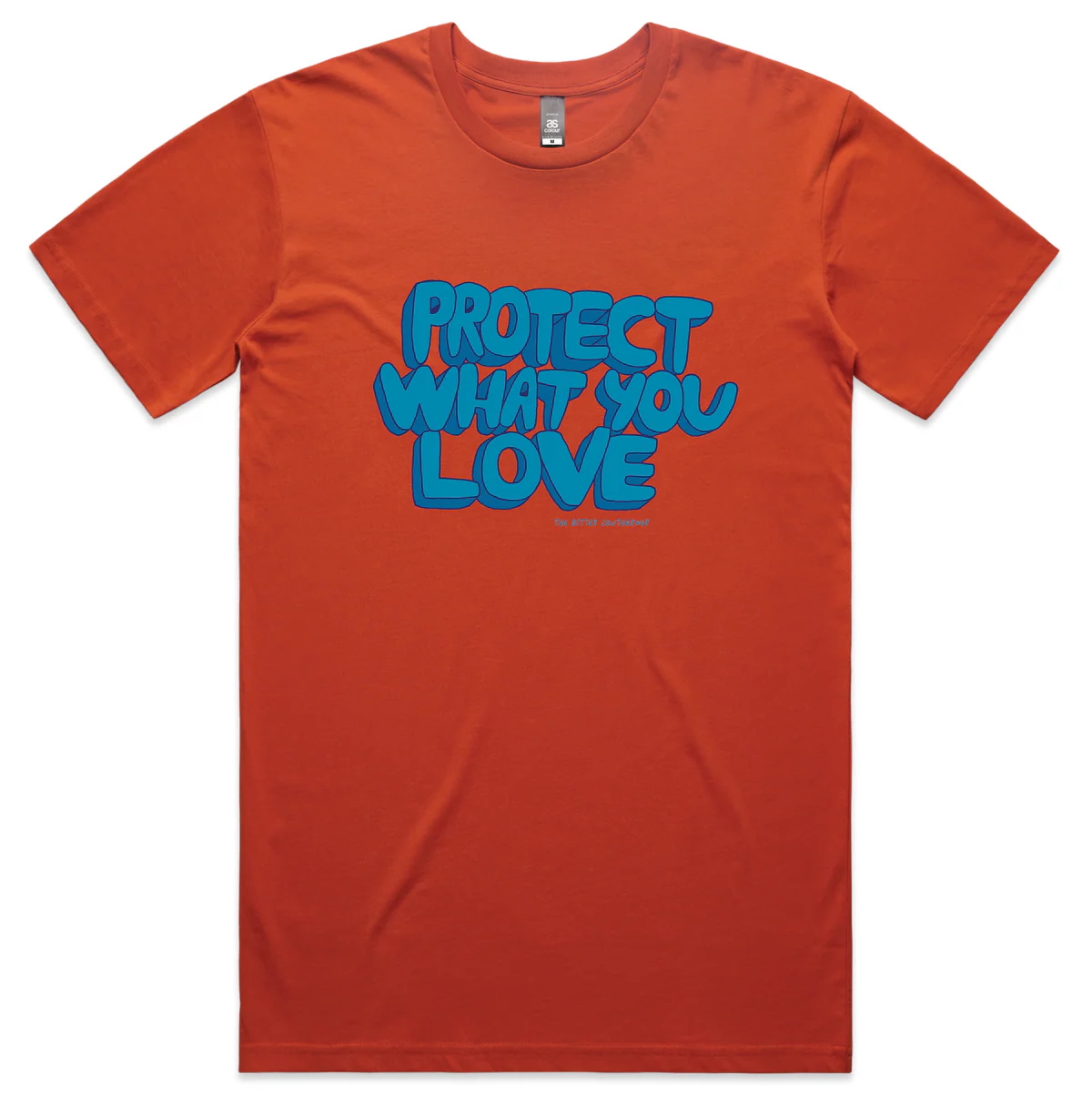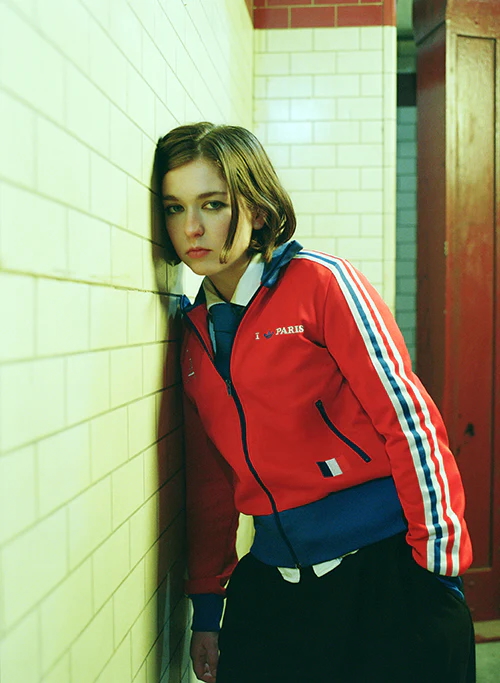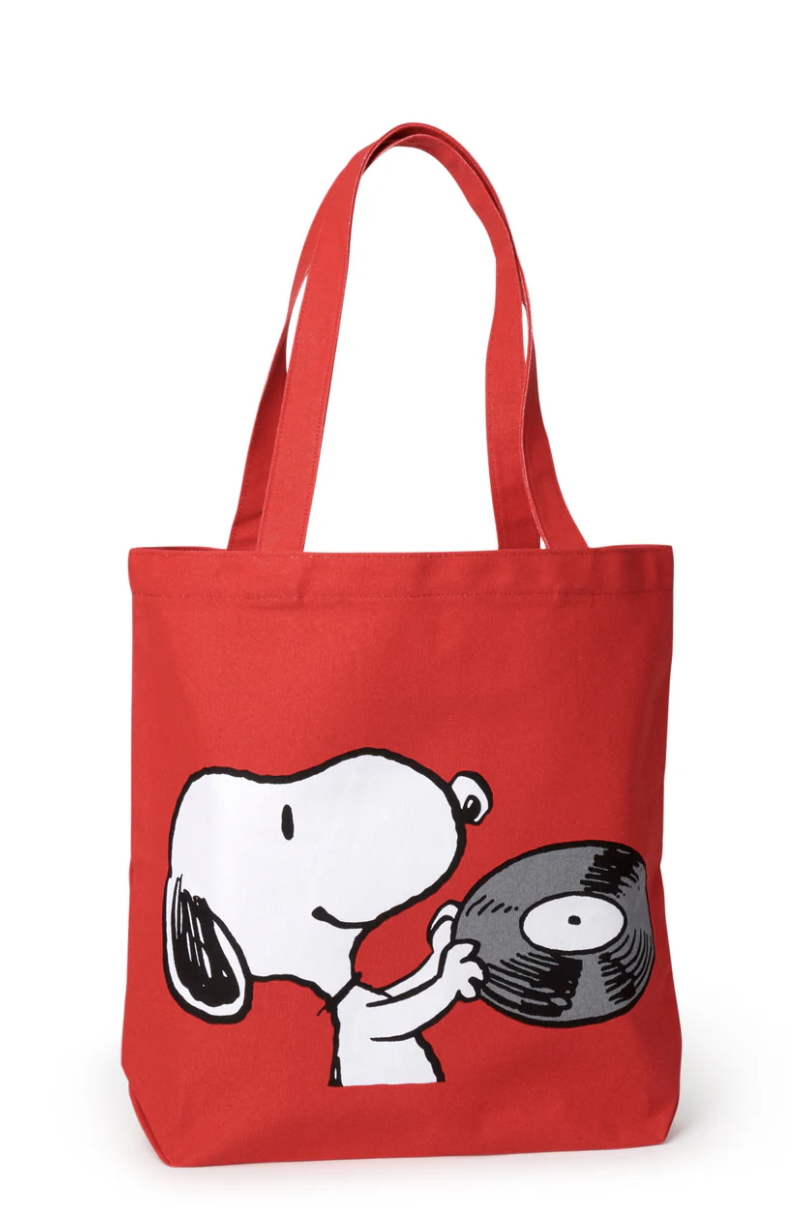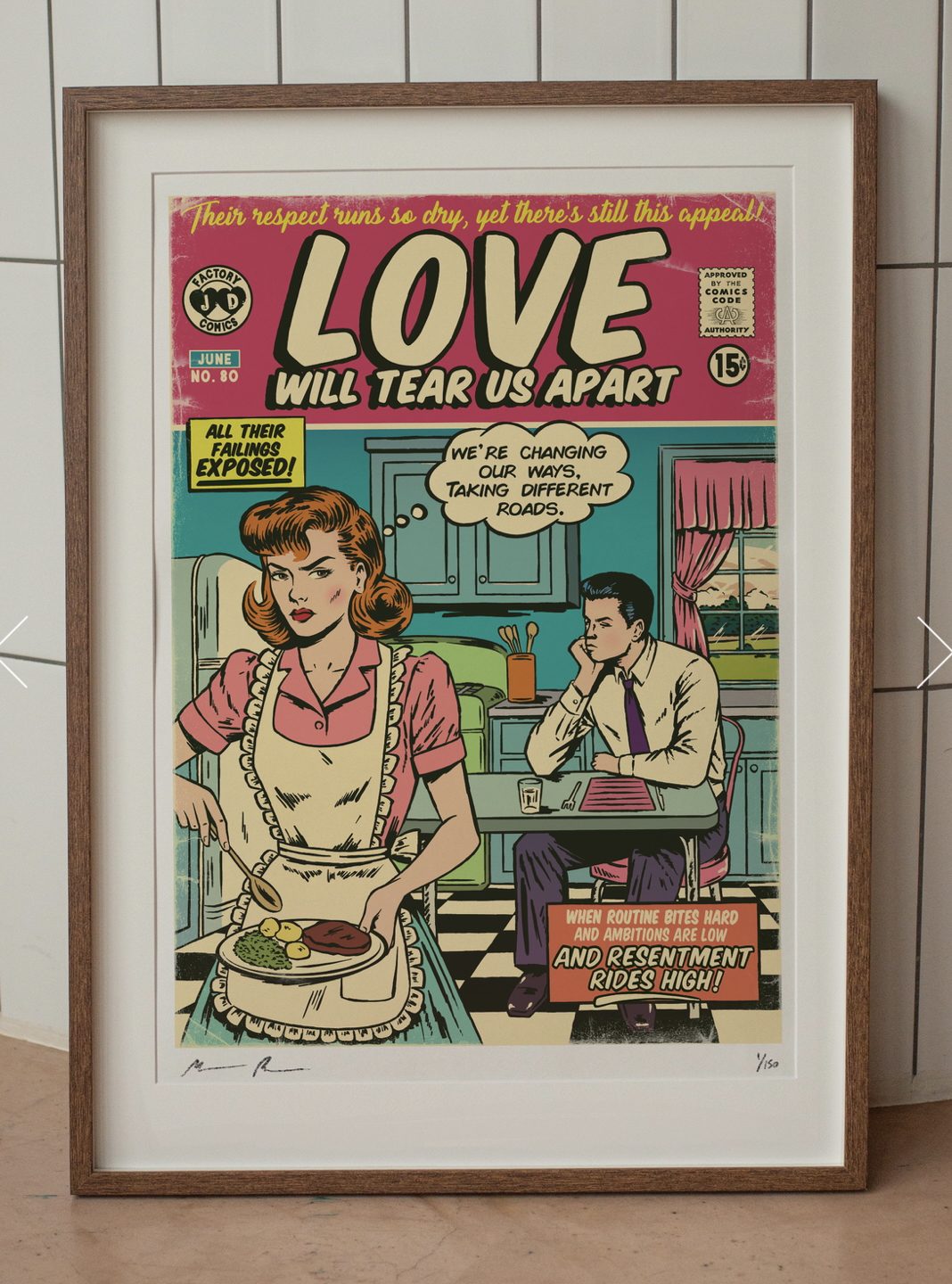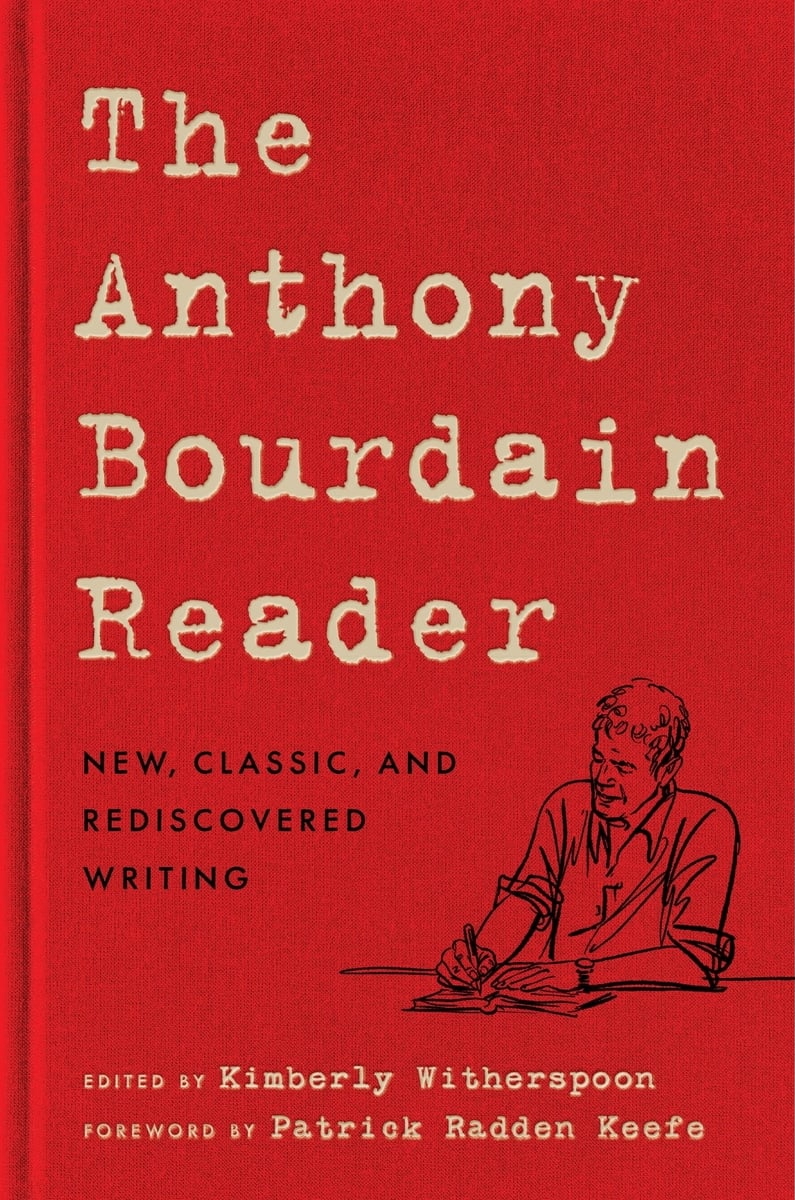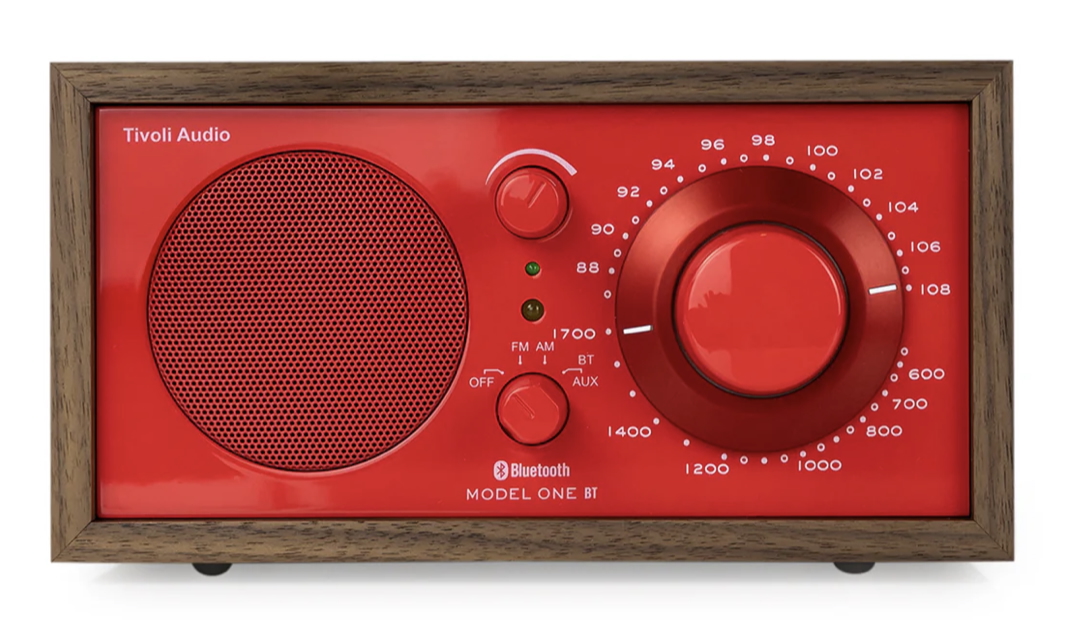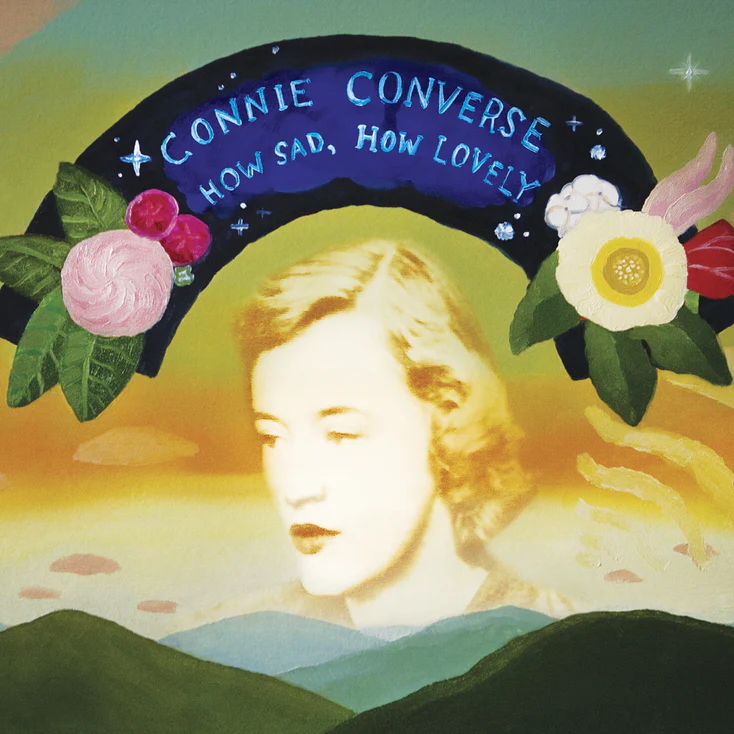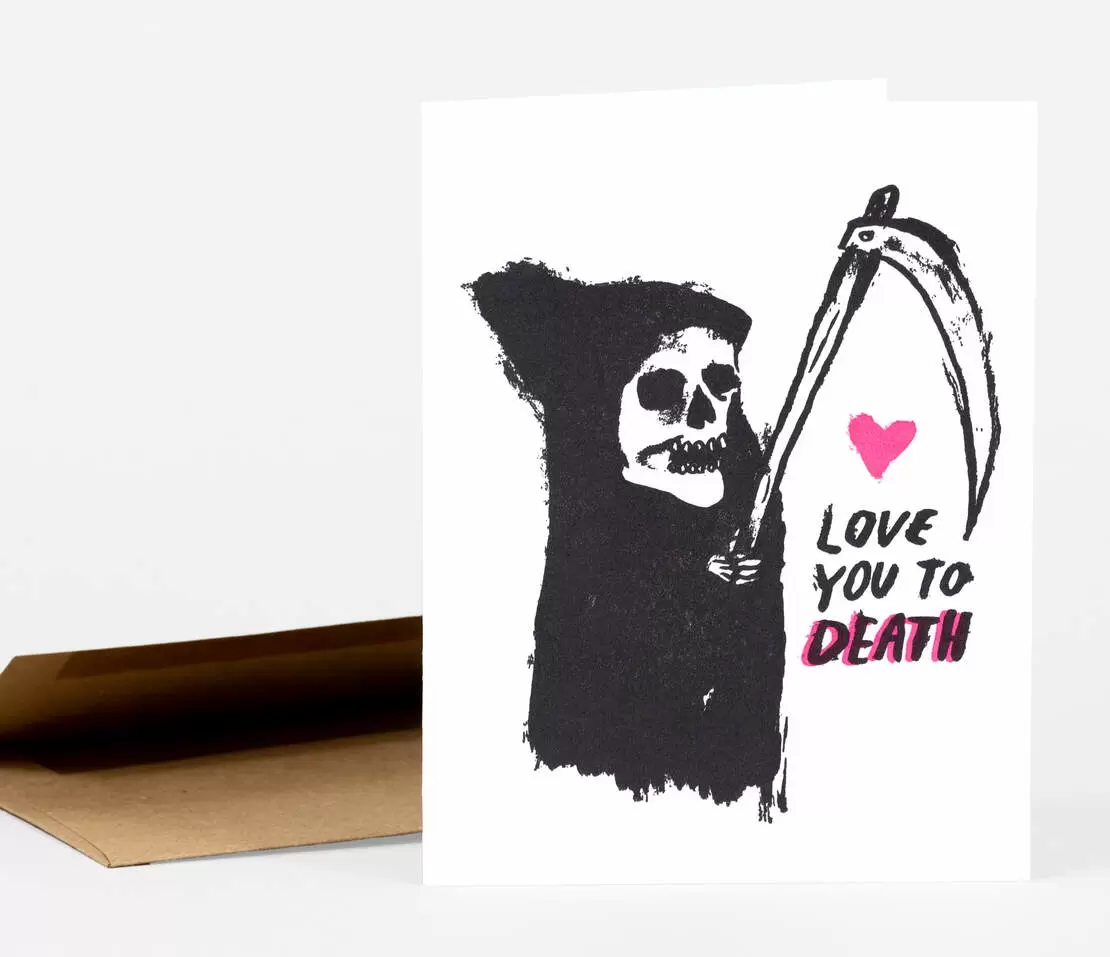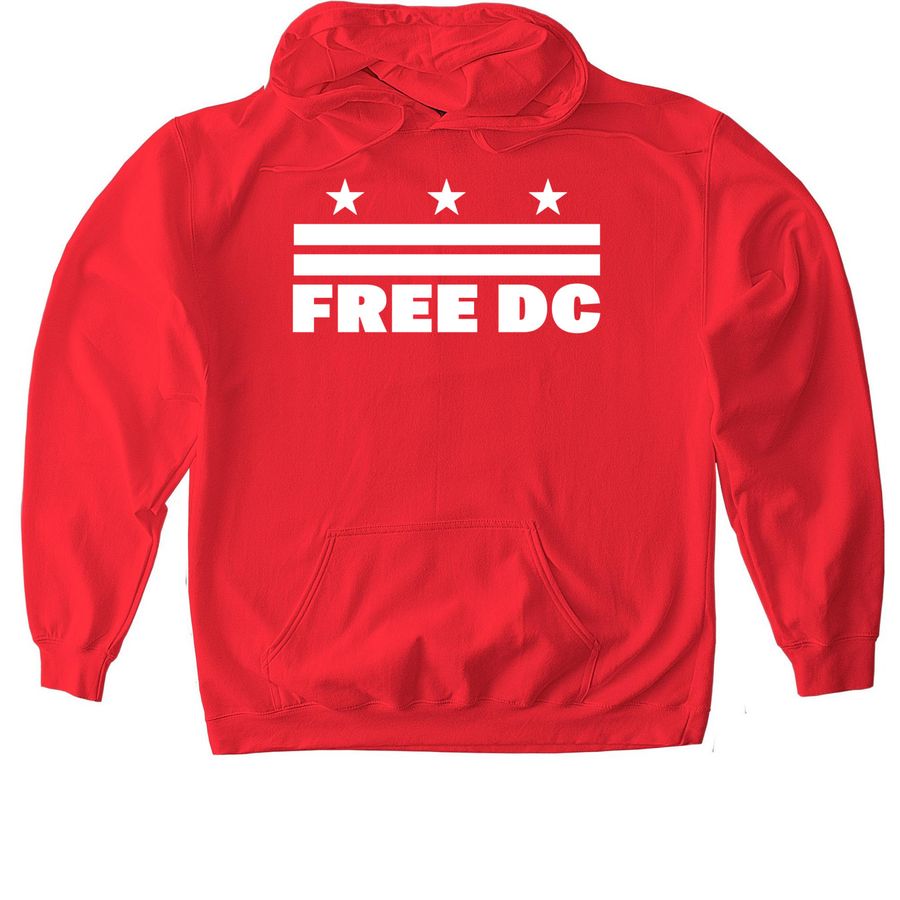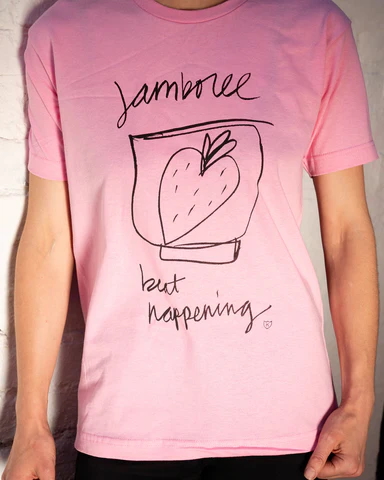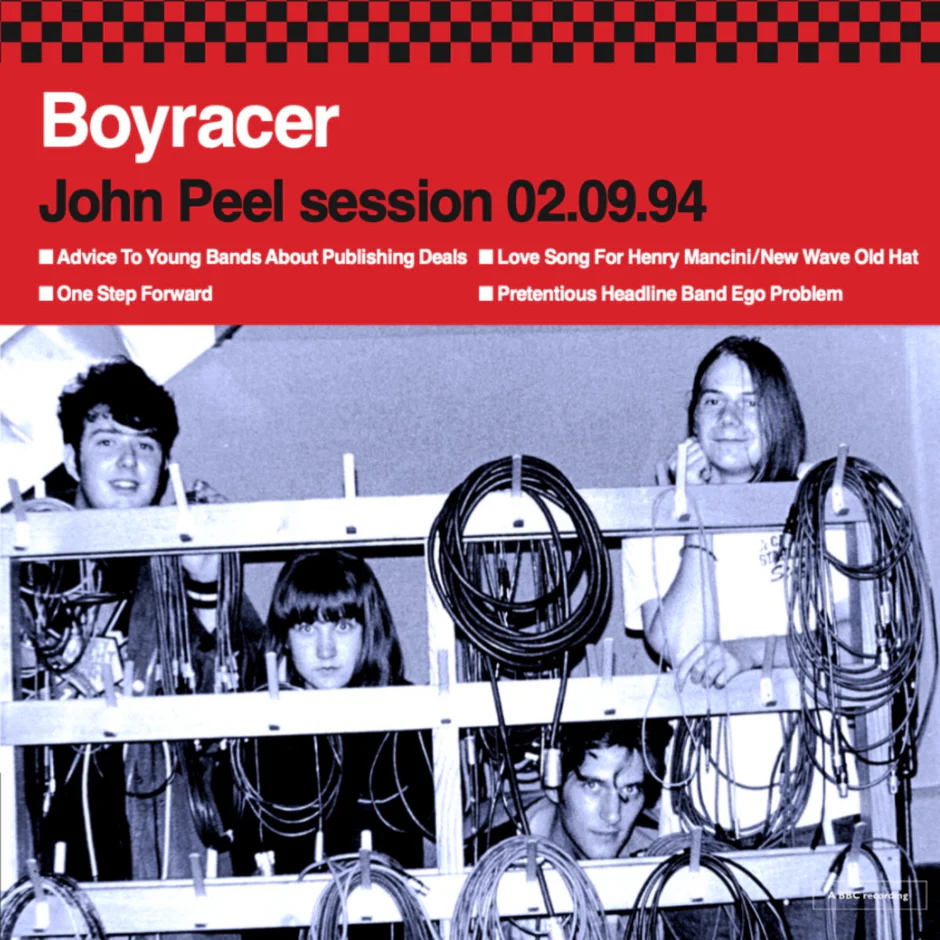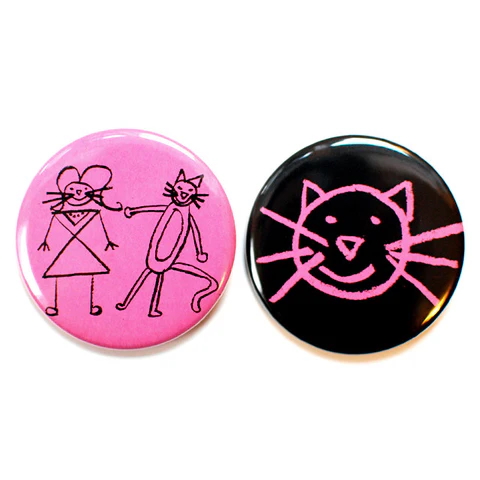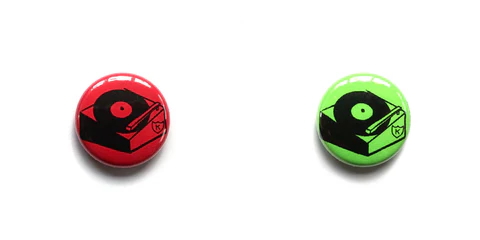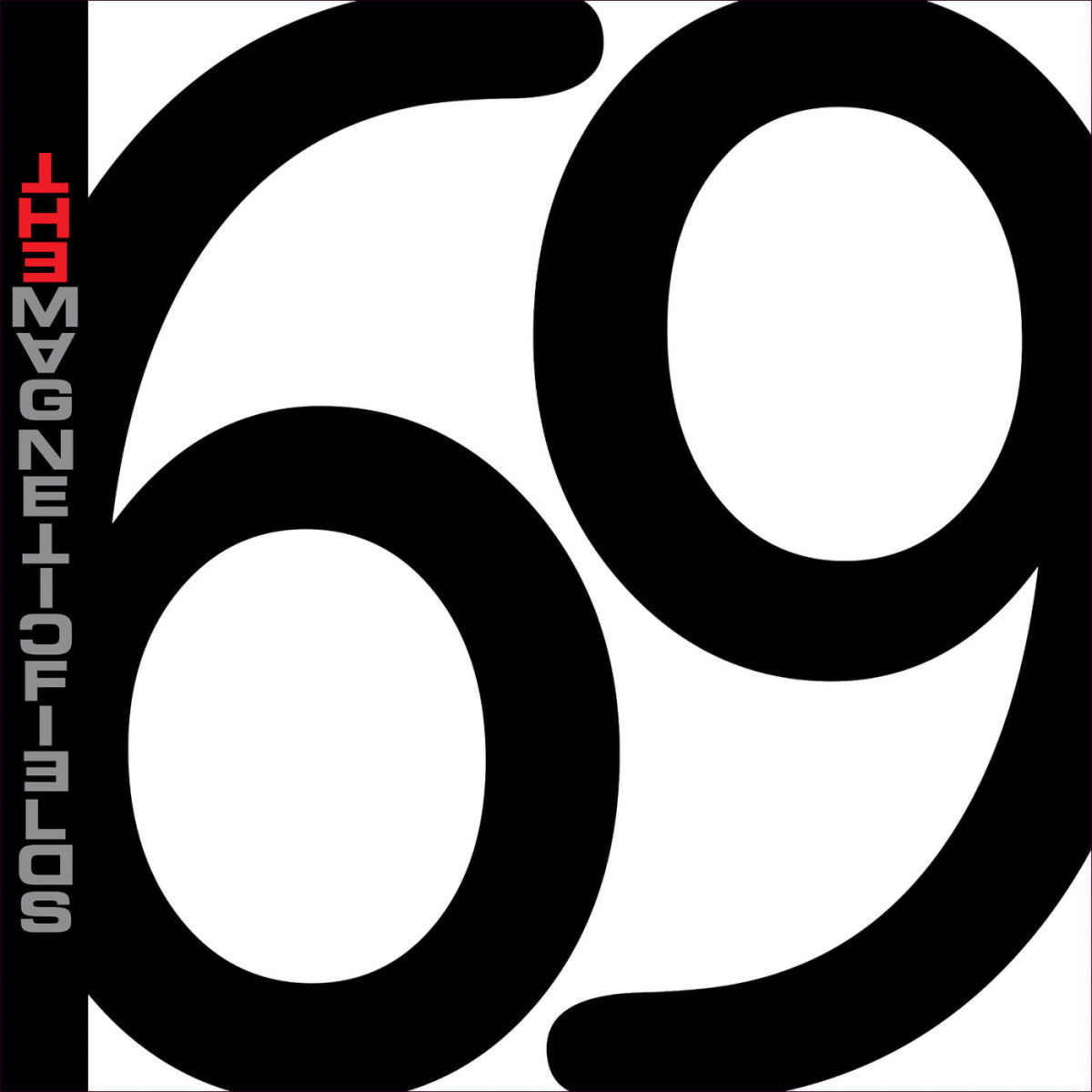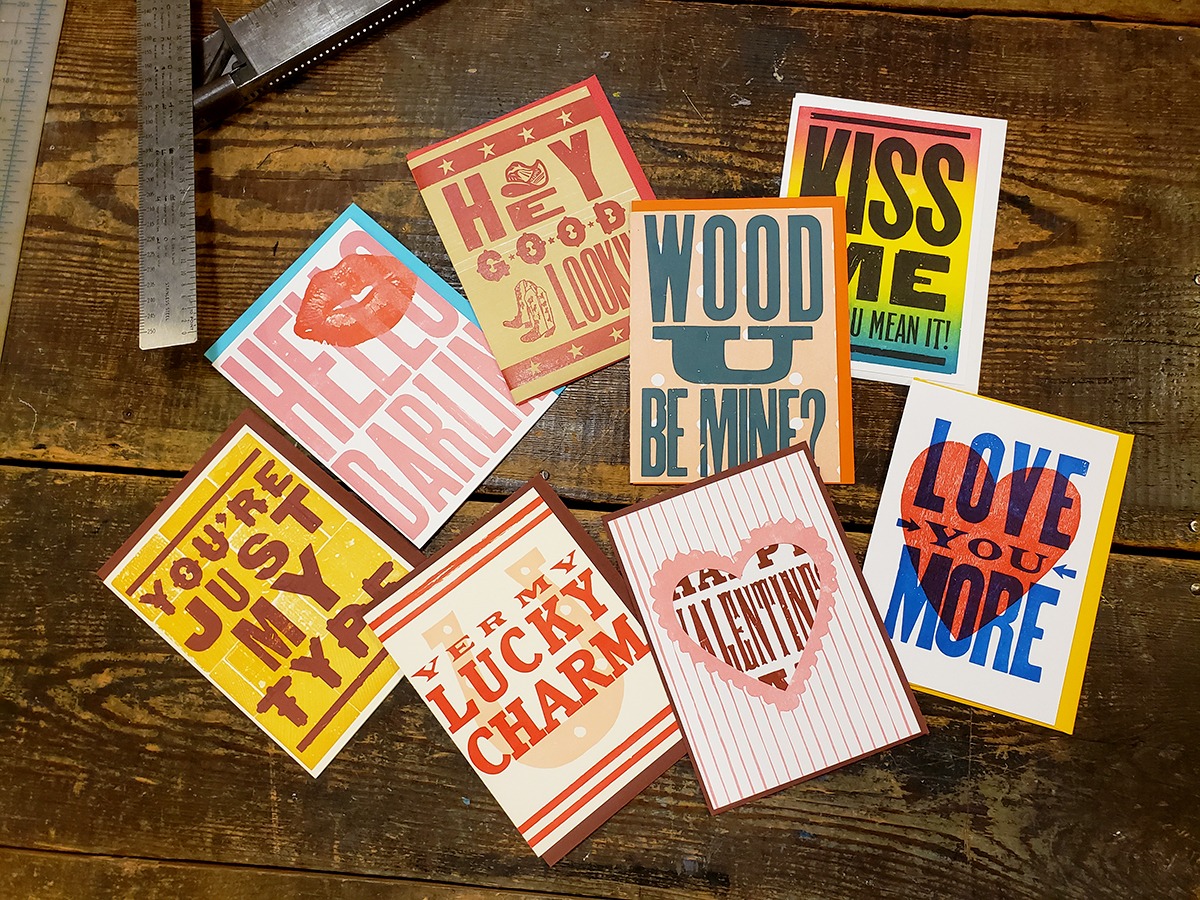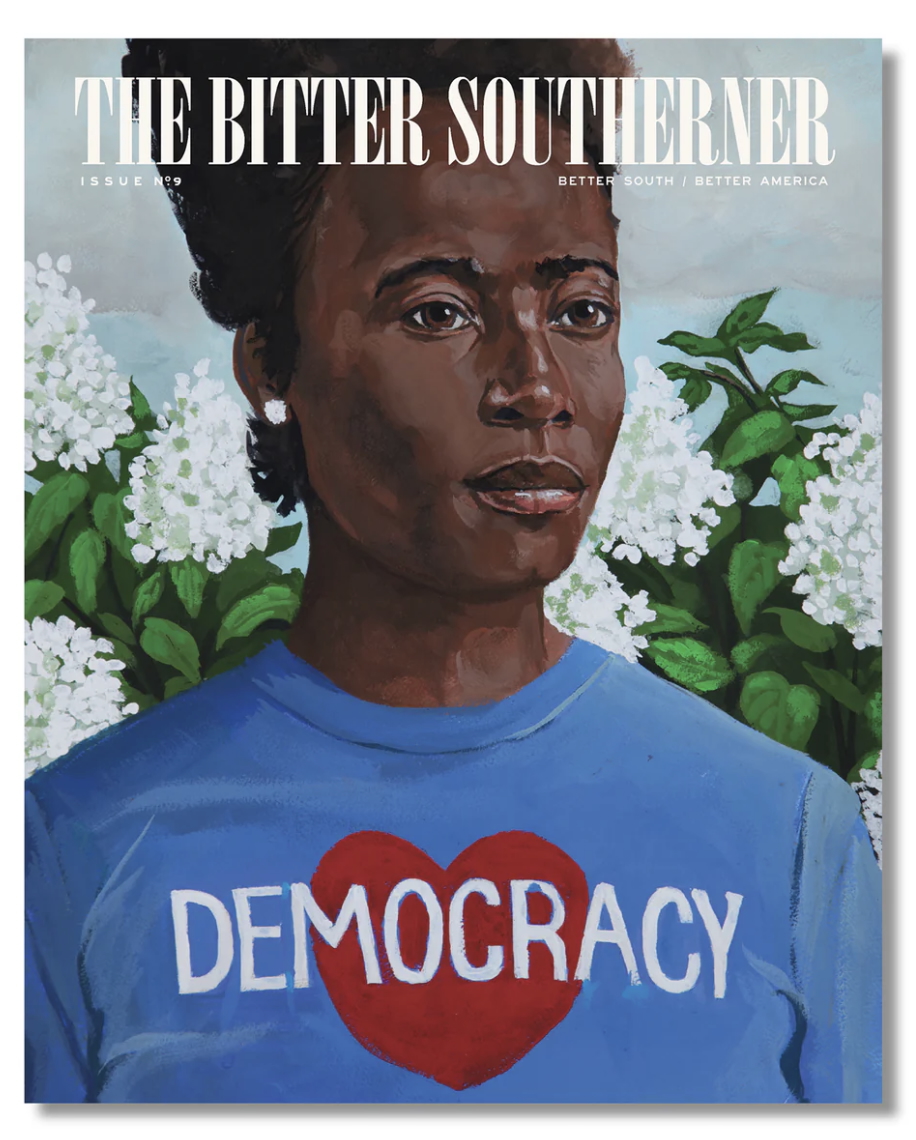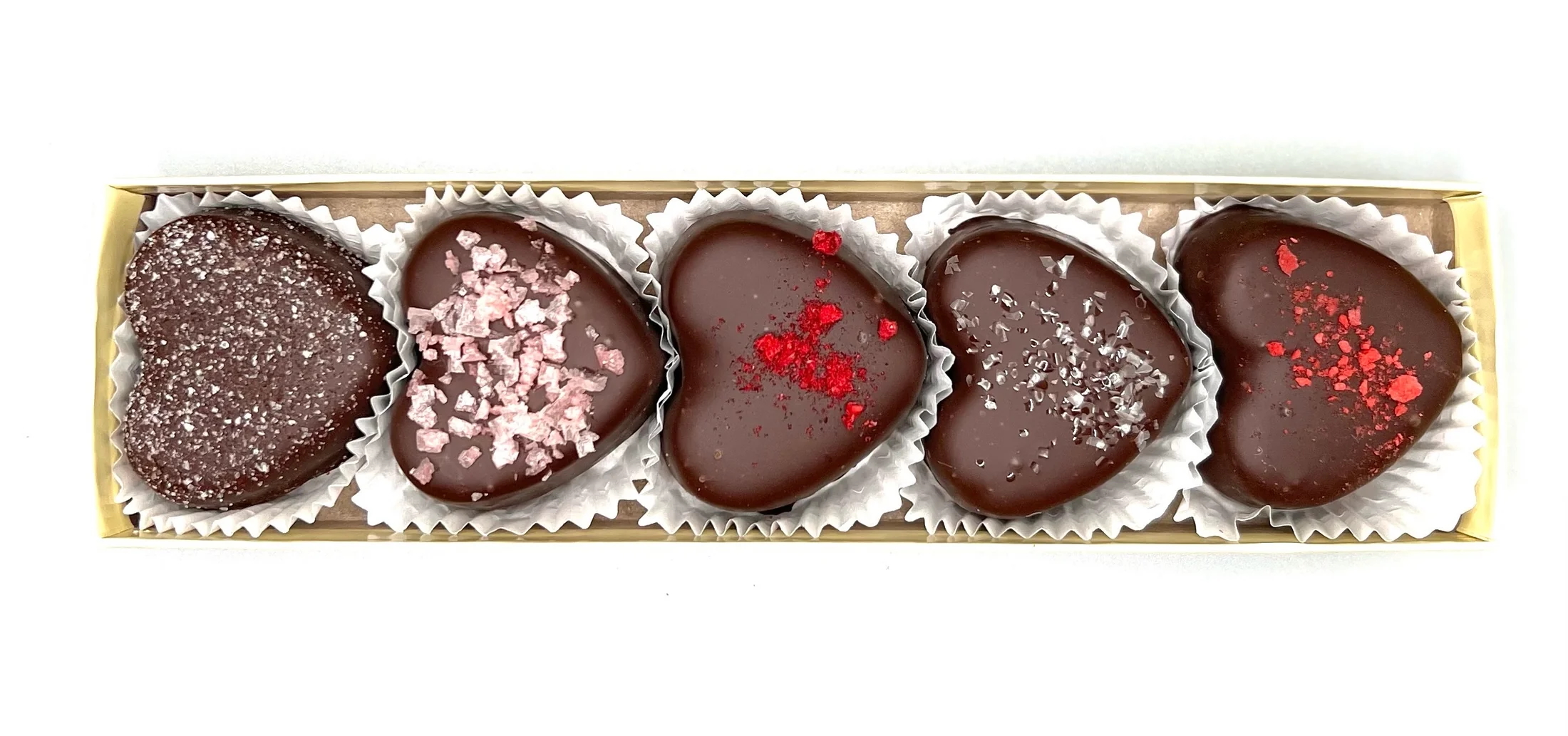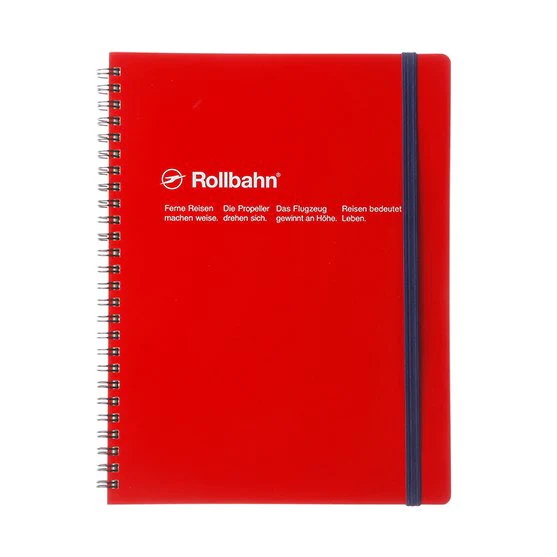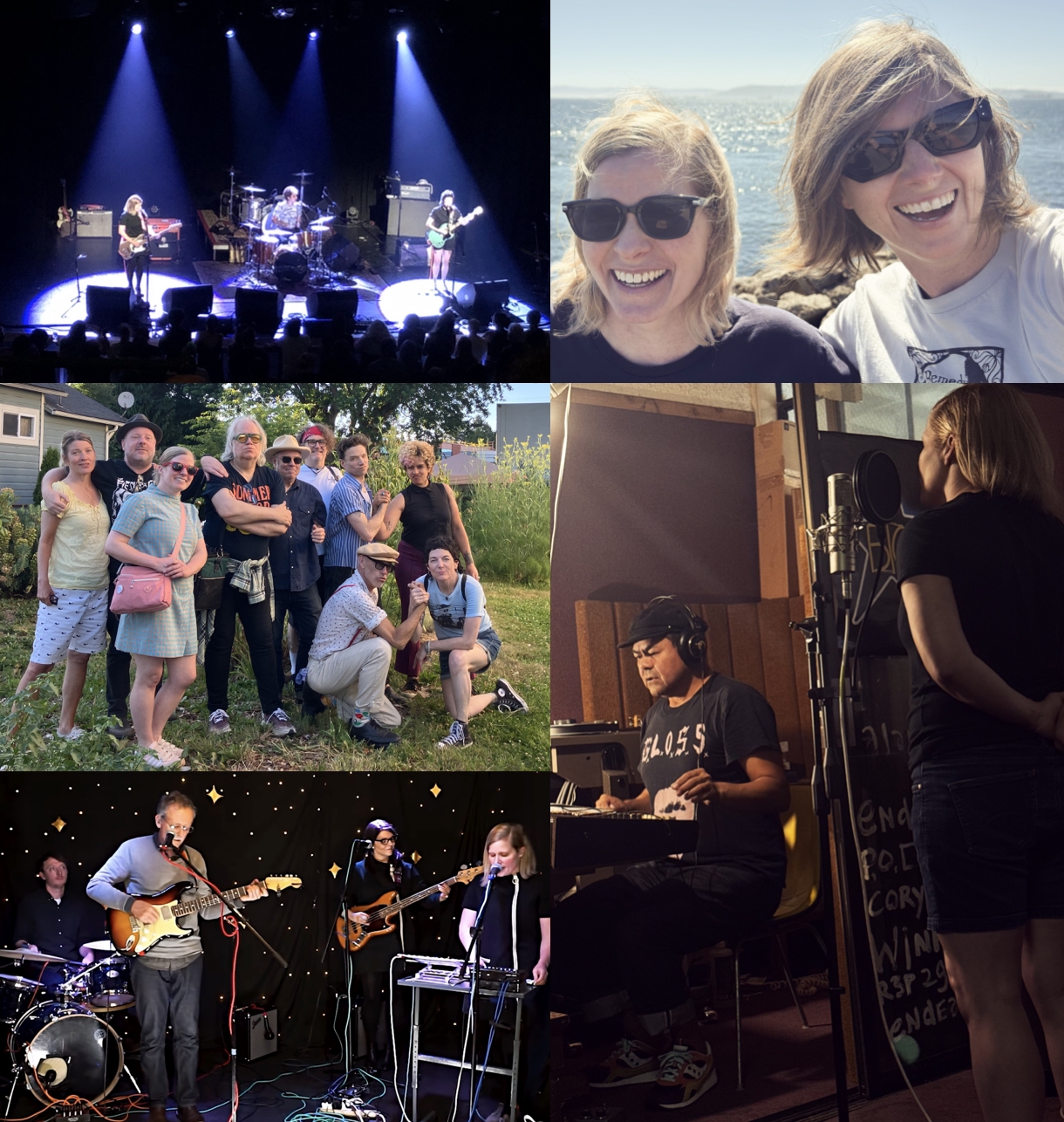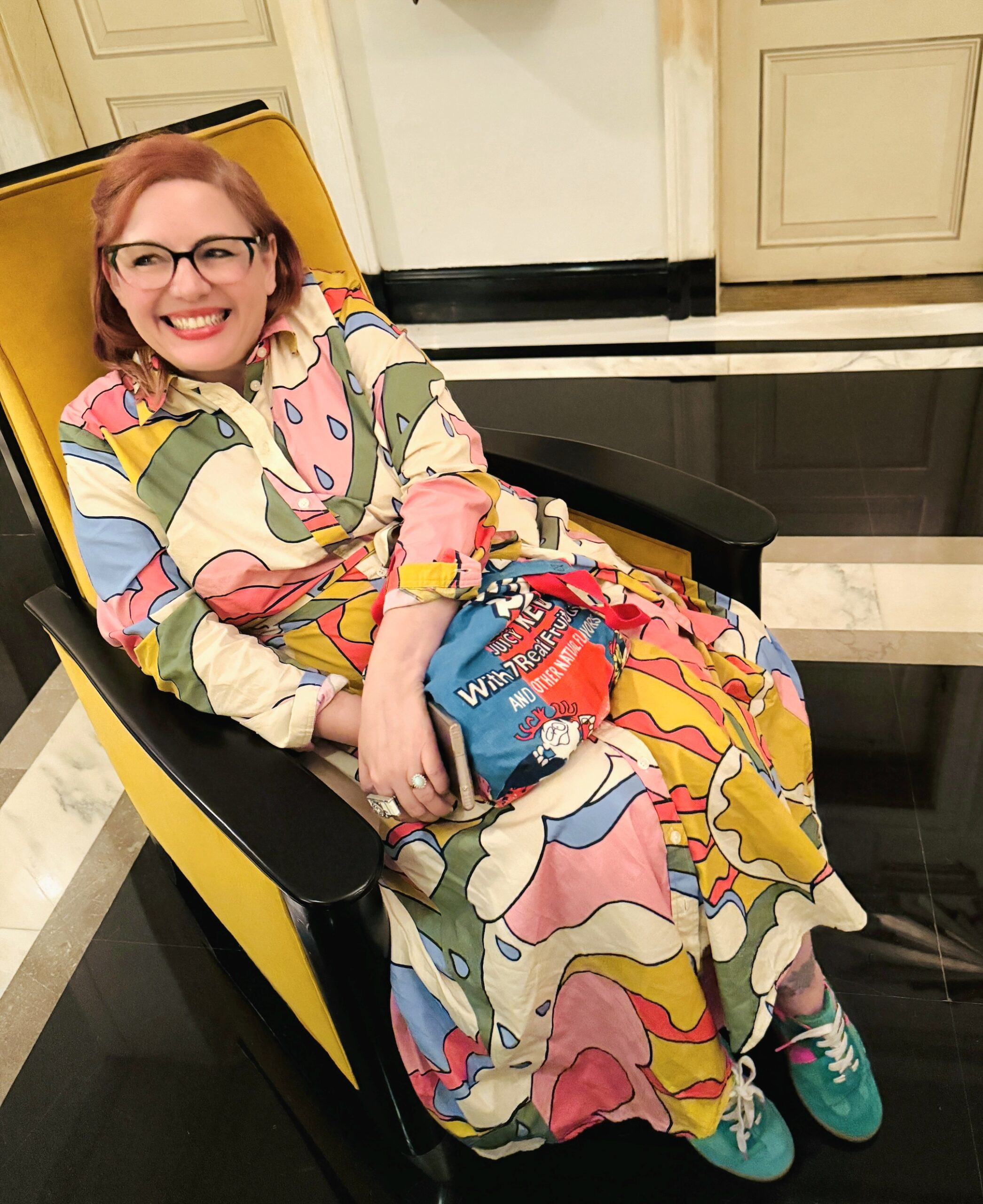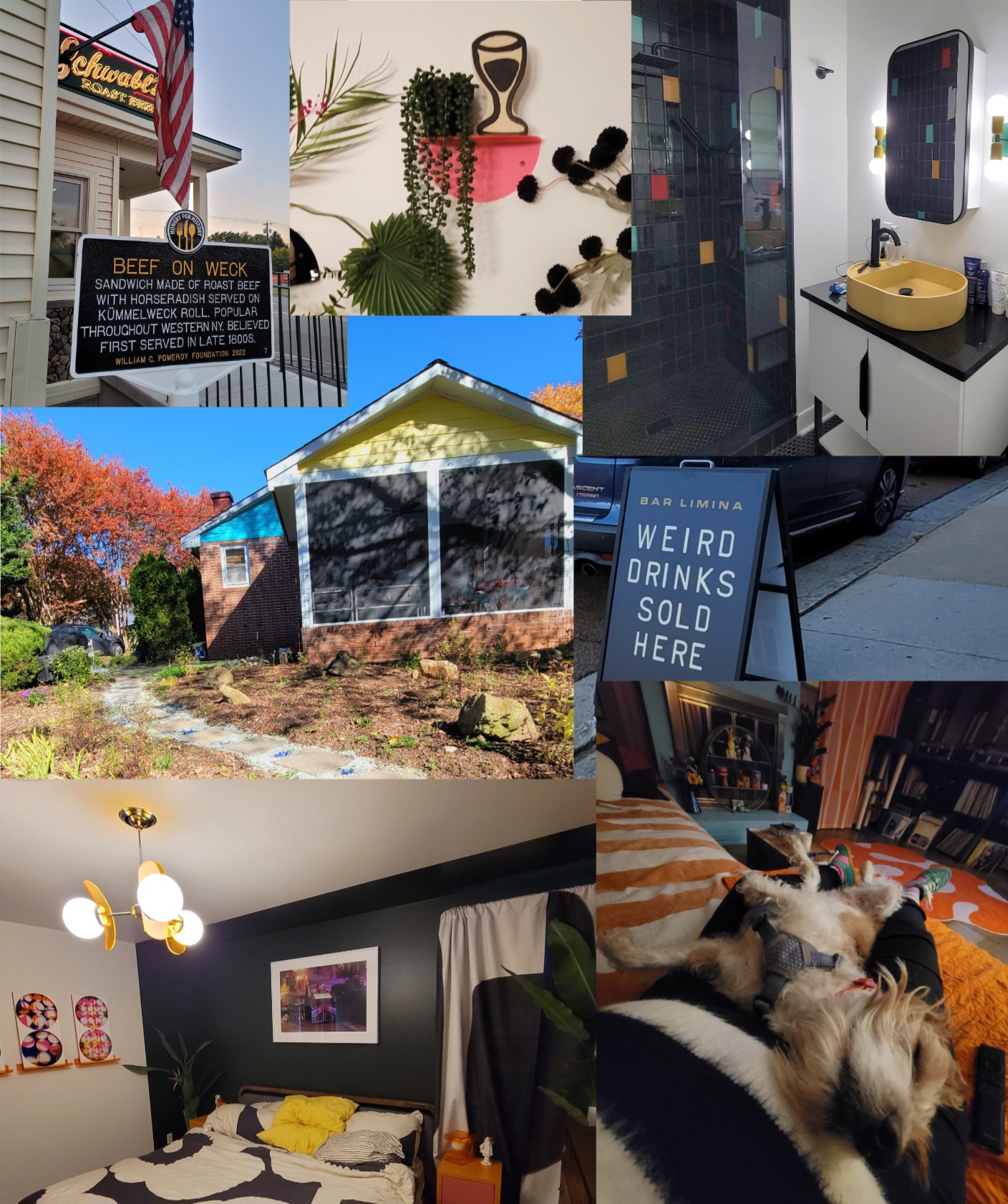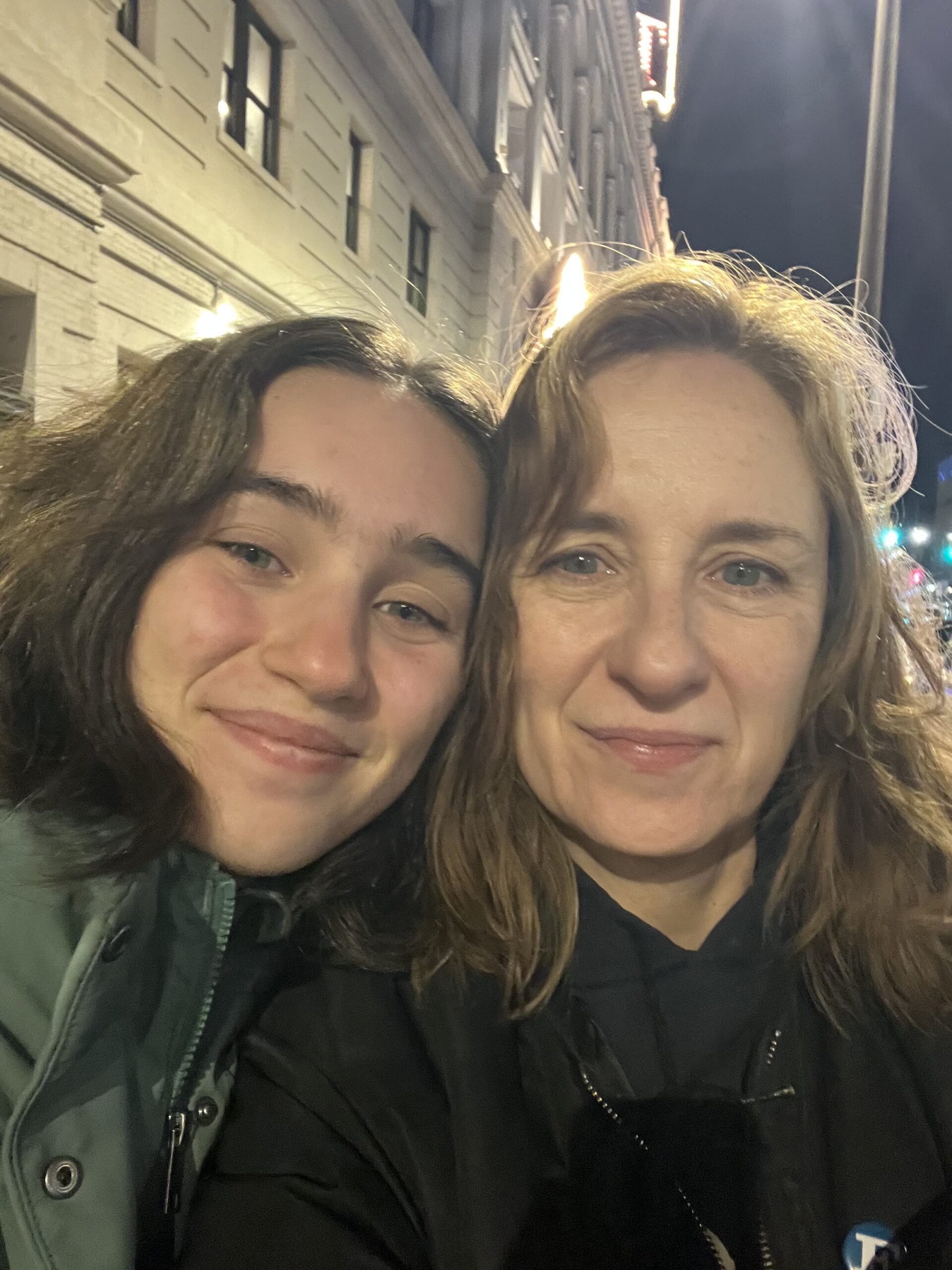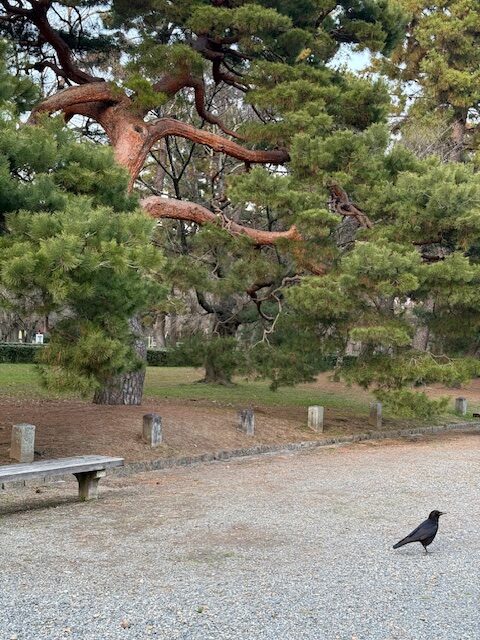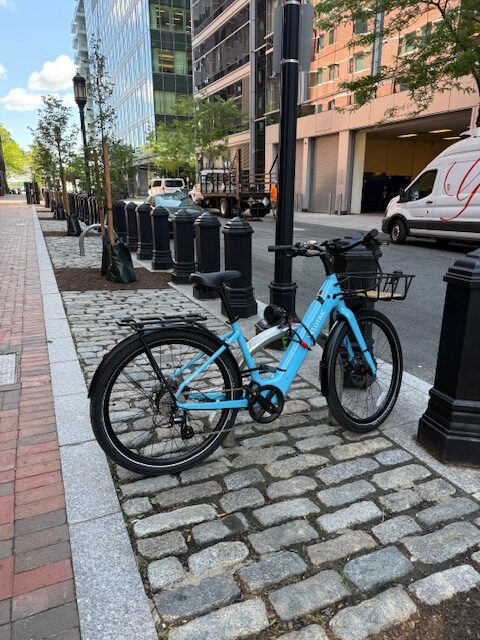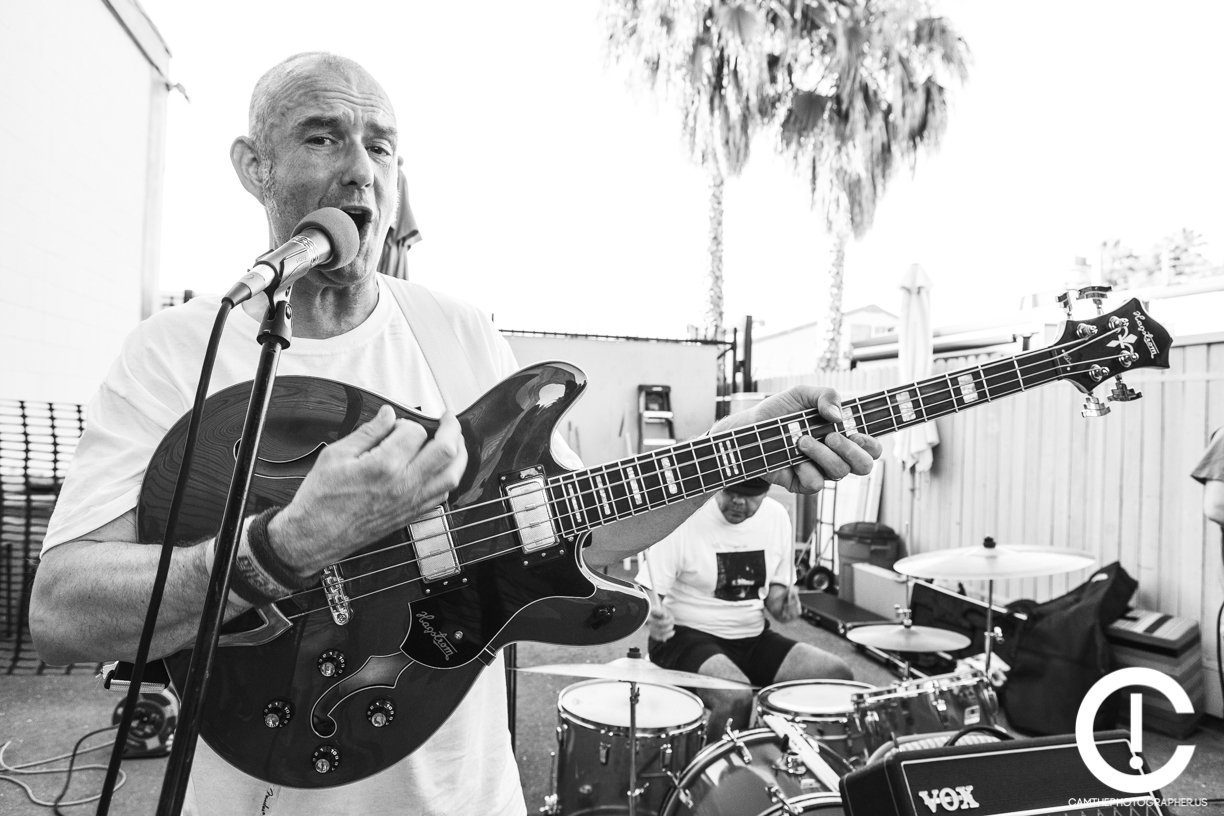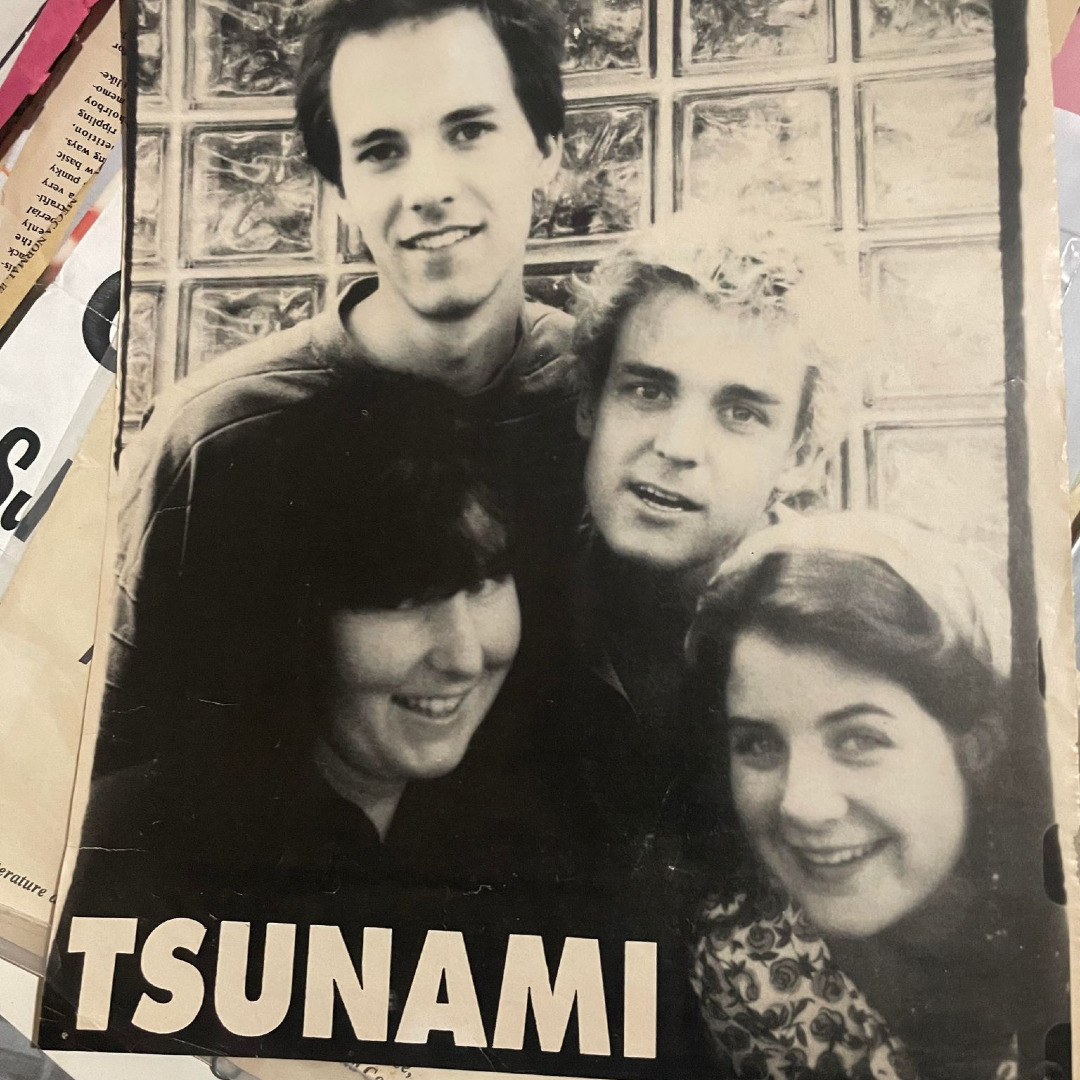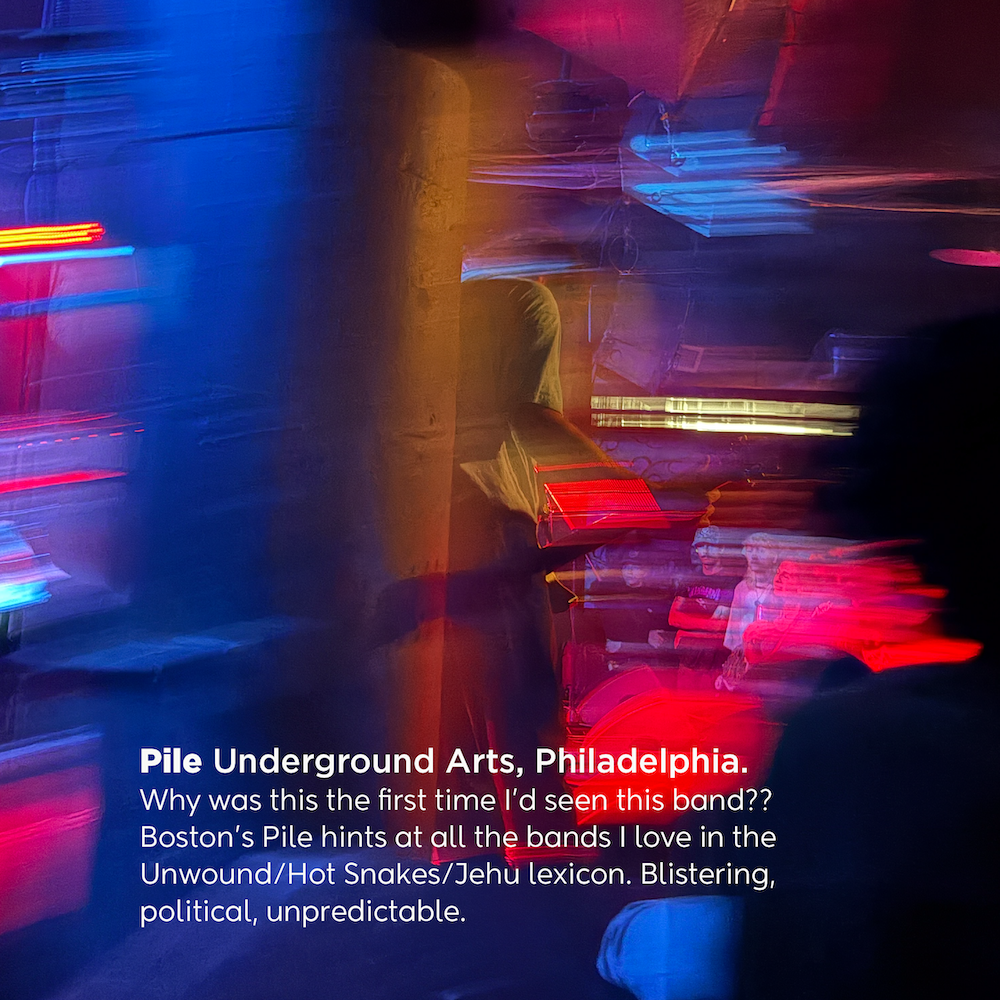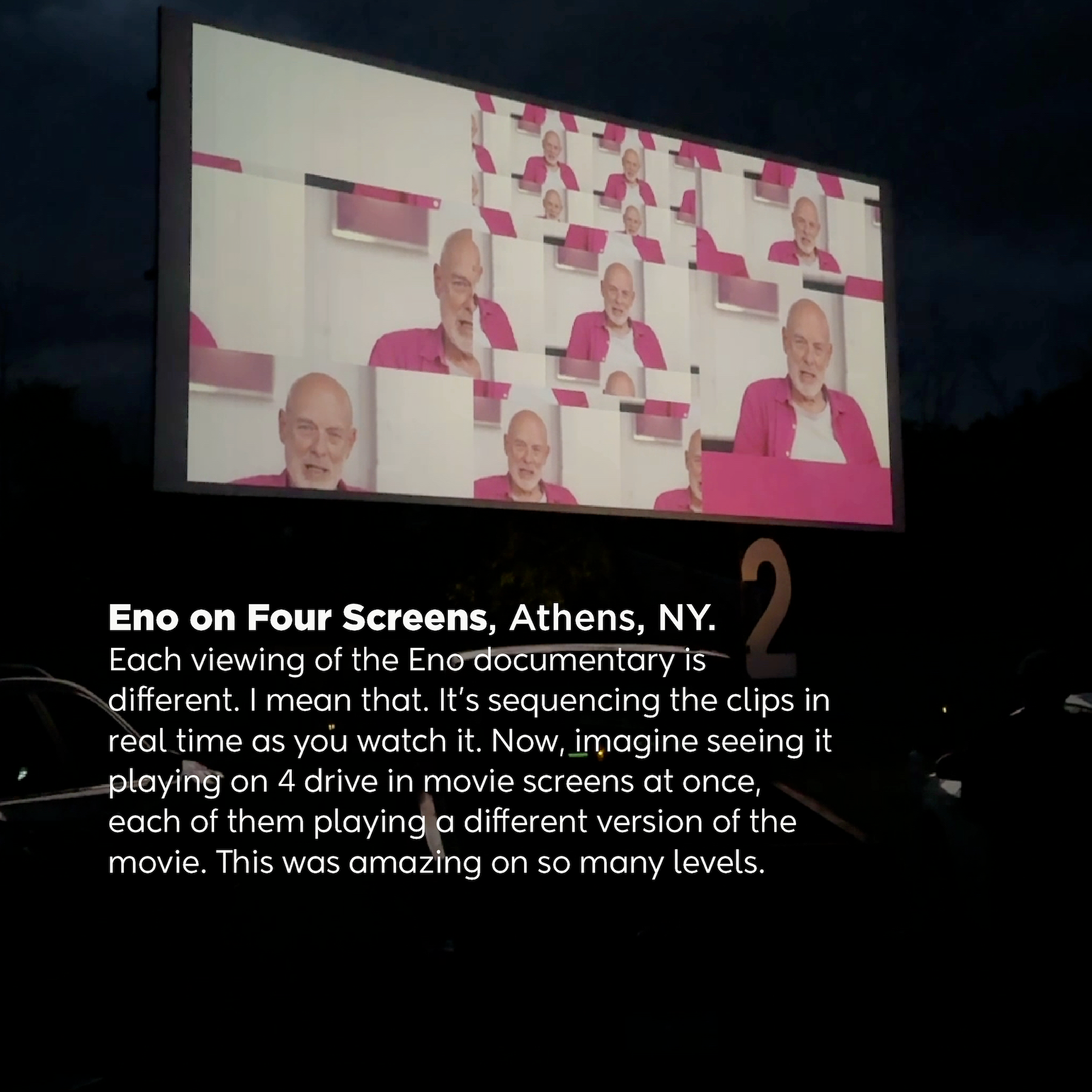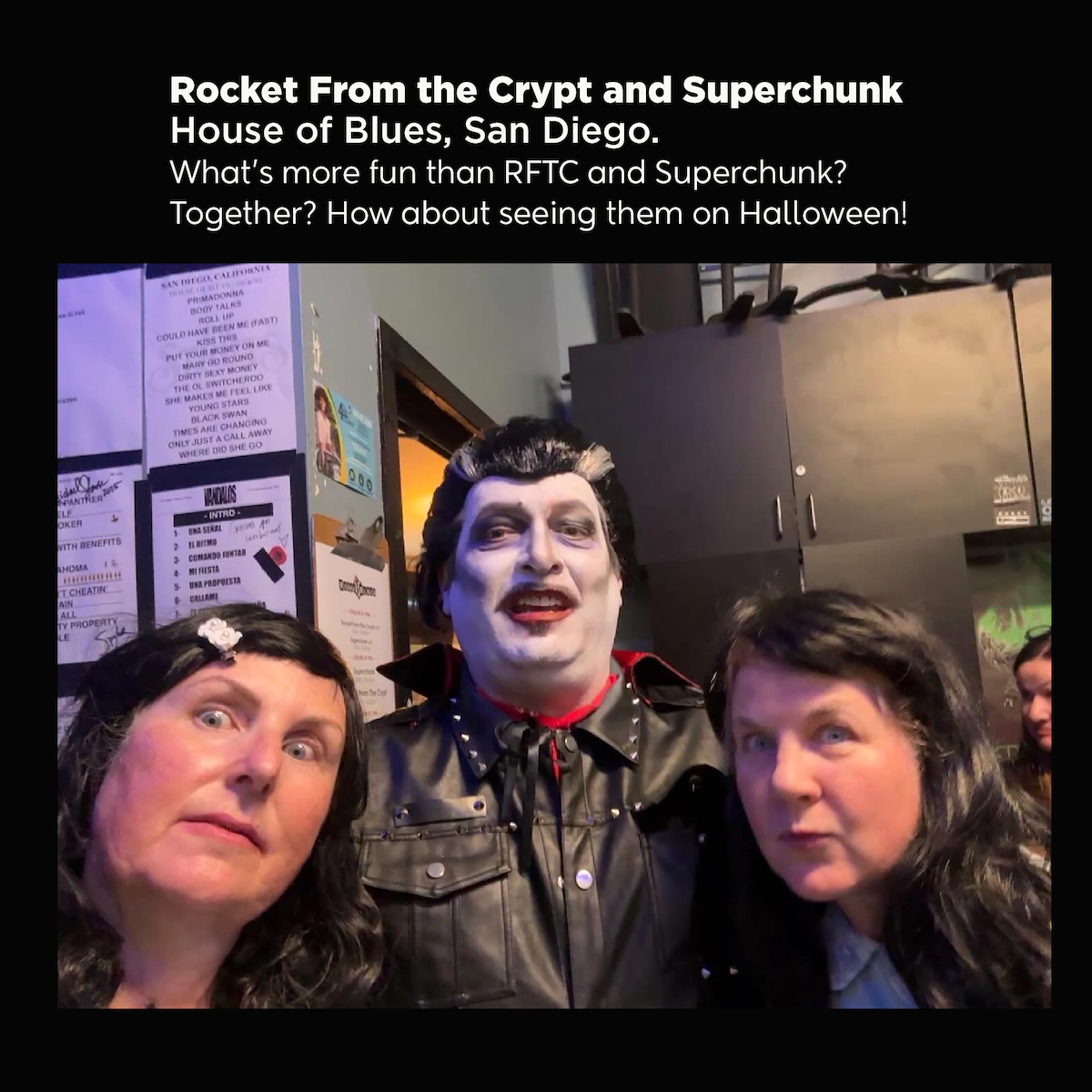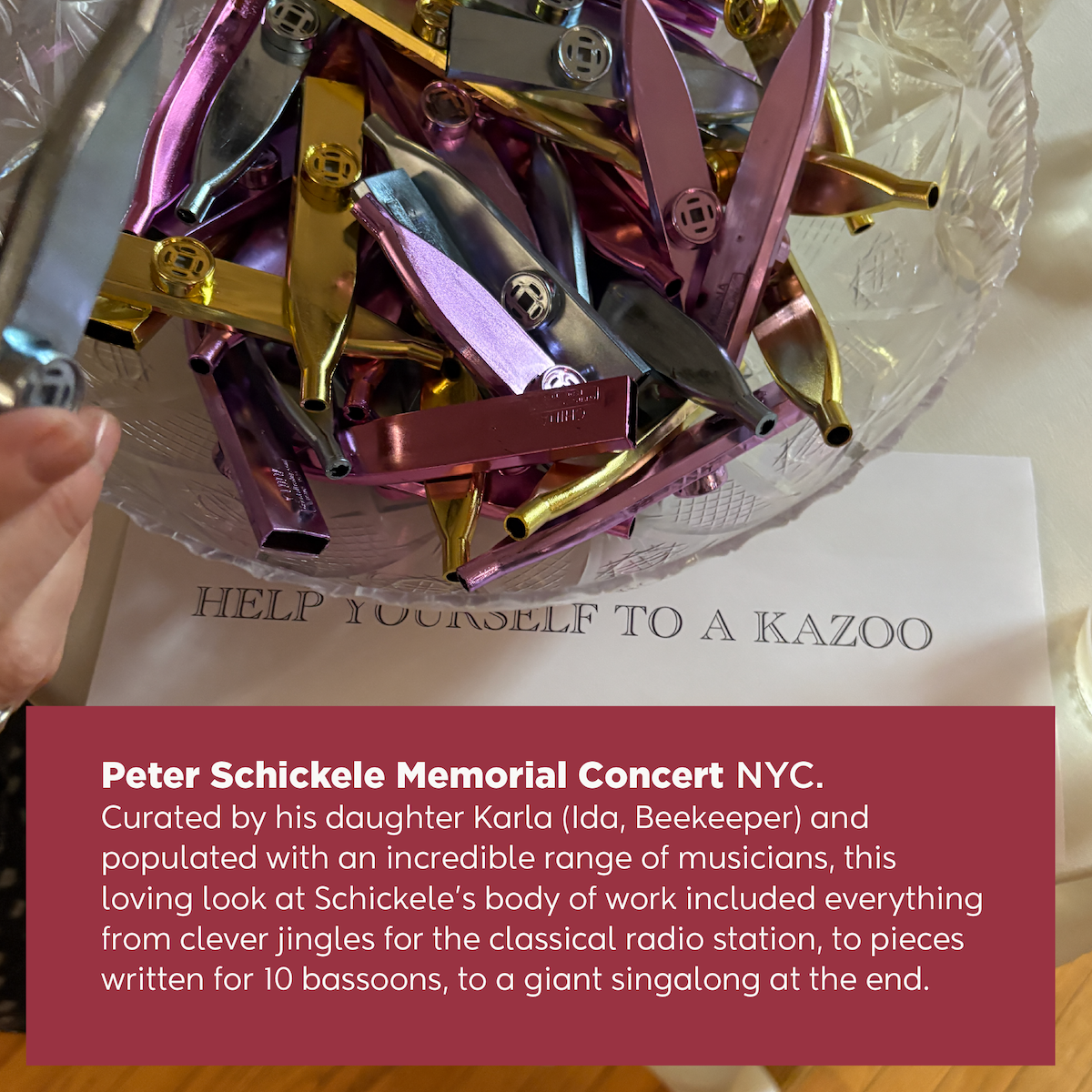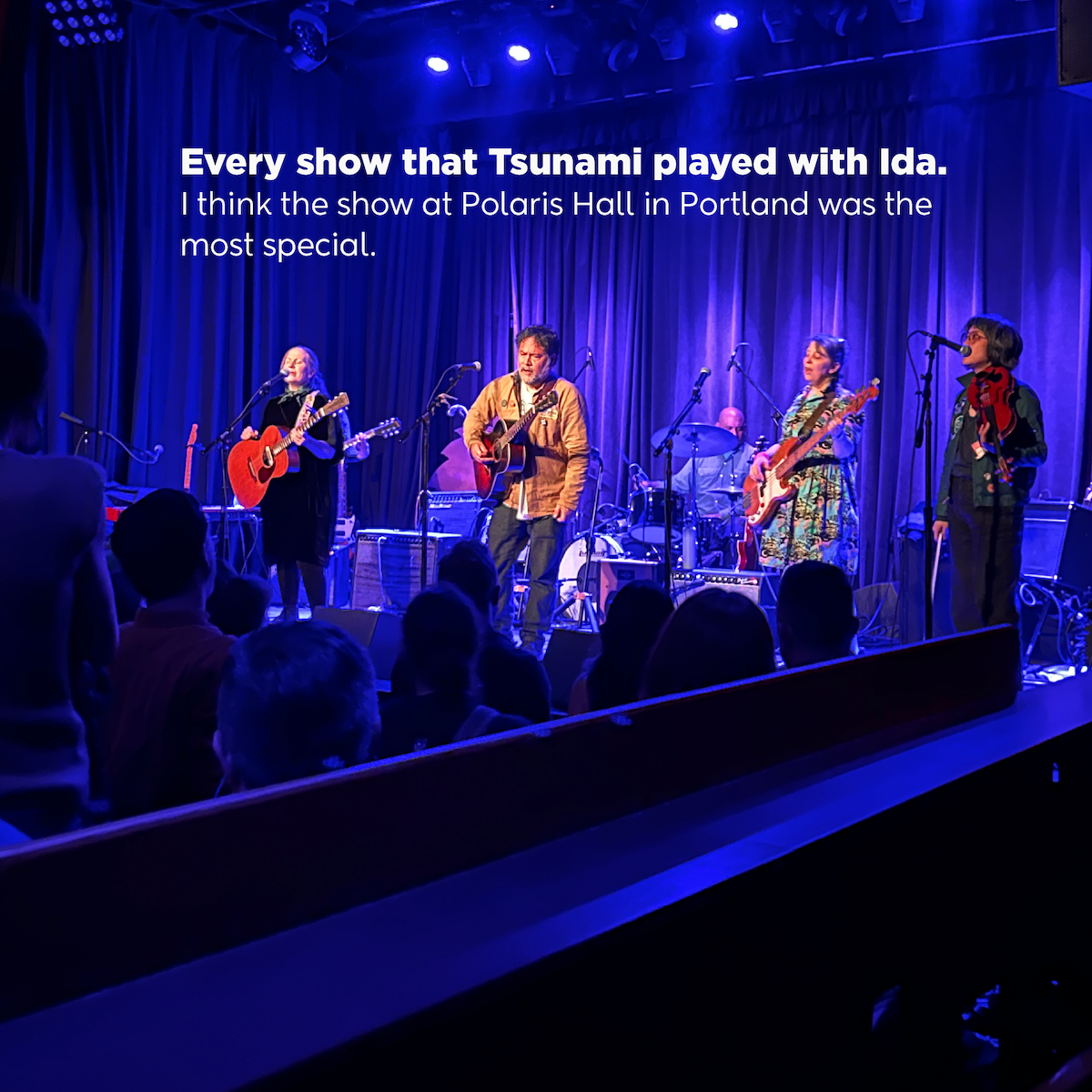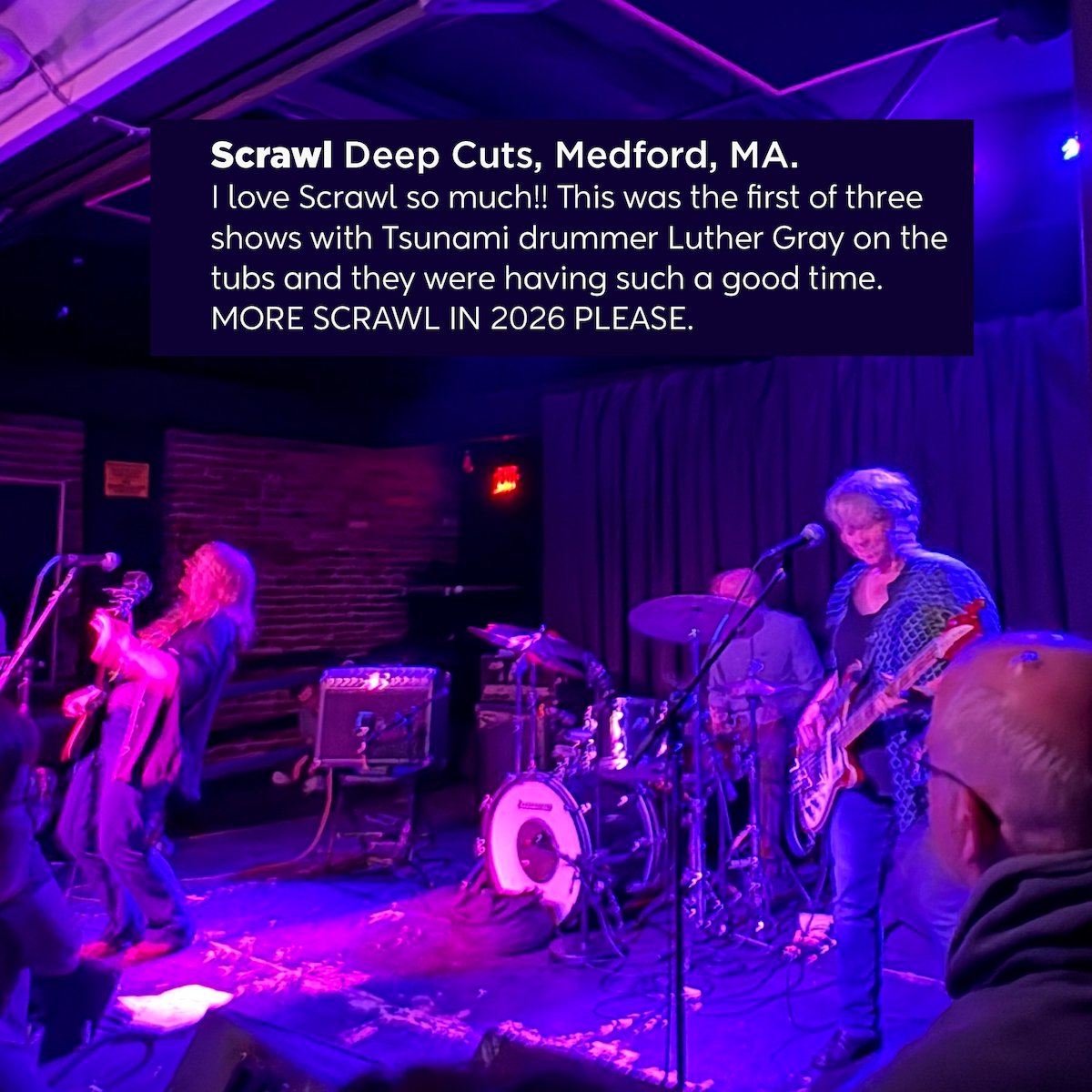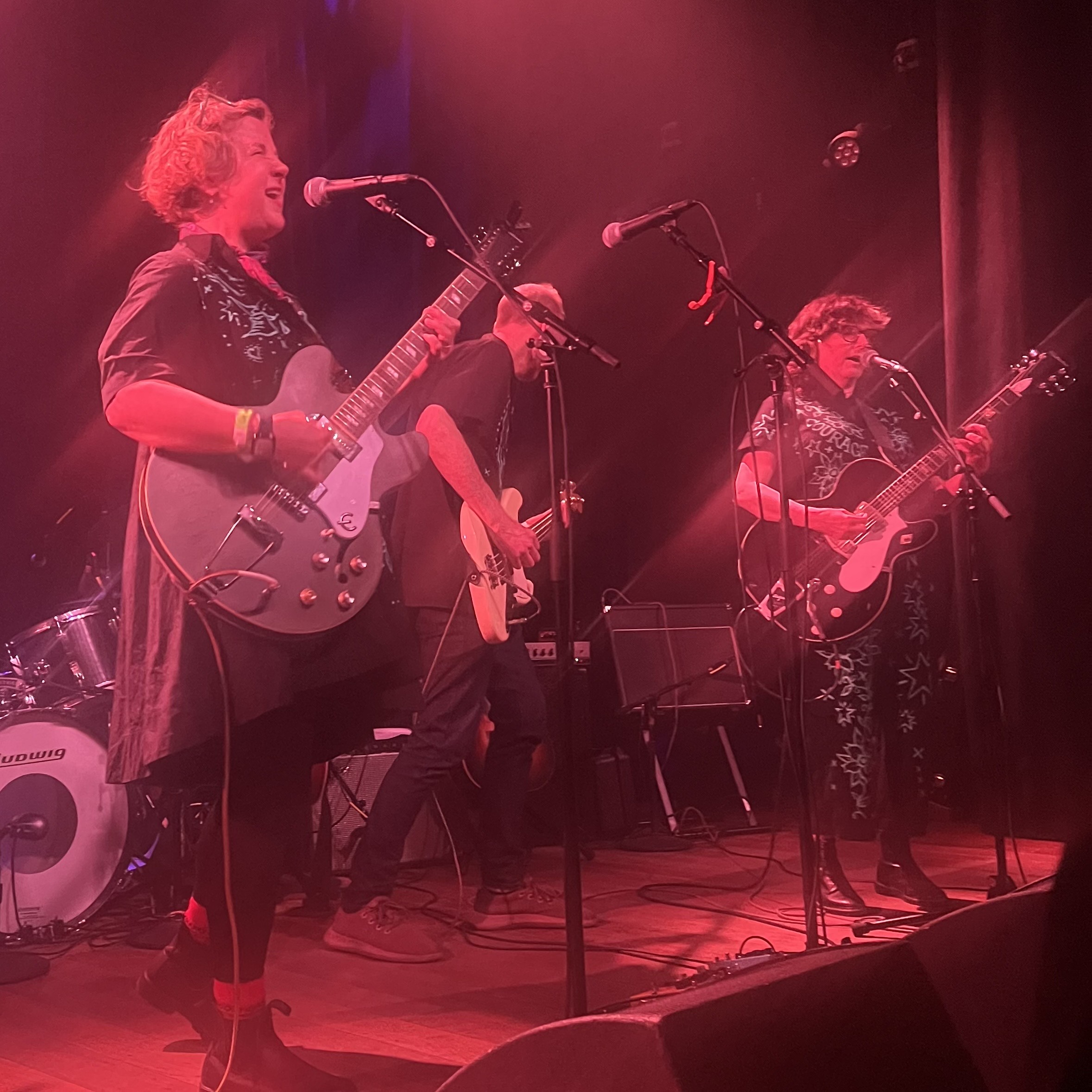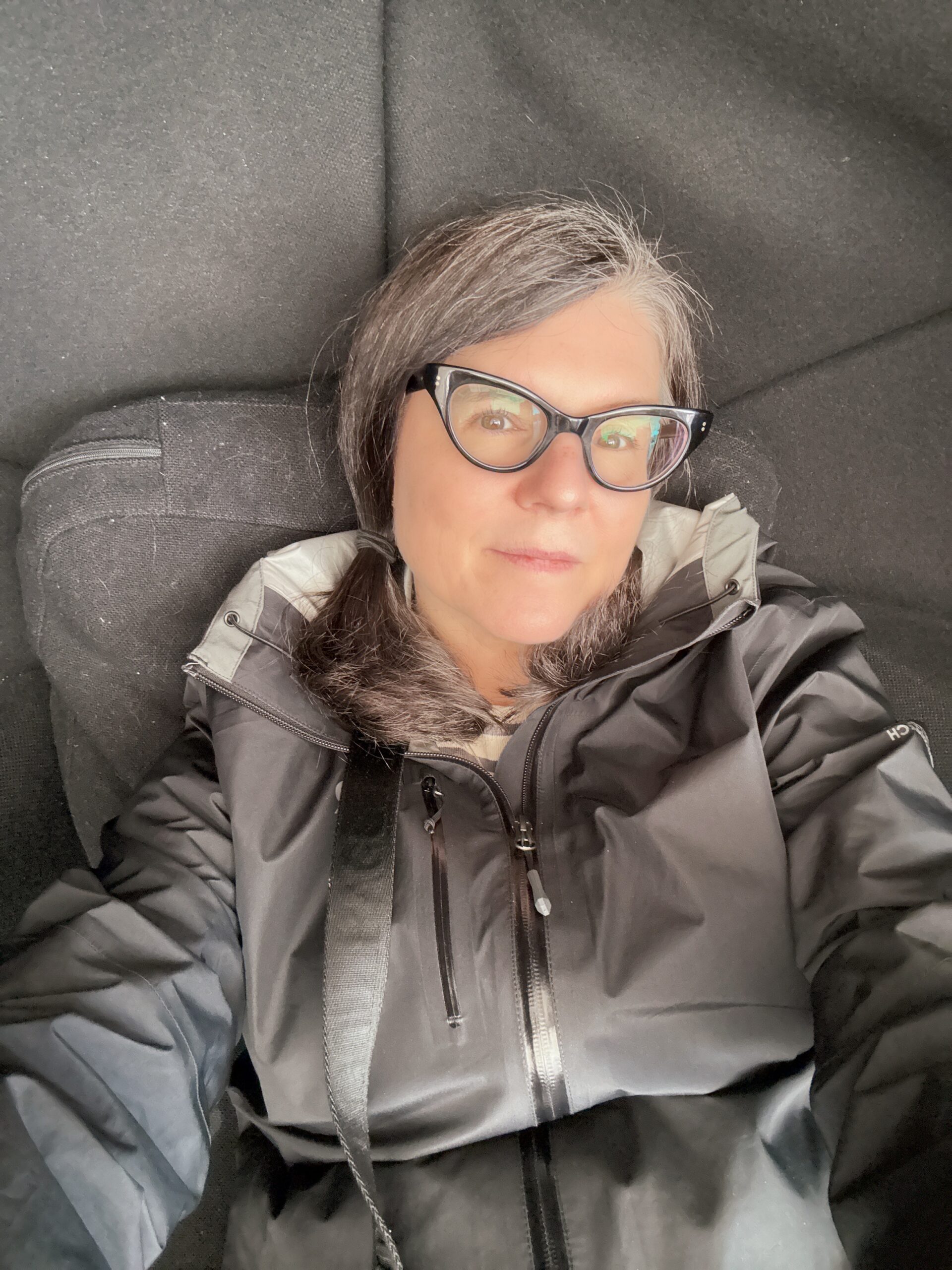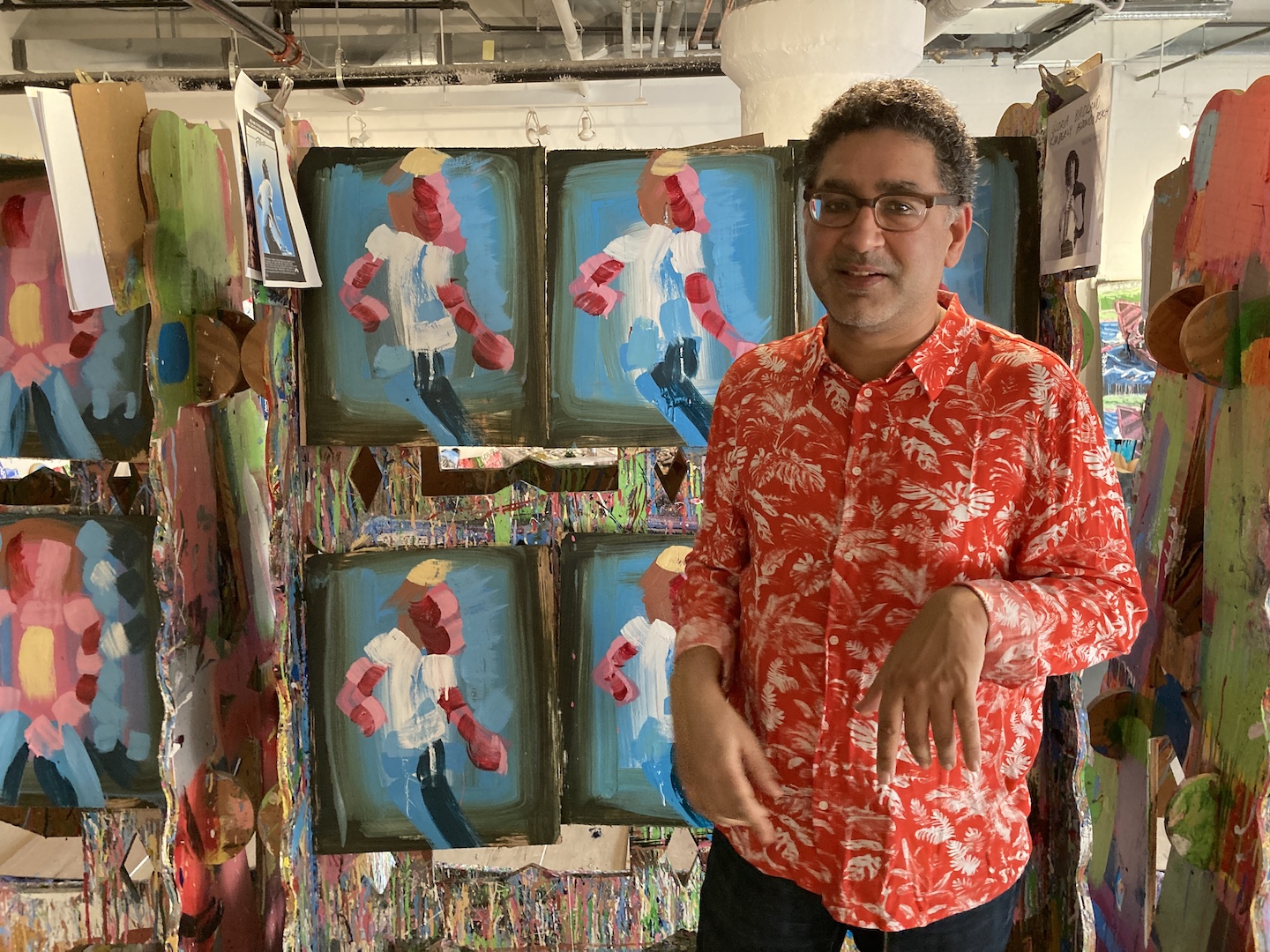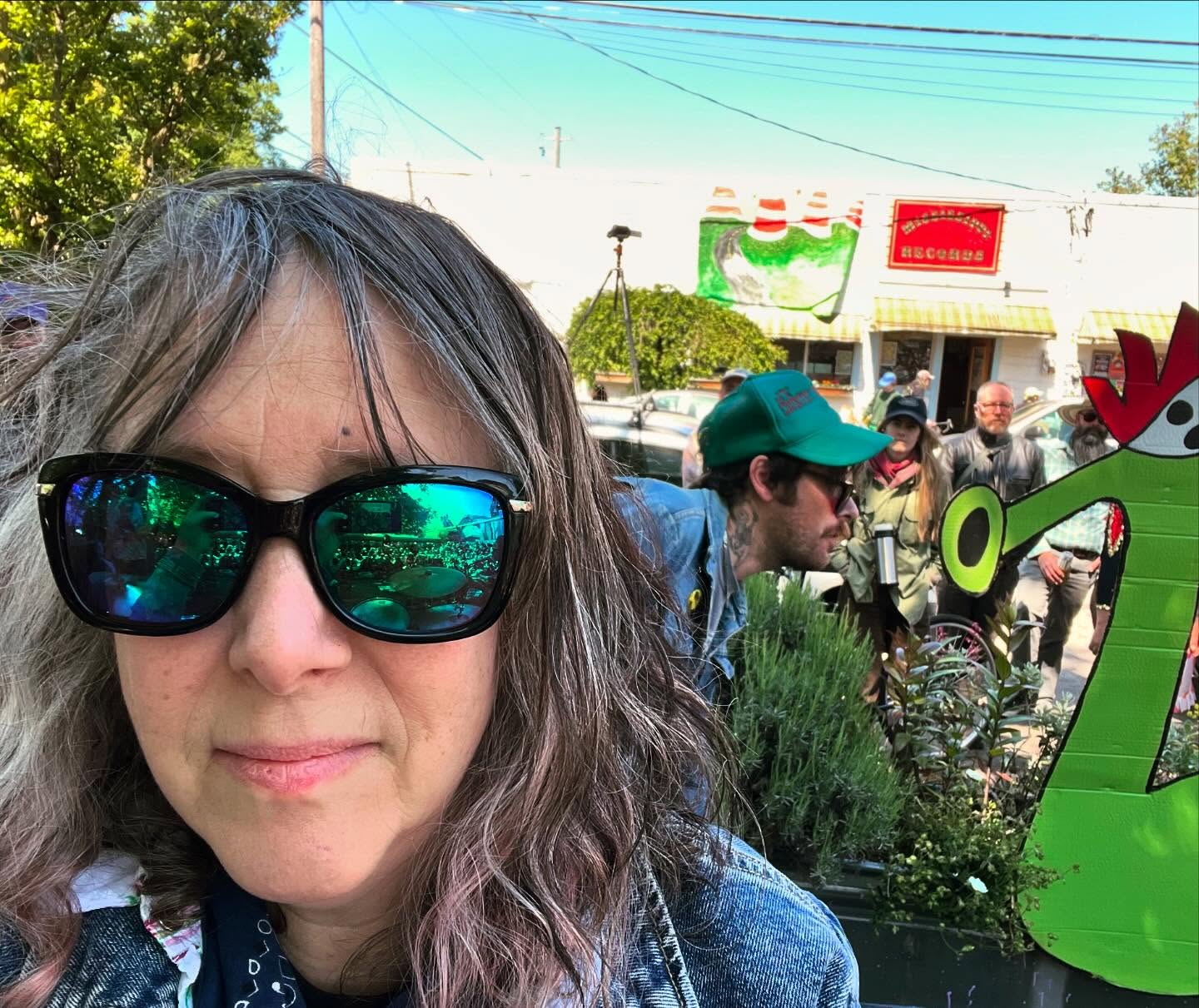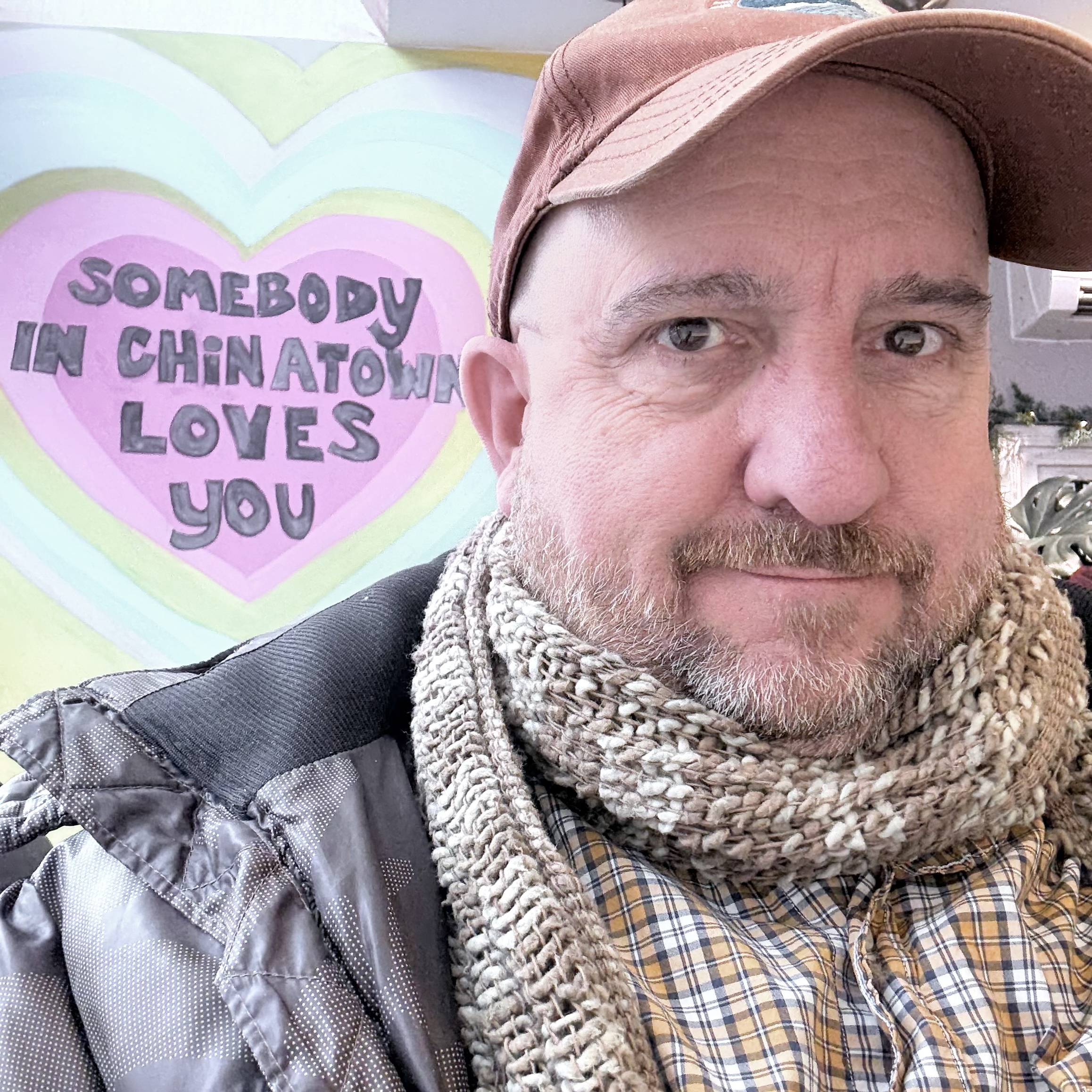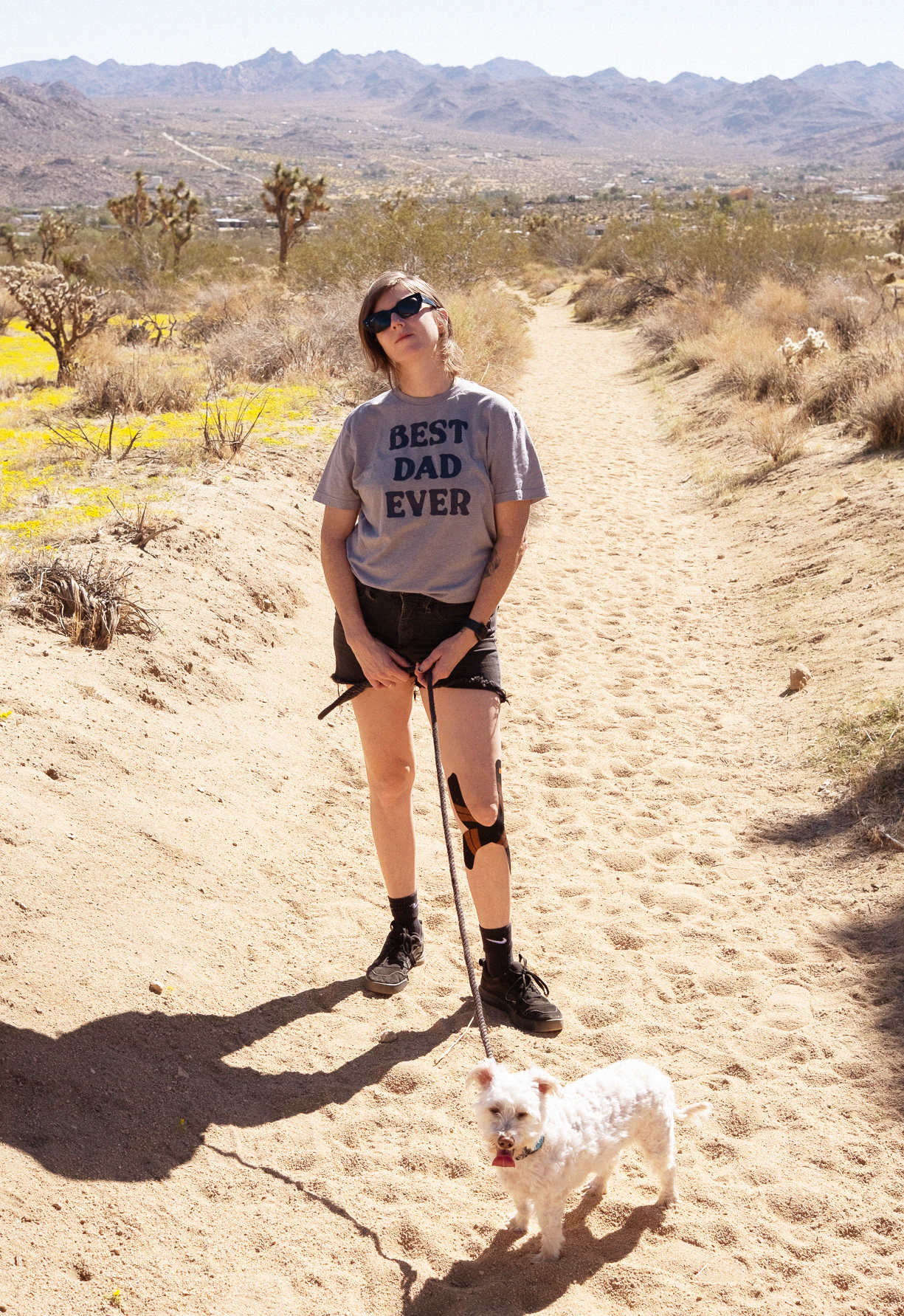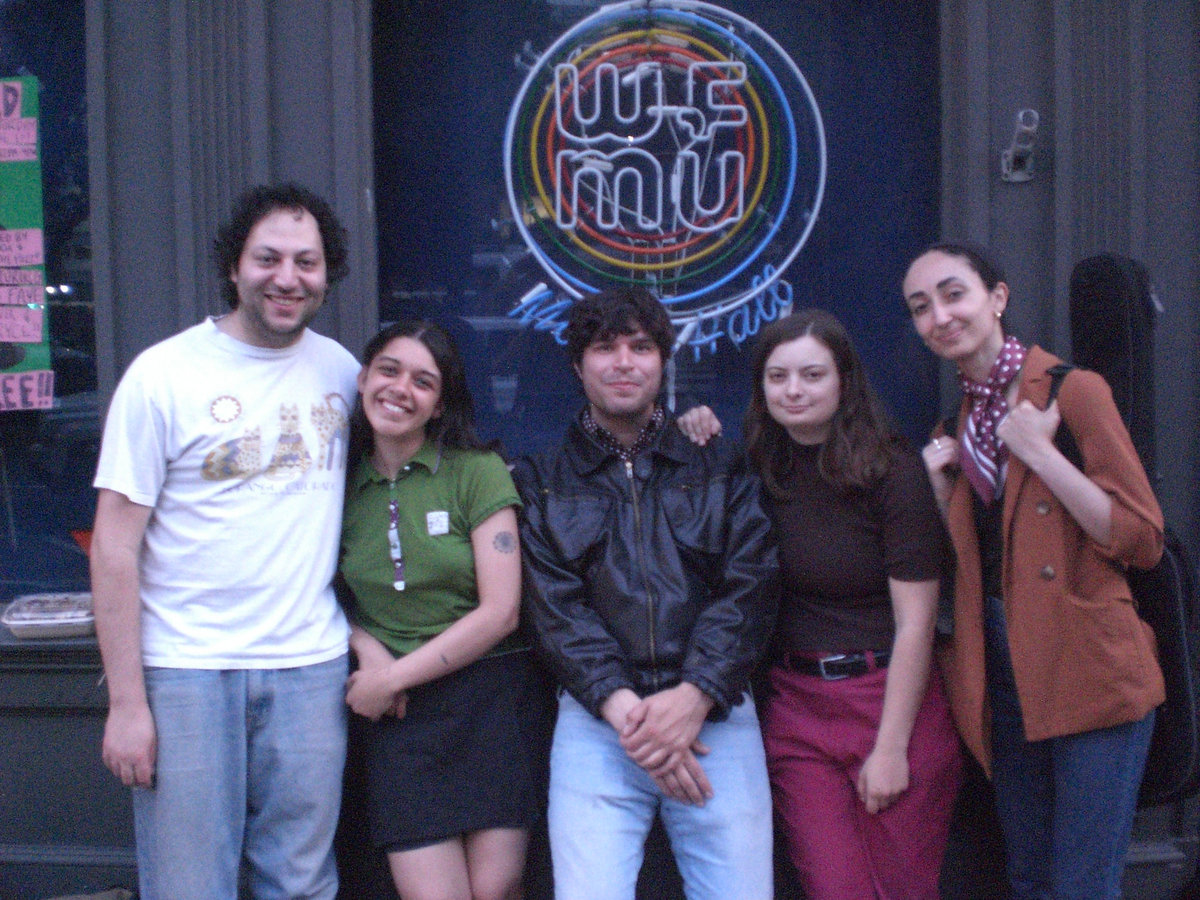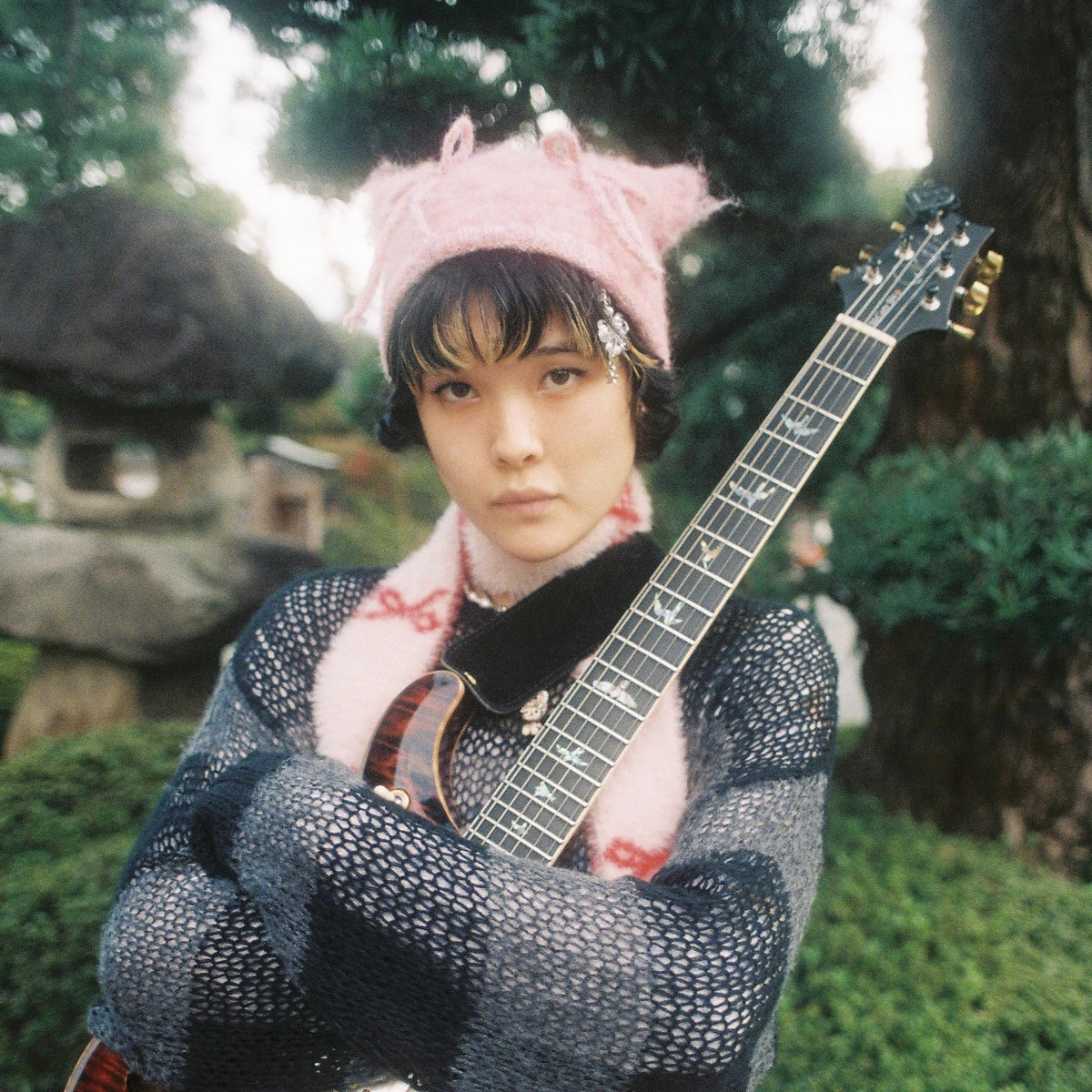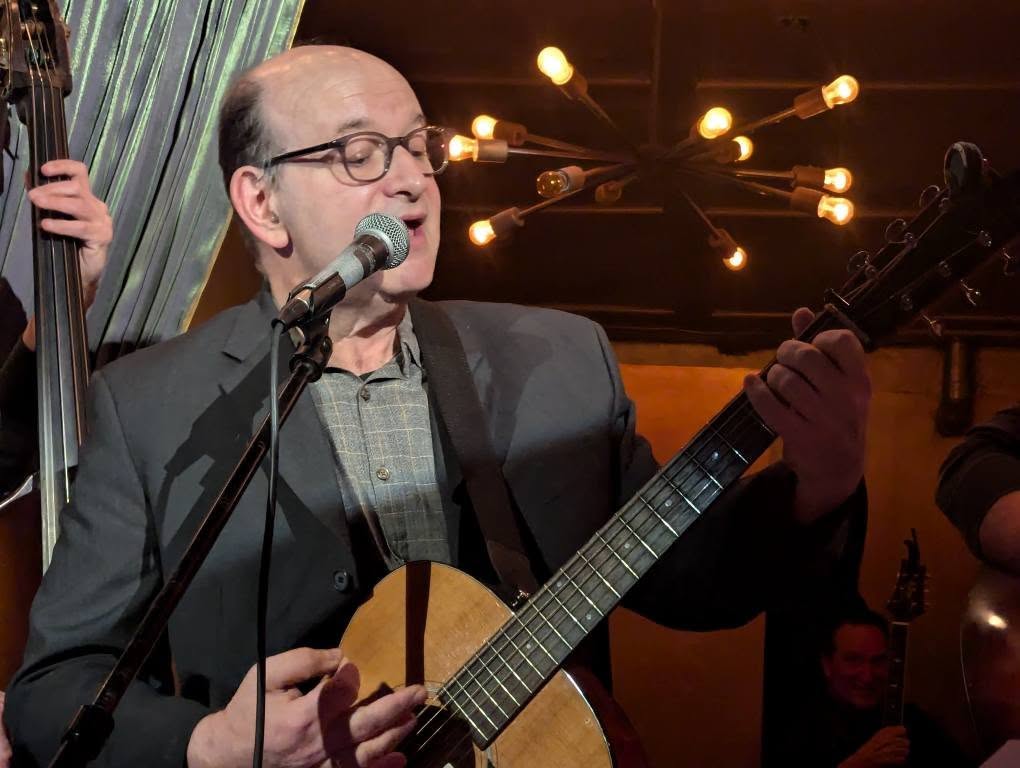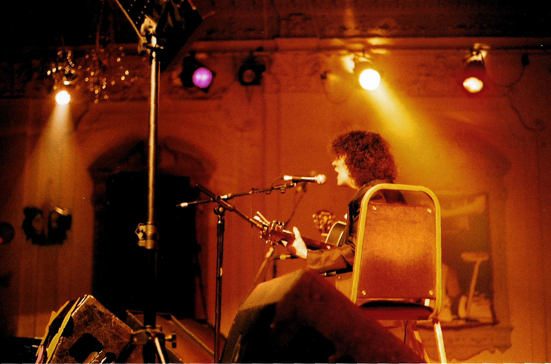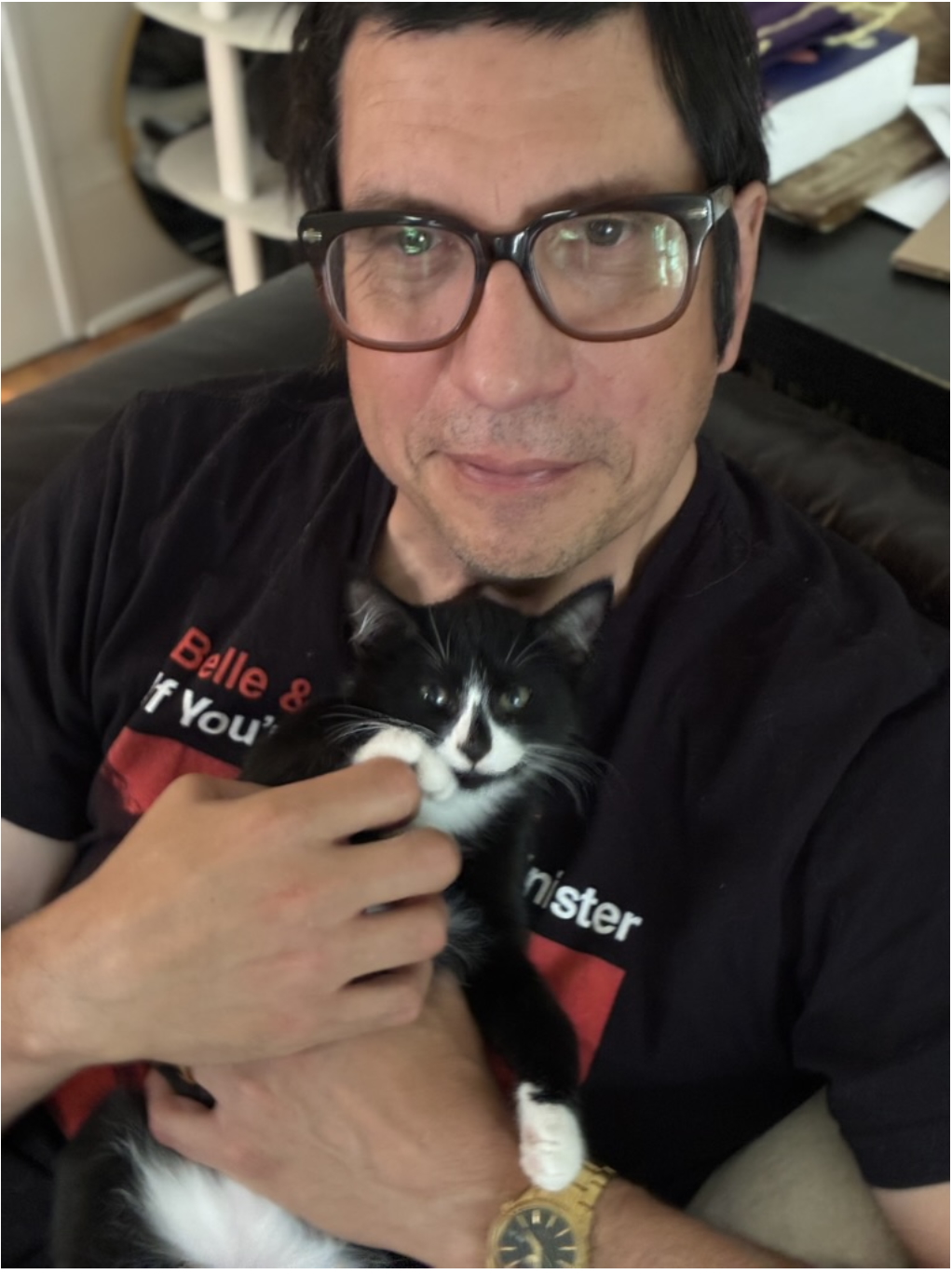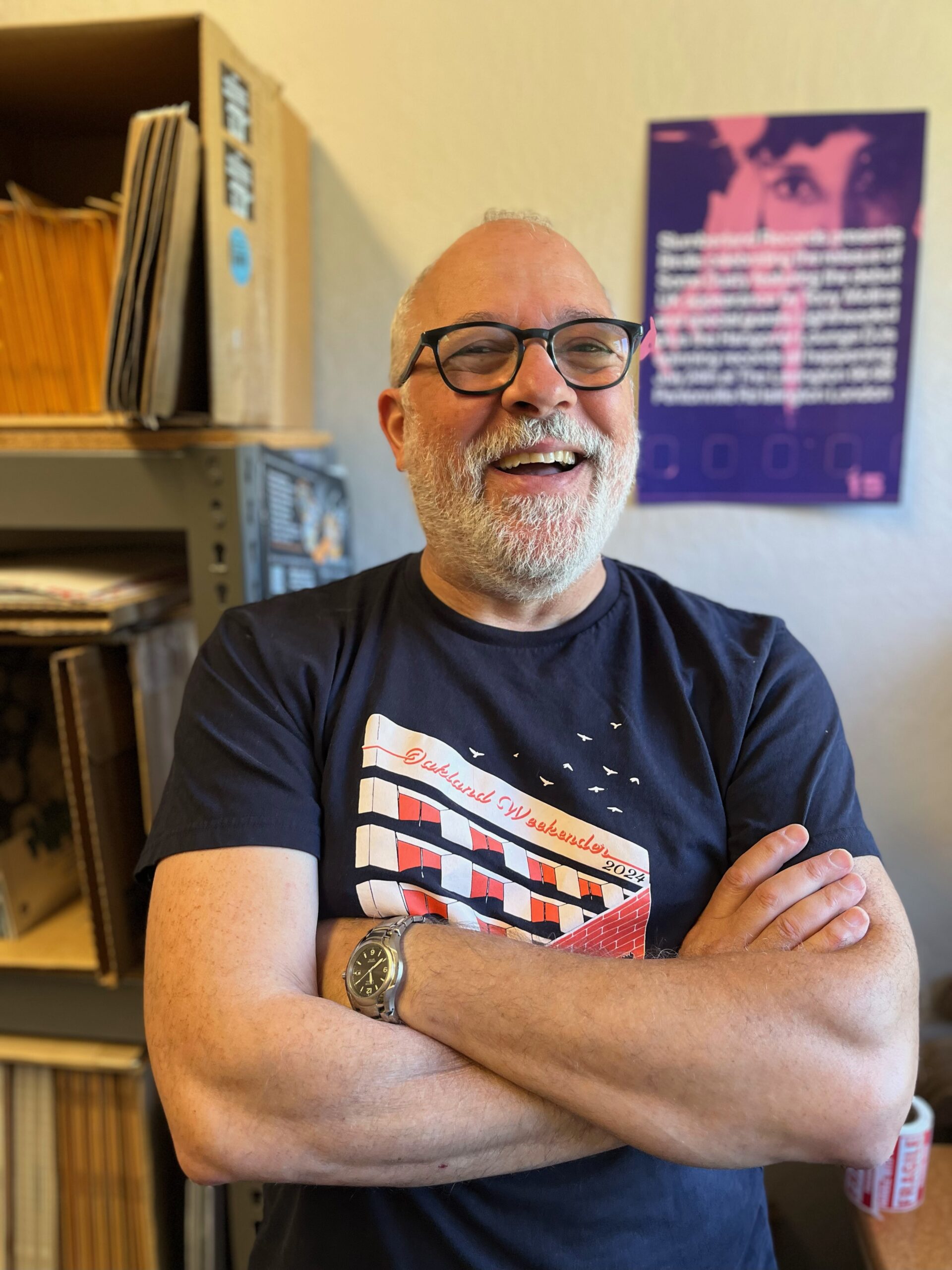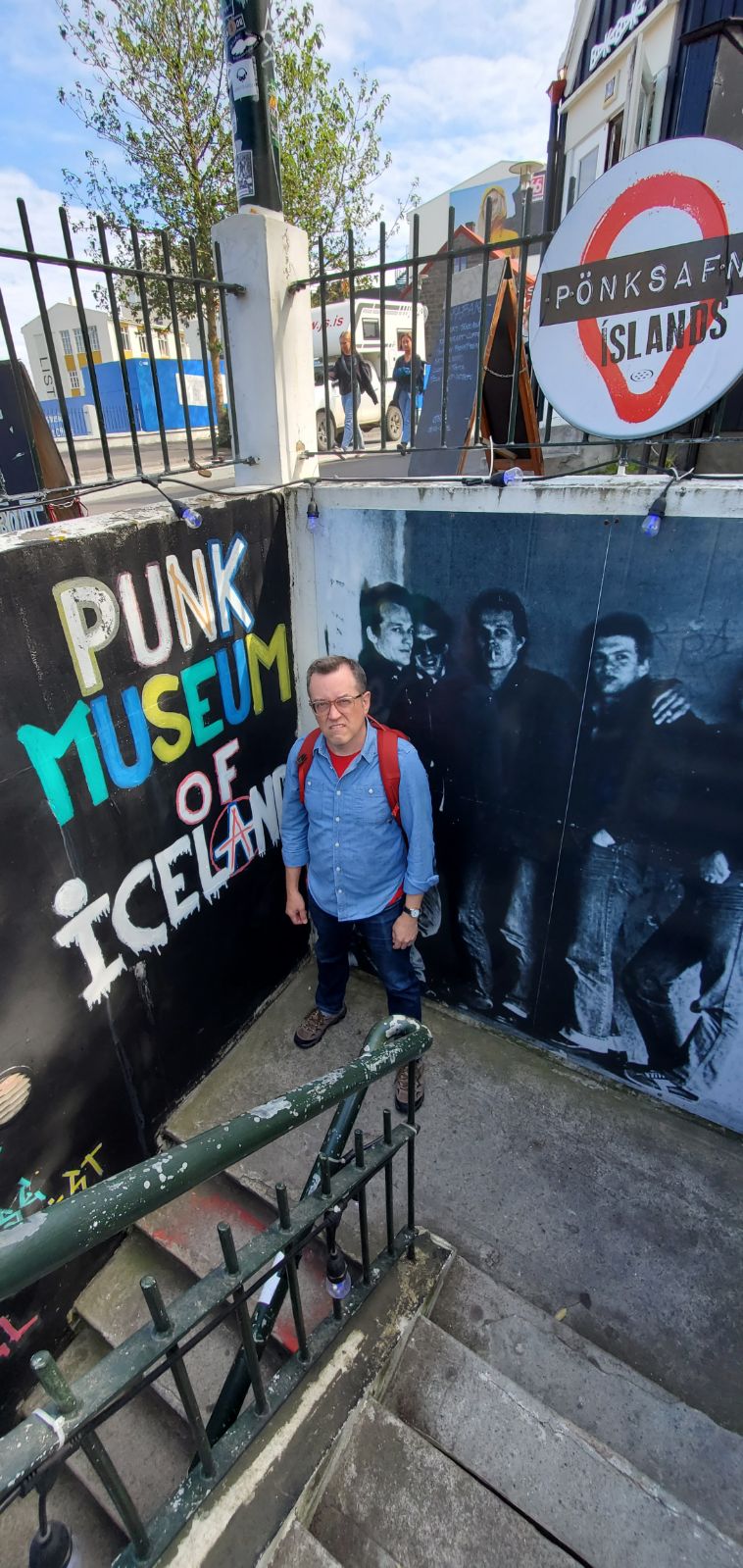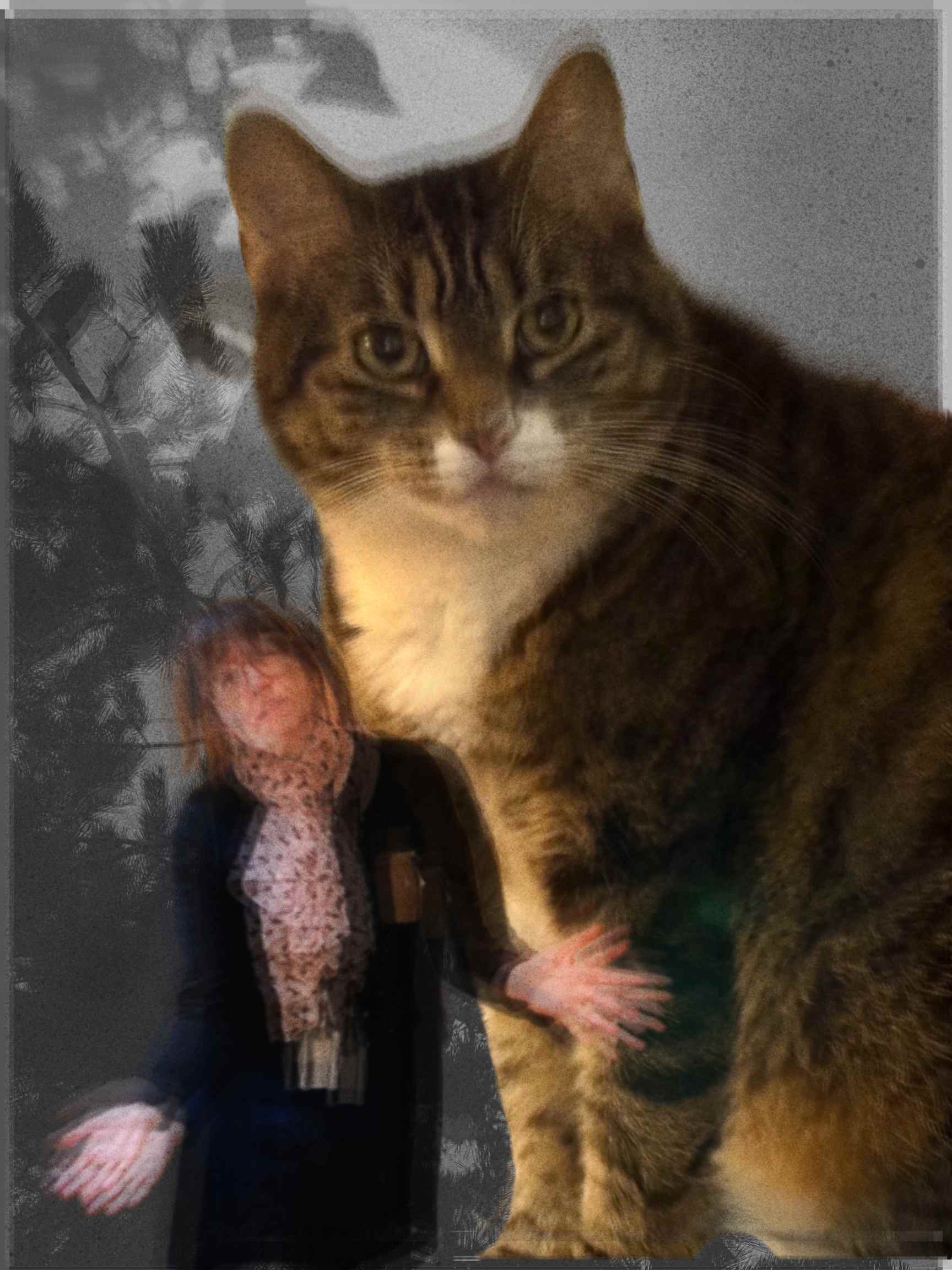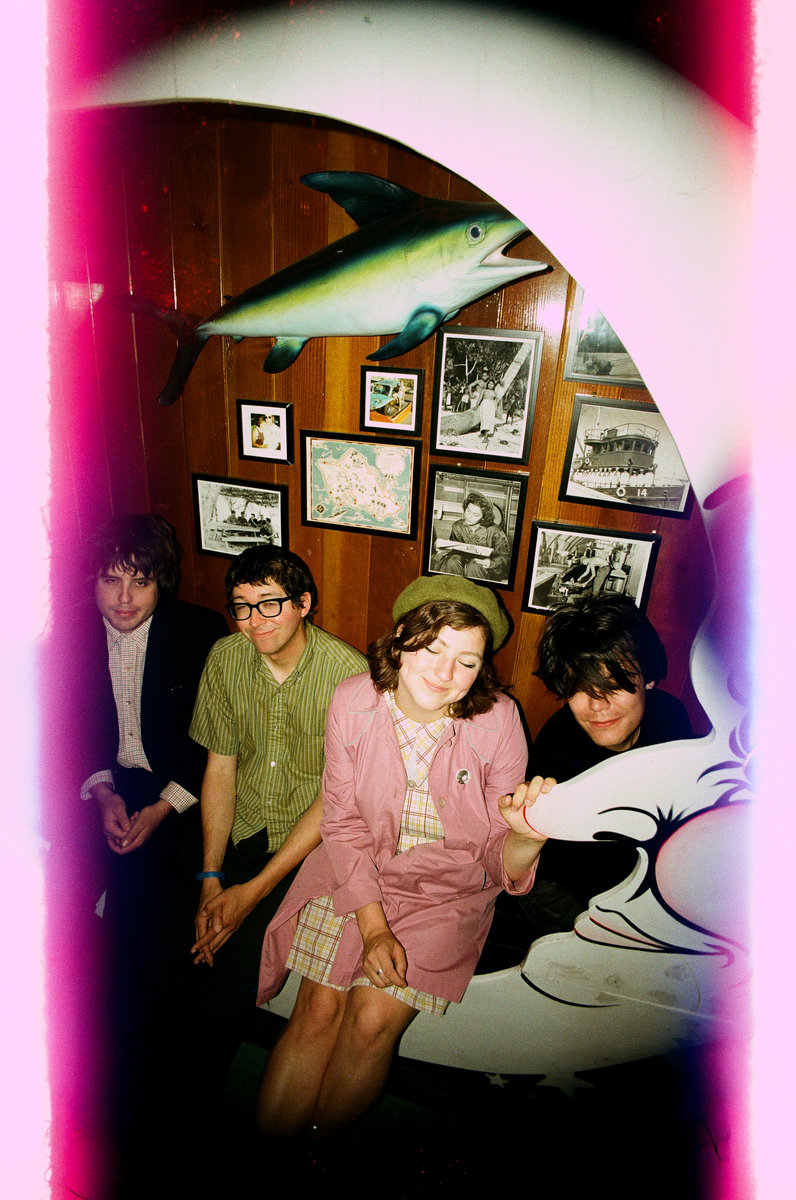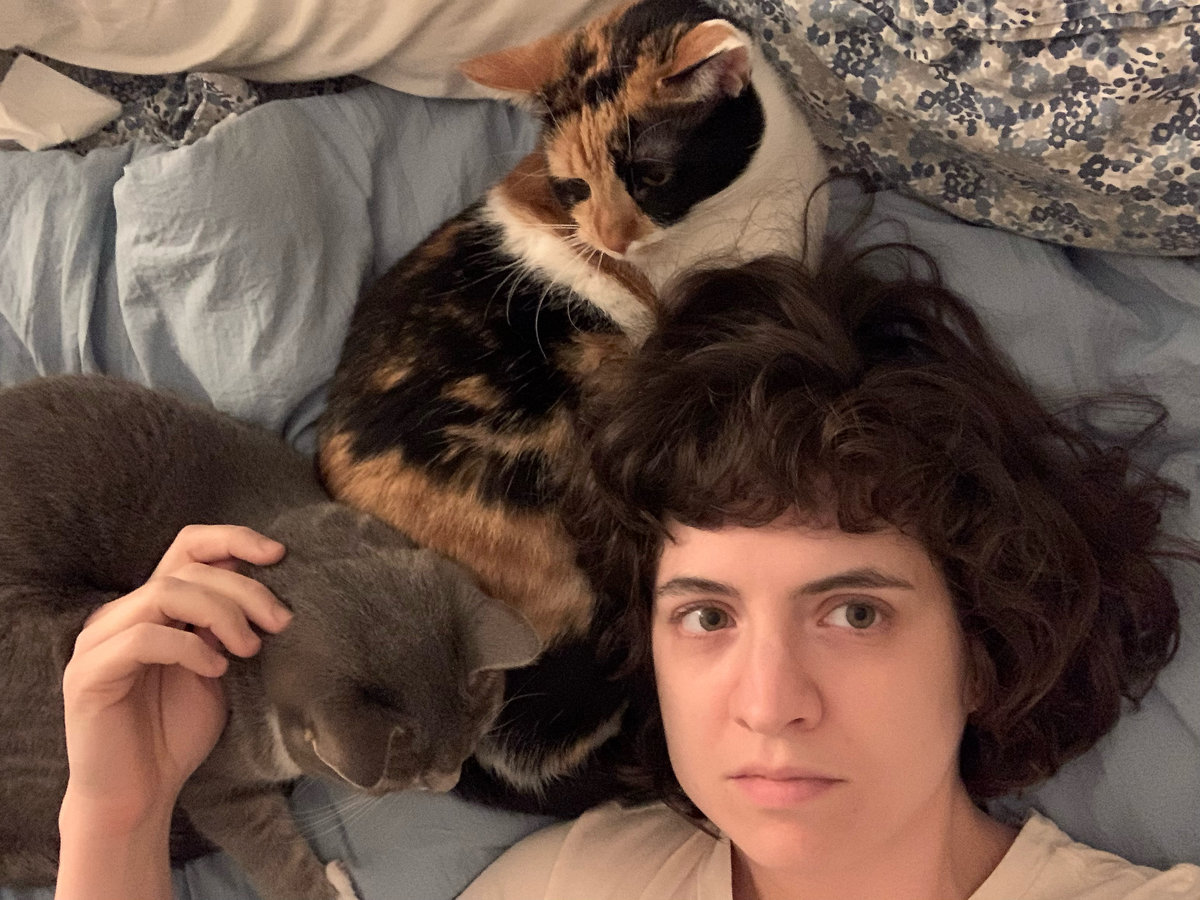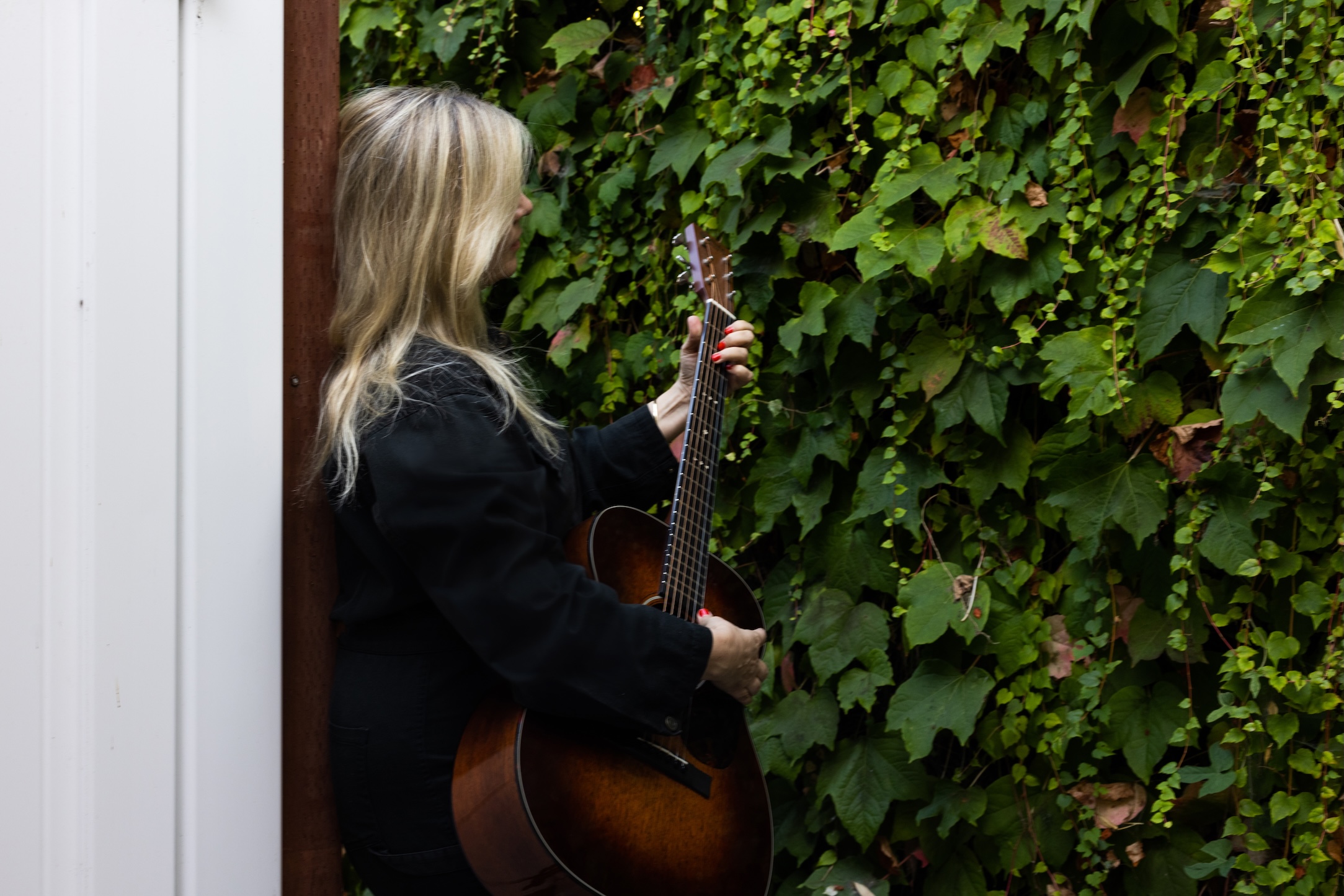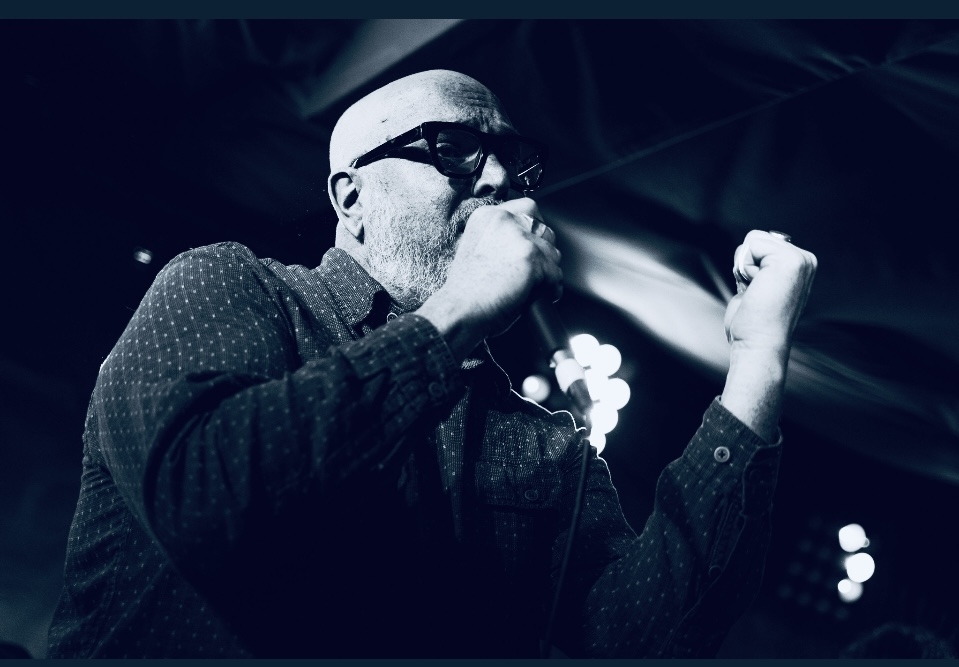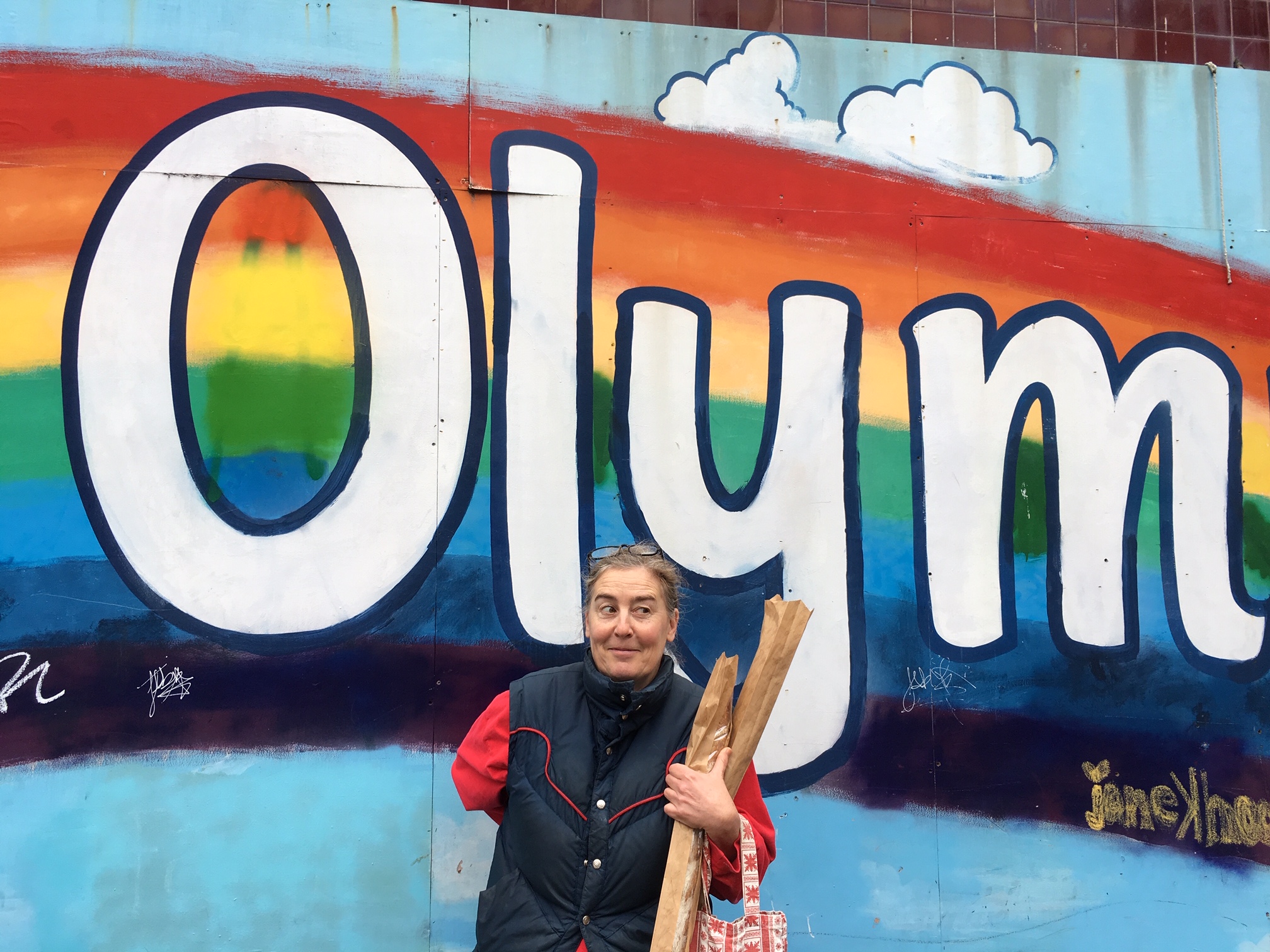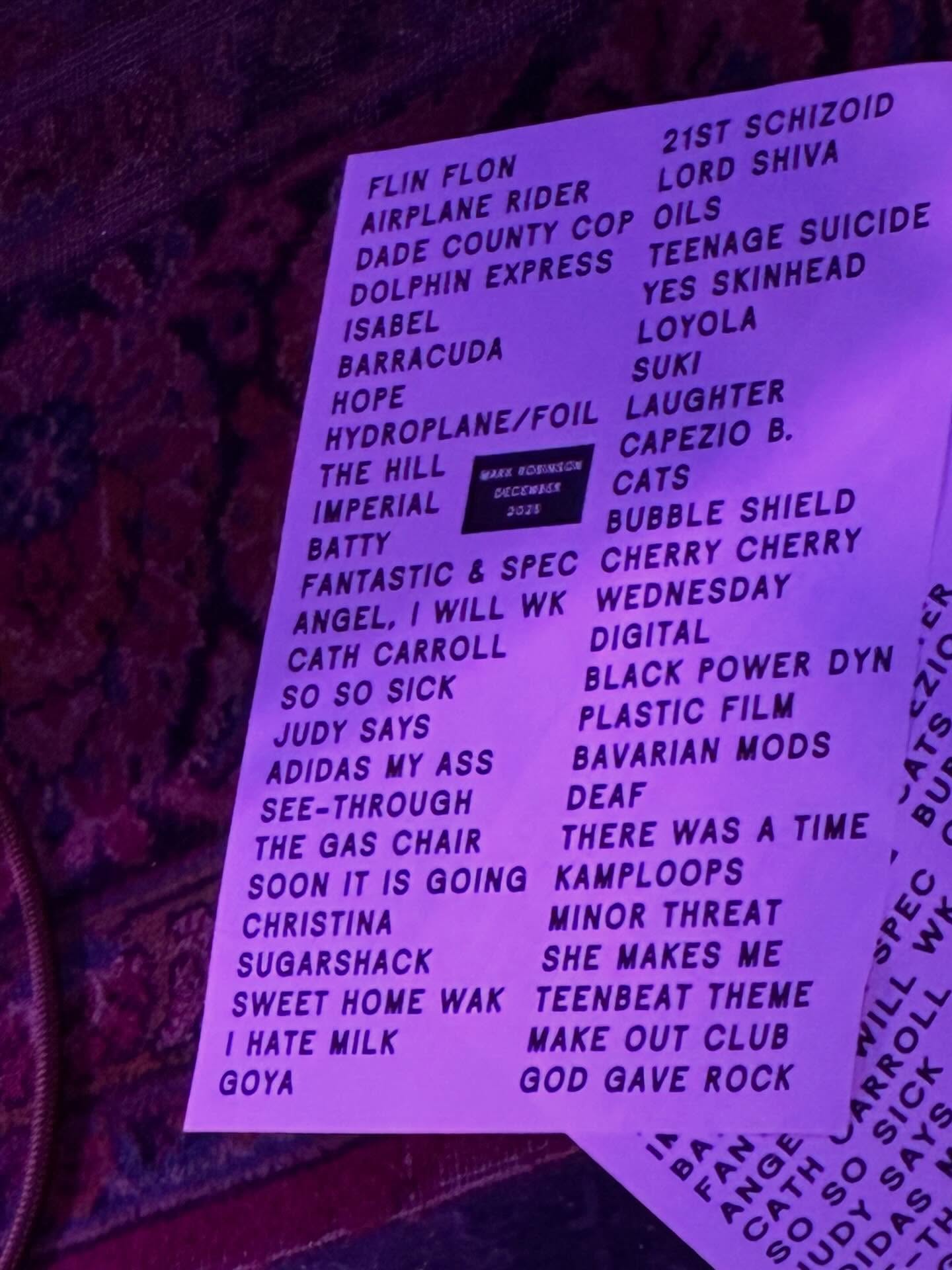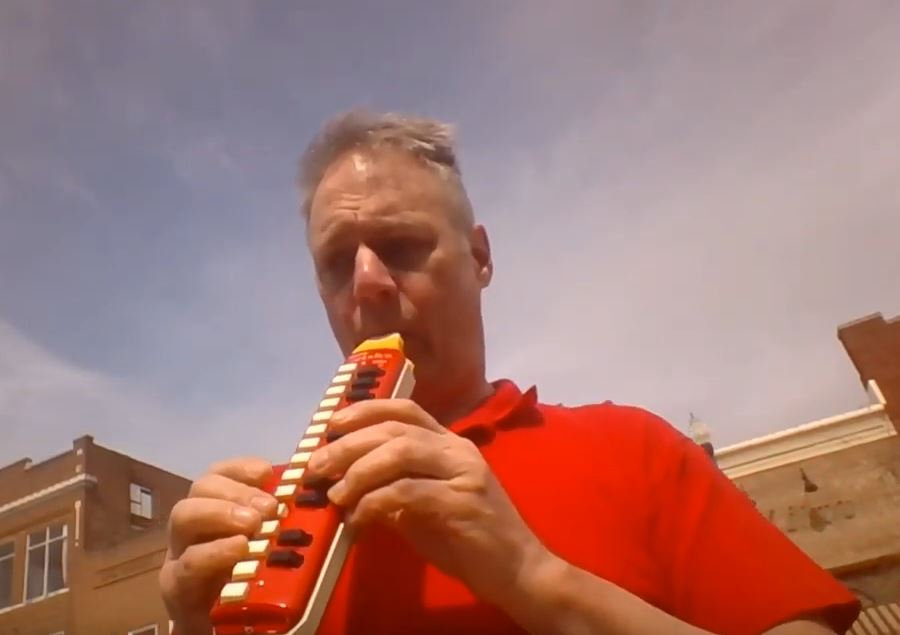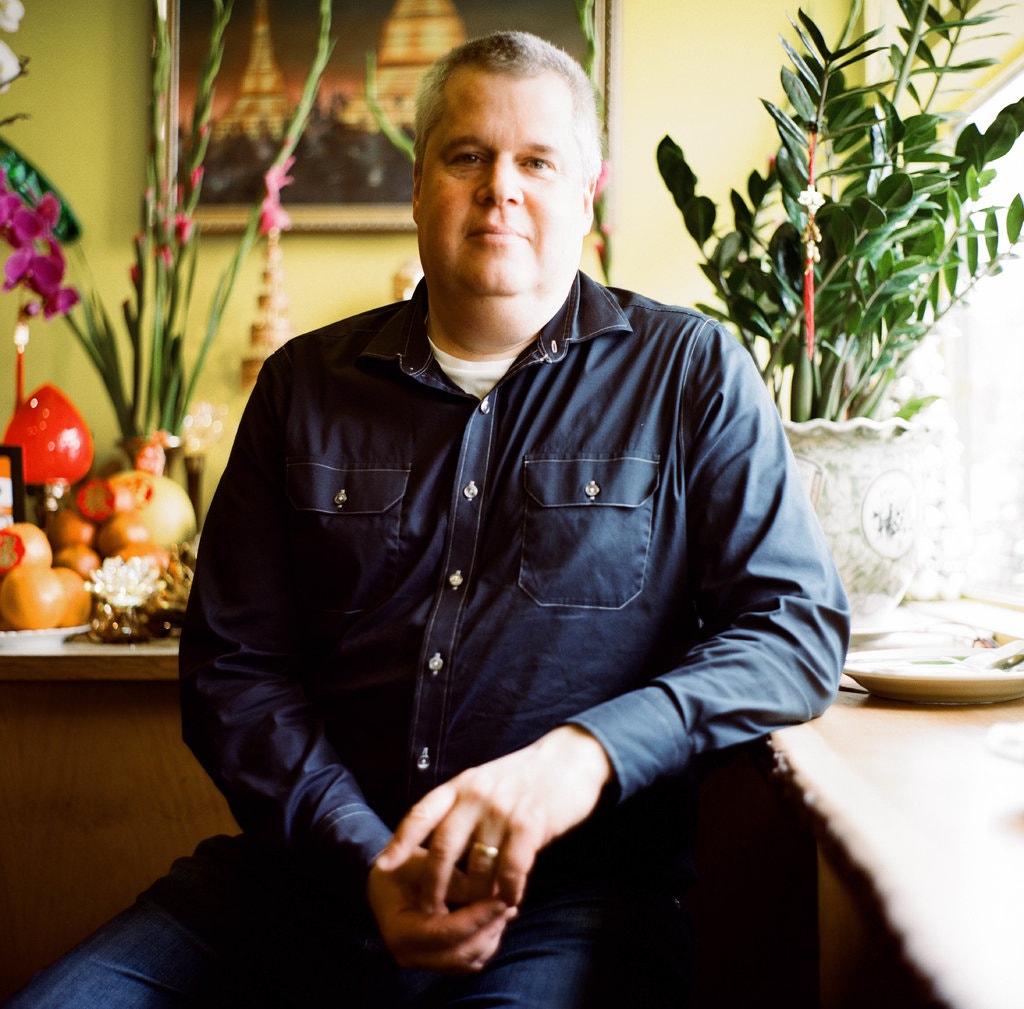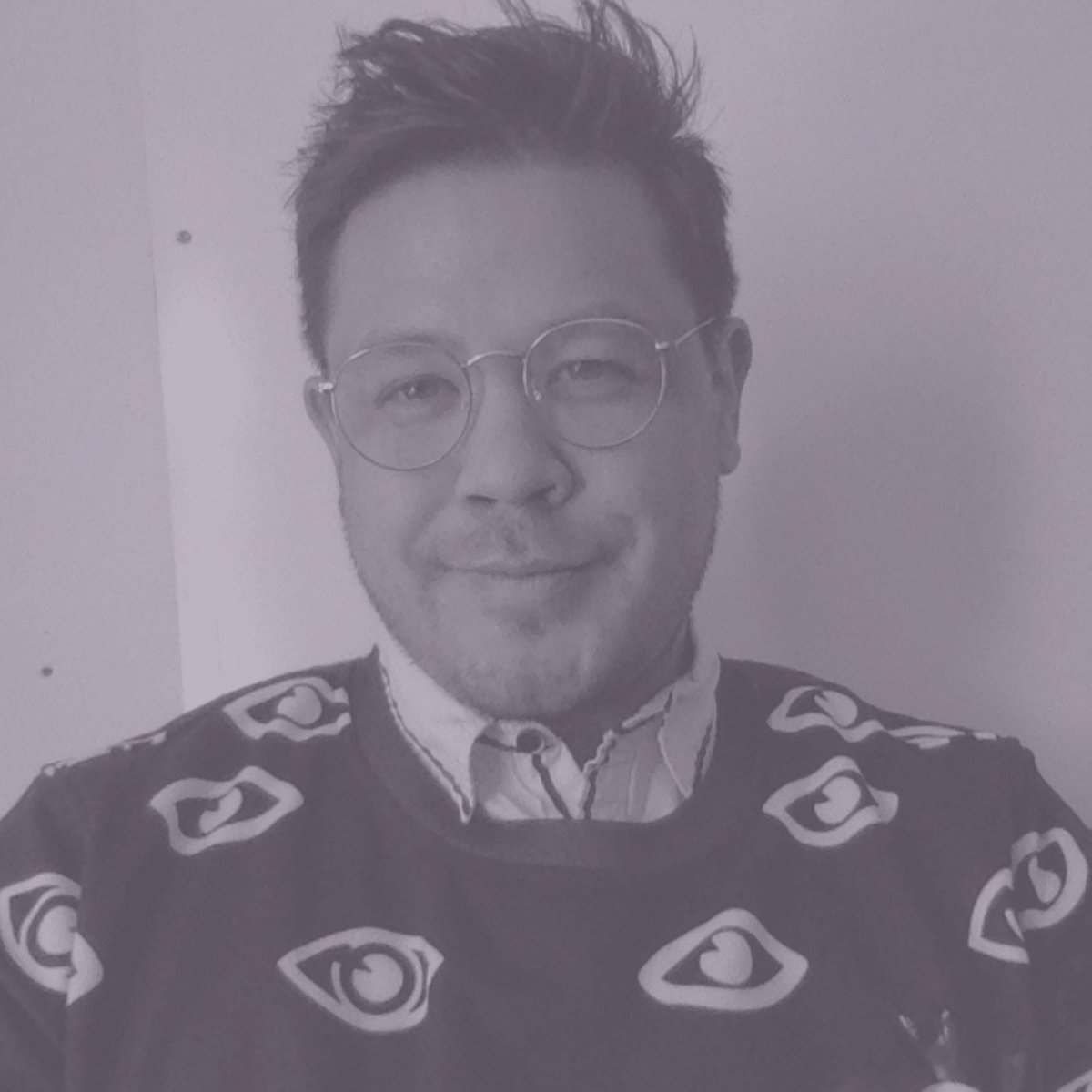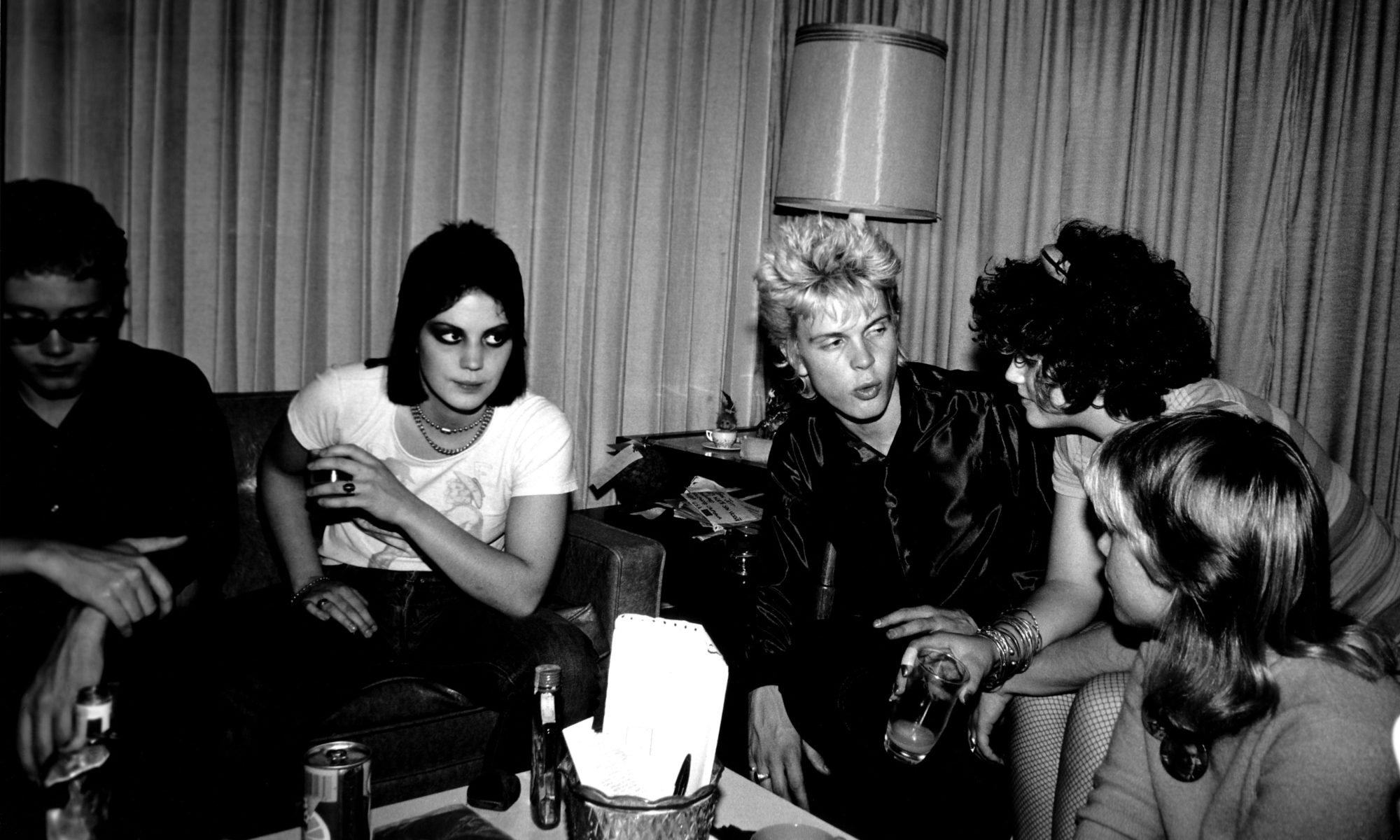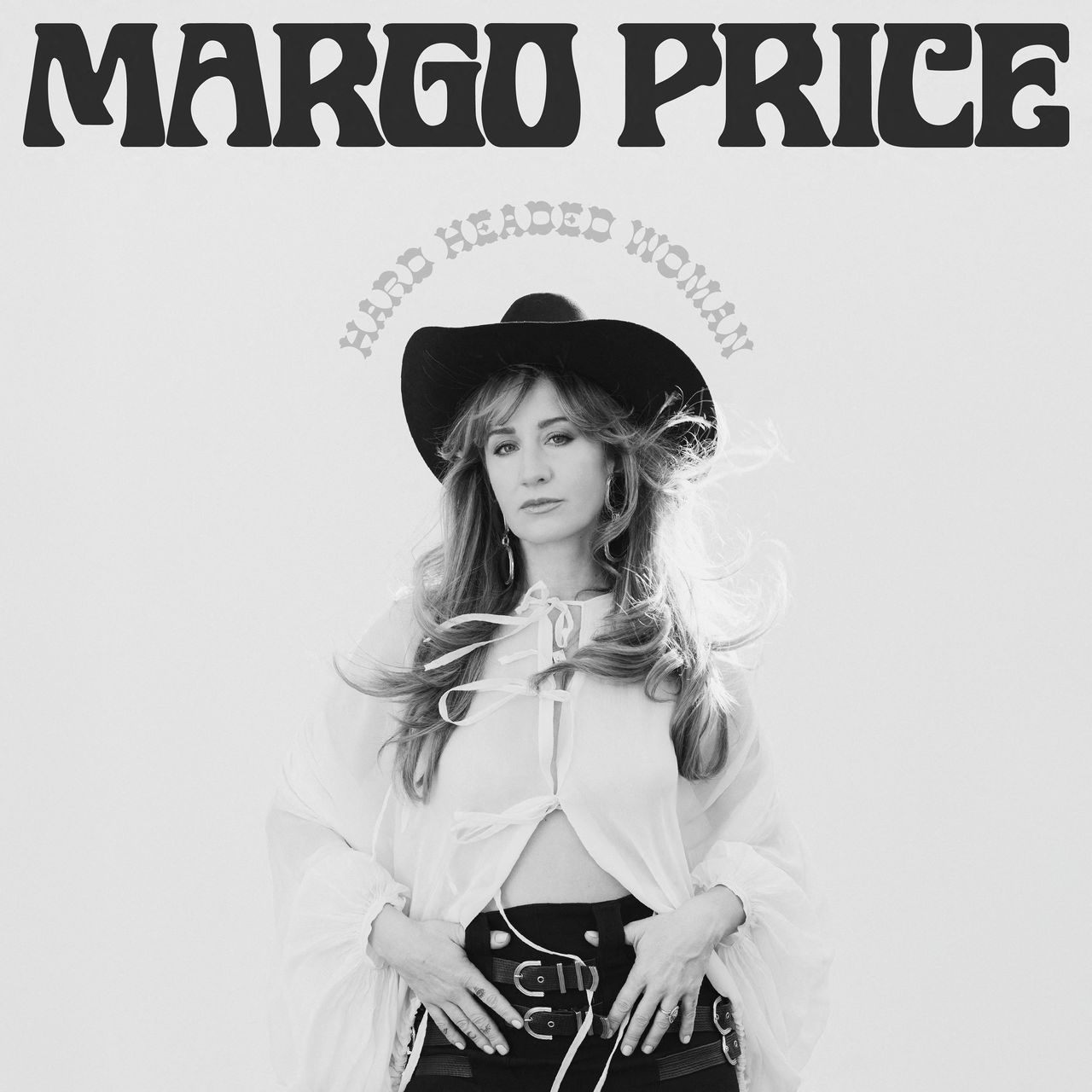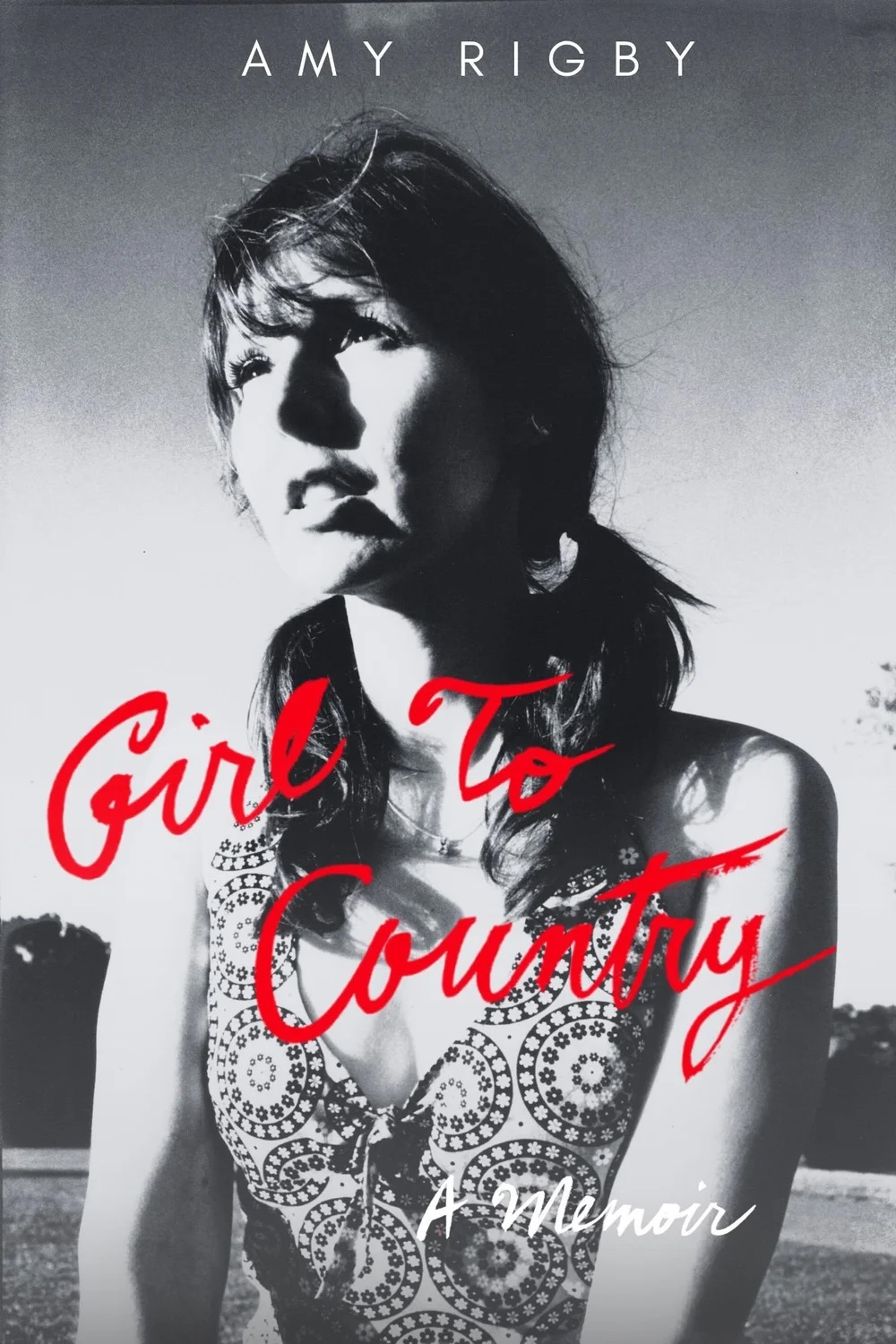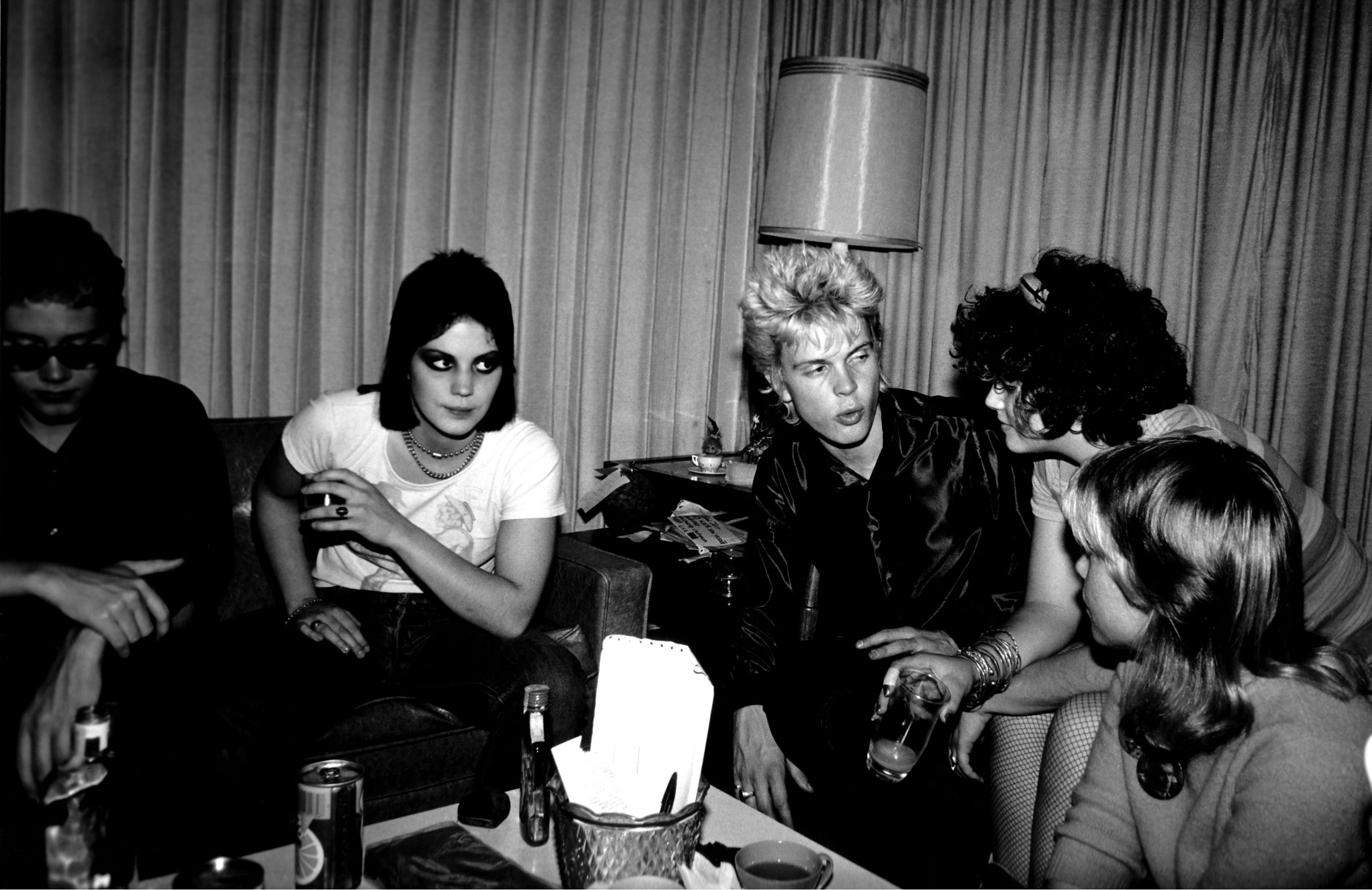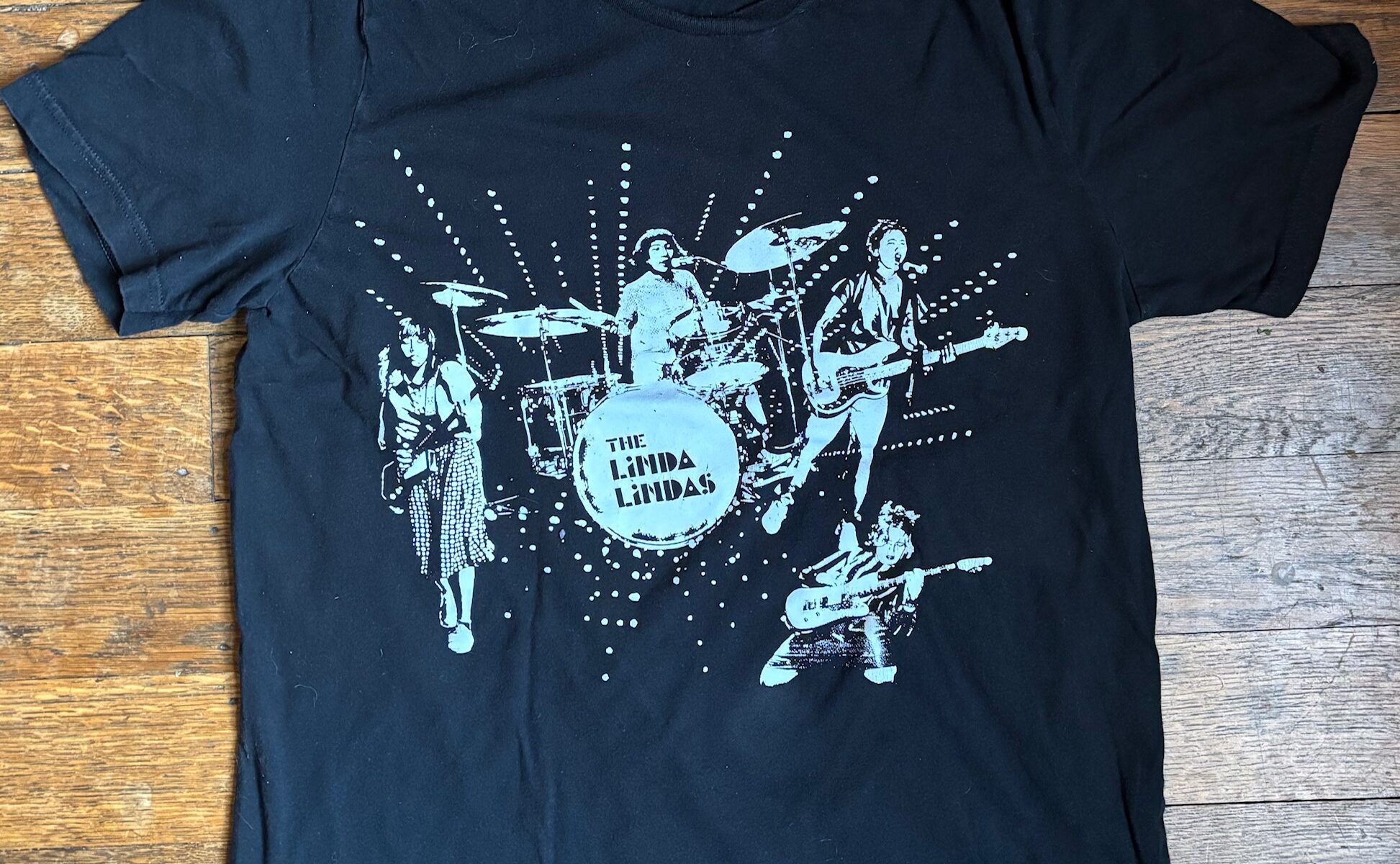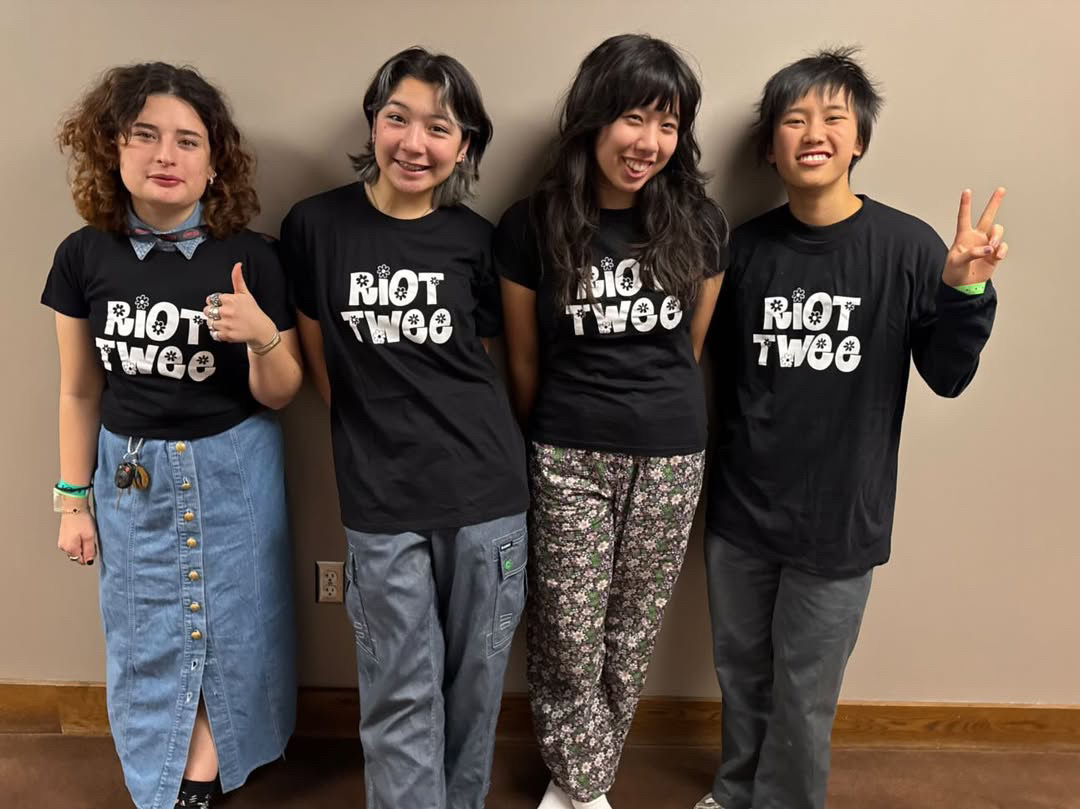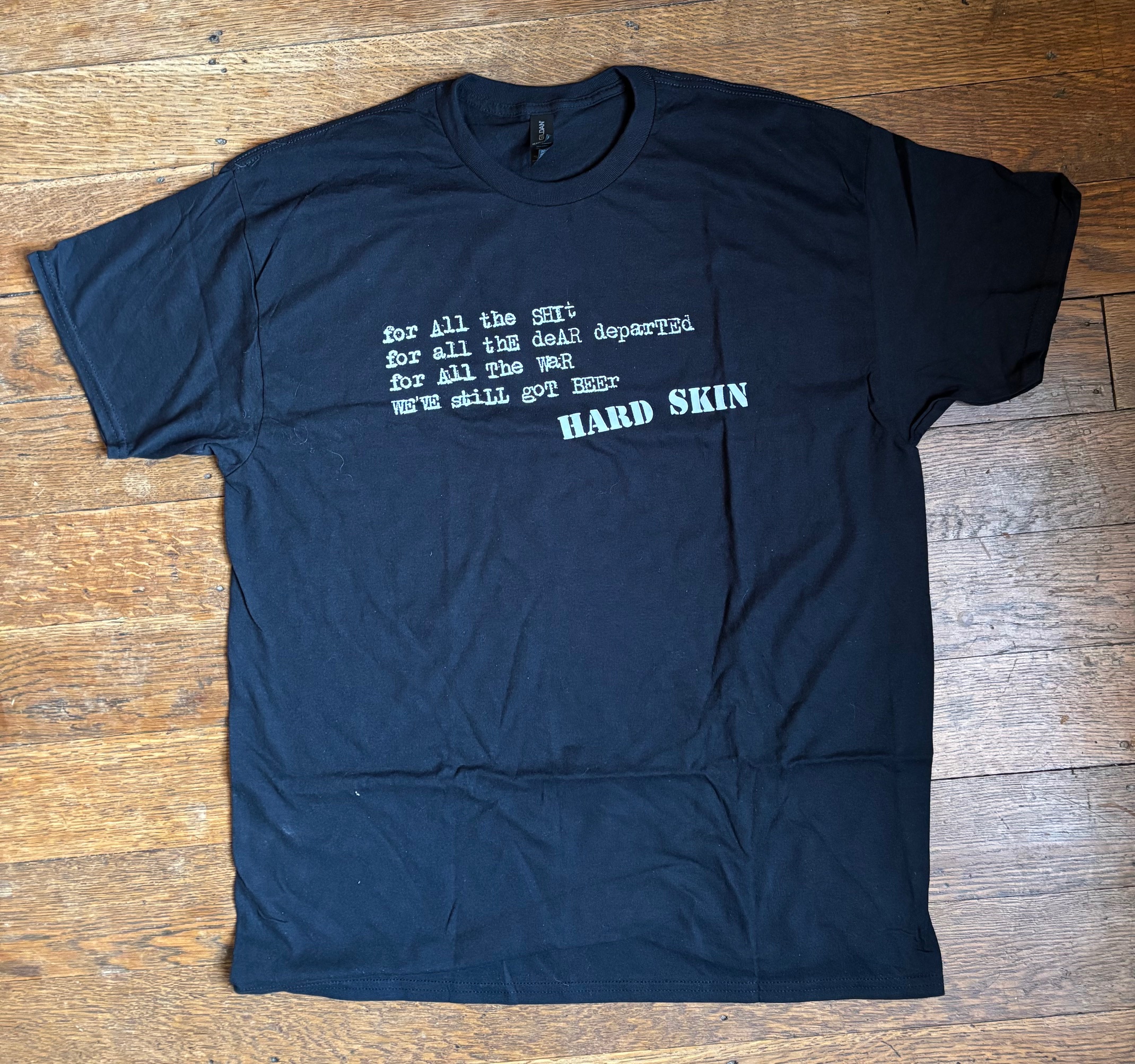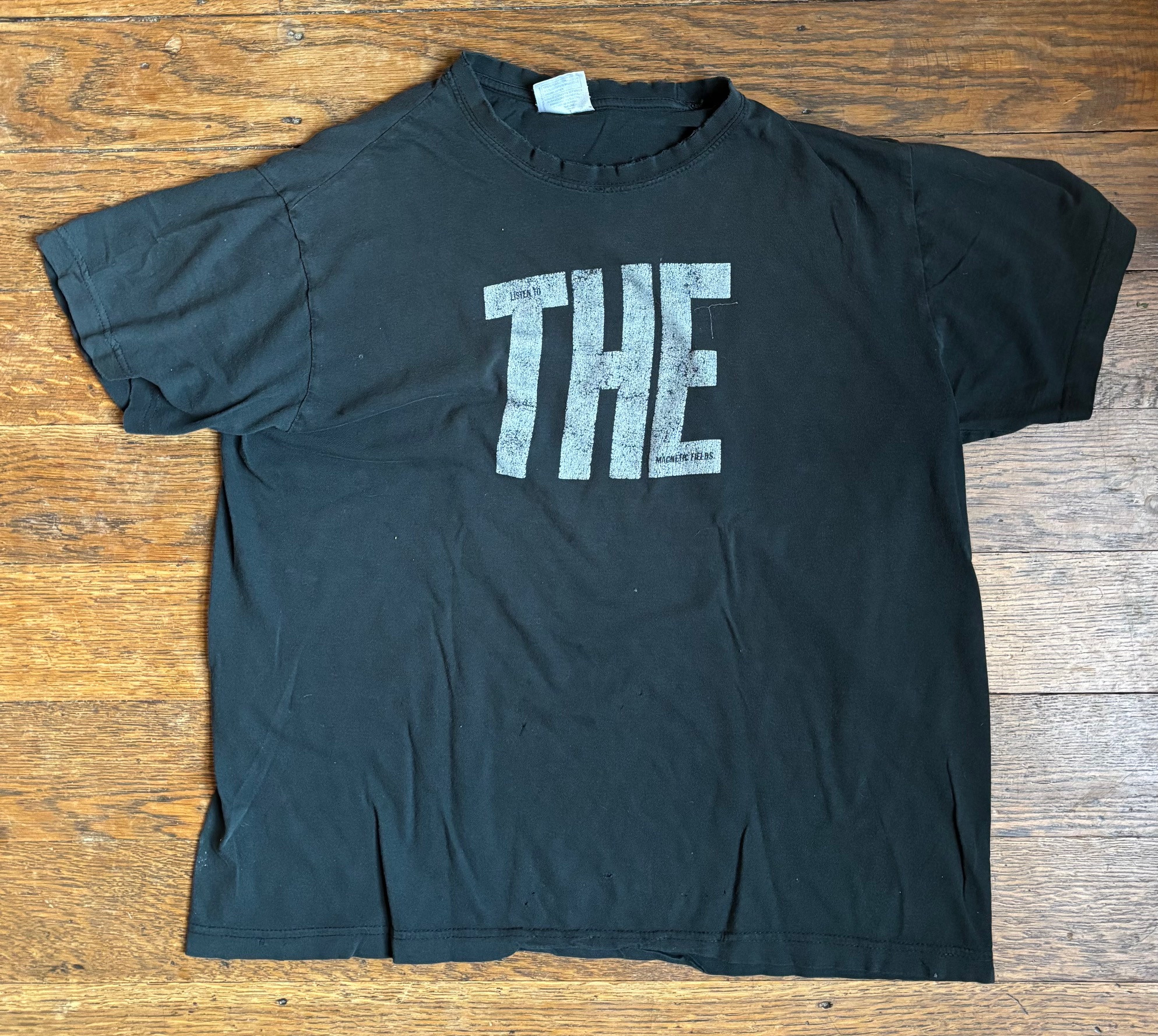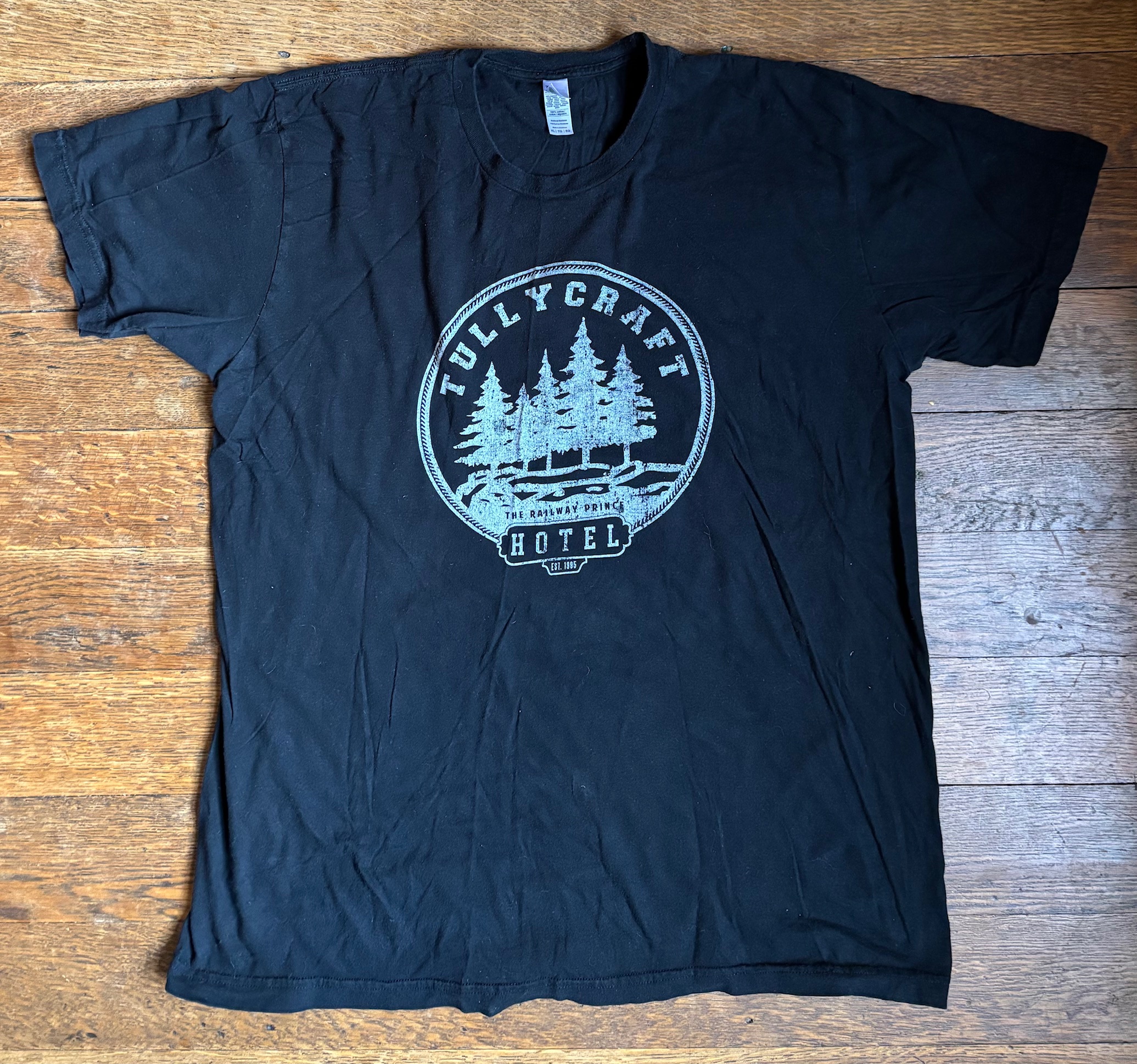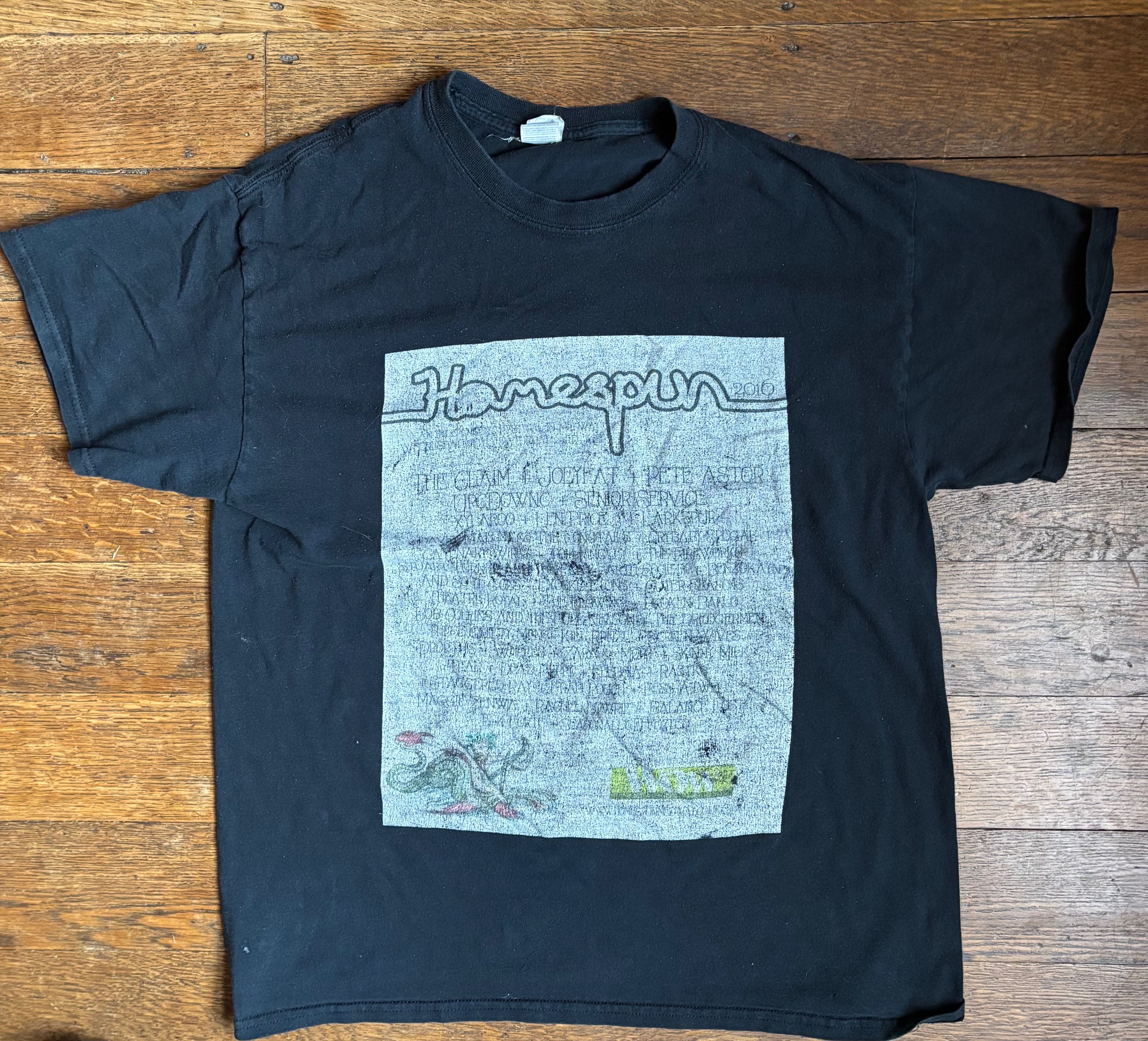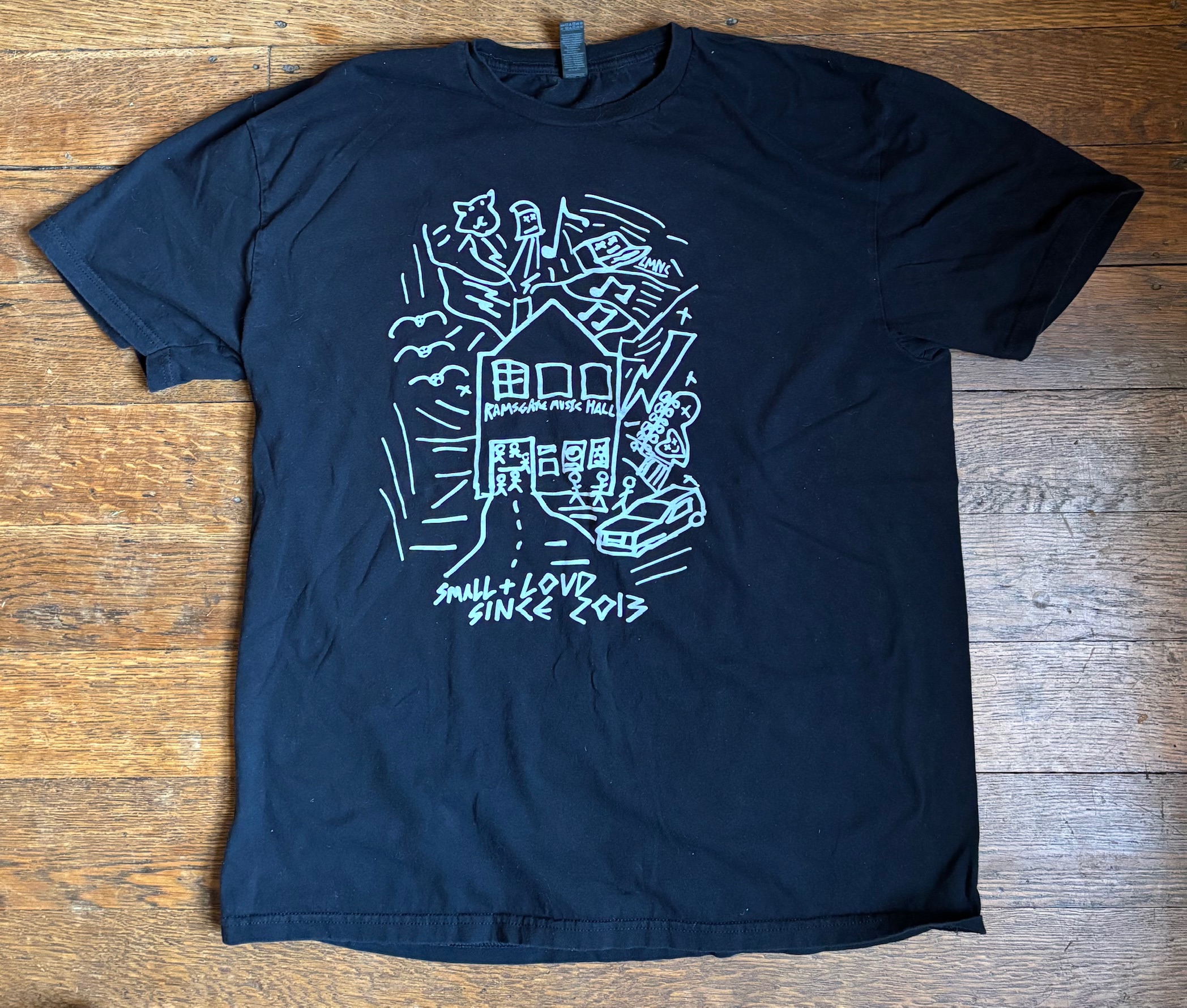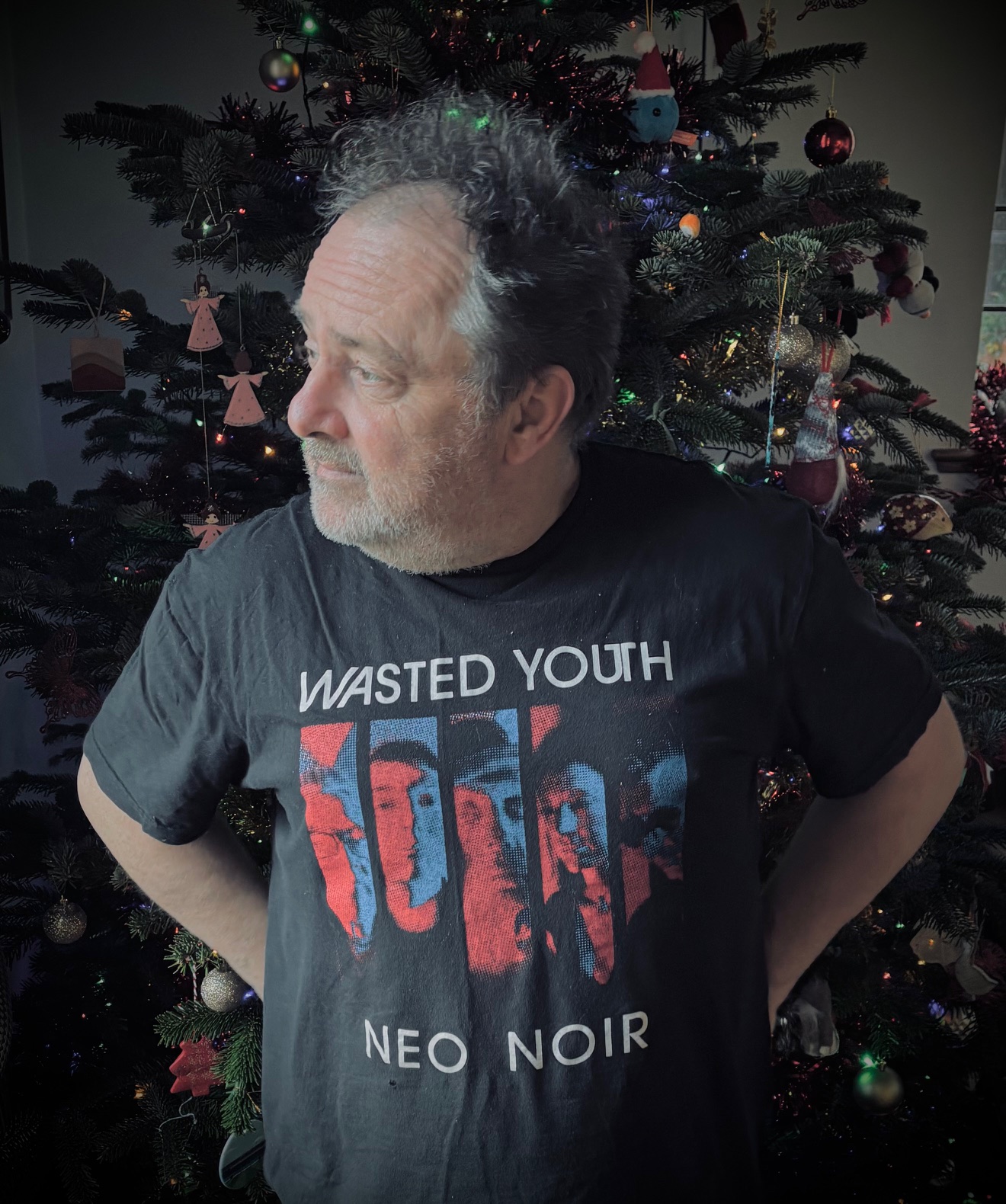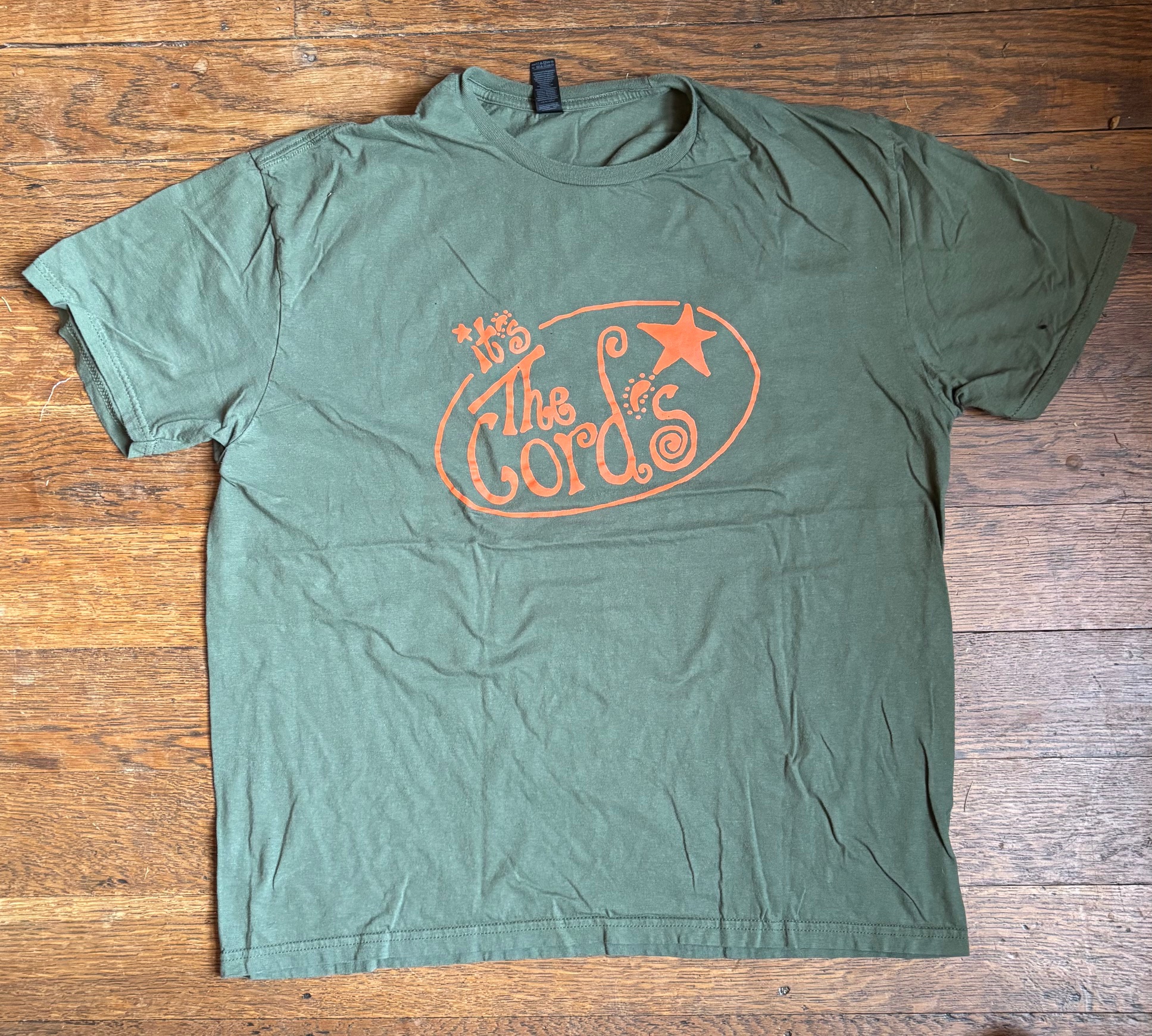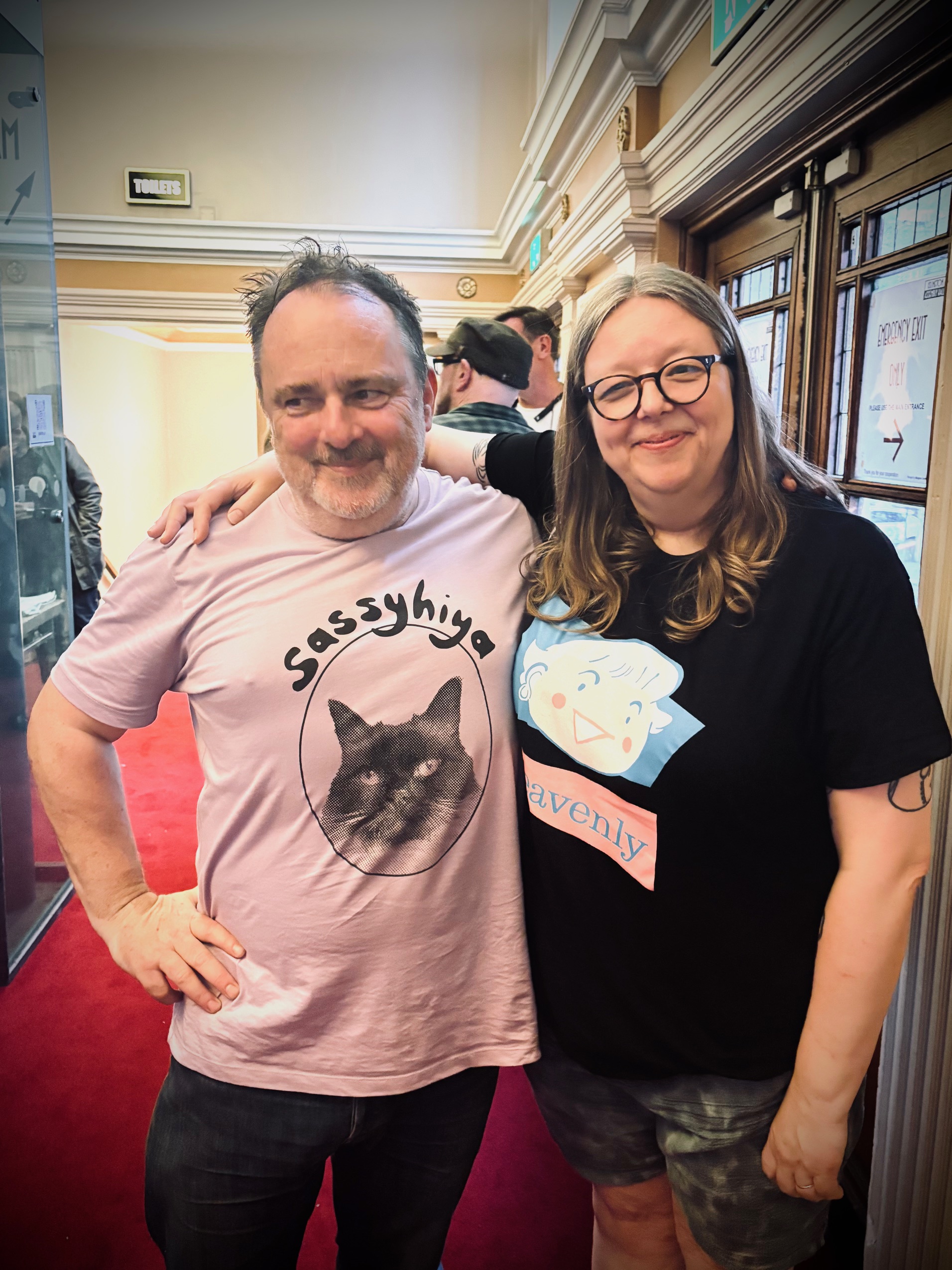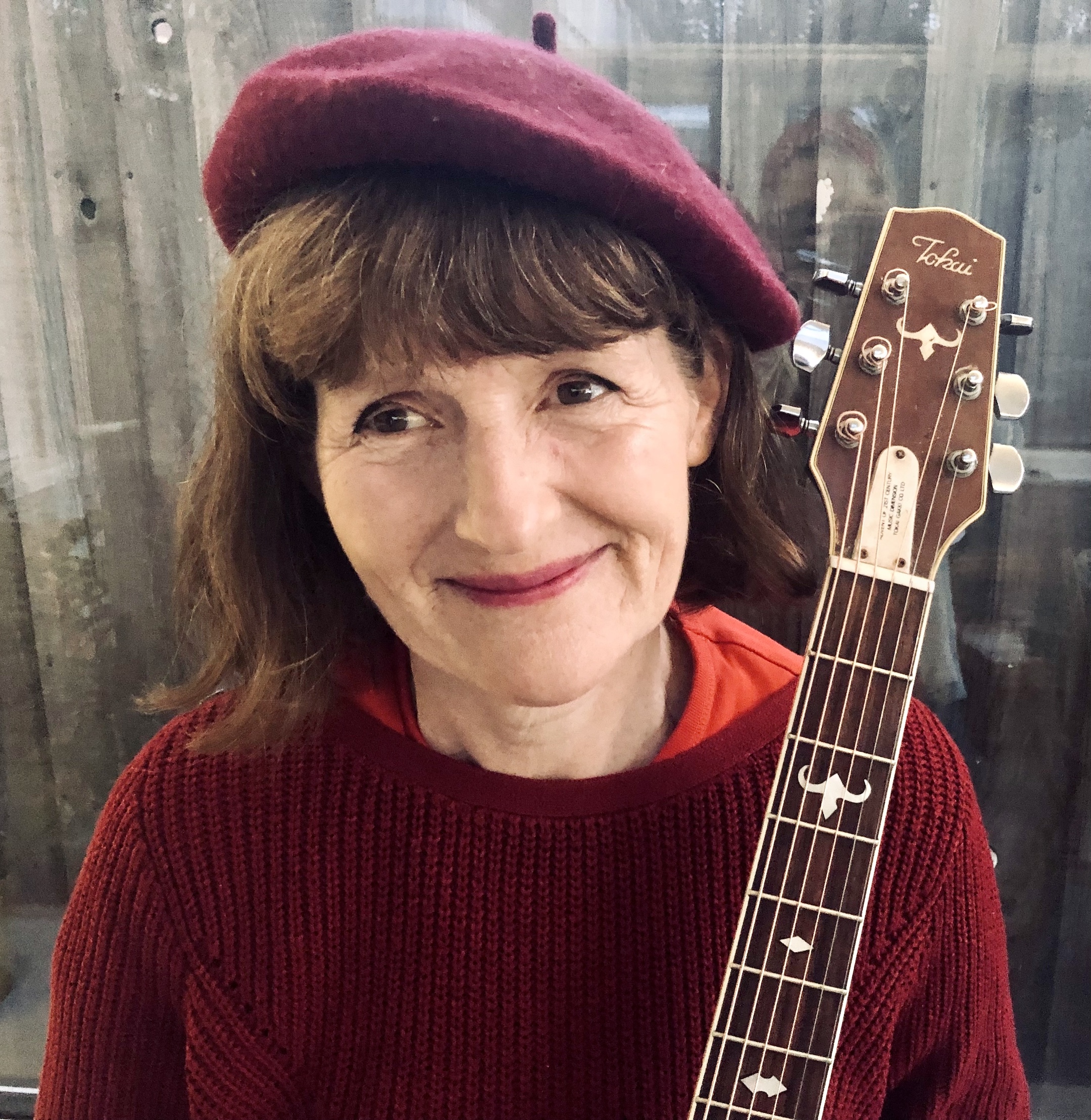
You can’t leave the house these days without hearing some sloppy “A I” “music,” so having authentic music-makers like Rachel Love (solo, Railcard, Telecom, Dolly Mixture) has never been more urgently important. Her gentle touch when creating gorgeous pop music feels like an antidote to all the ugliness going on in the world.
She released two solo albums in the post-pandemic era that were woefully underheard and underappreciated, so it’s wonderful news that our old pals at Slumberland Records are reissuing both of them: Picture in Mind (2021) was co-produced with Rachel’s late husband, Steve Lovell (Blur, Julian Cope), who passed away the same year, and Lyra (2024), which is a tribute to Steve and was co-produced with their son David Lovell. Both are intimate, quiet and full of the sort of chemistry typically only witnessed among families.
Steve may be gone, but his spirit lives on in her music. “Losing Steve was a huge part of my need to be creative,” says Rachel, who was raised by classical violinist parents, and learned piano and cello growing up. “We were partners in every way.”
Rachel is definitely in a prolific era: In addition to these two albums, she is now in a band with Ian Button (Papernut Cambridge, The Penrose Web), Peter Momtchiloff (Heavenly, The Would-Be-Goods) and Allison Thomson called Railcard, whose first three EPs are collected and out now on Slumberland as well (a new album is coming later in 2026).
Gaylord Fields and I interviewed Rachel for chickfactor 19 (2022, on paper) but when Mike at Slumberland asked me to write a bio for the upcoming reissues, I interviewed her again and here is that interview. Interview by Gail O’Hara / photos courtesy of Rachel
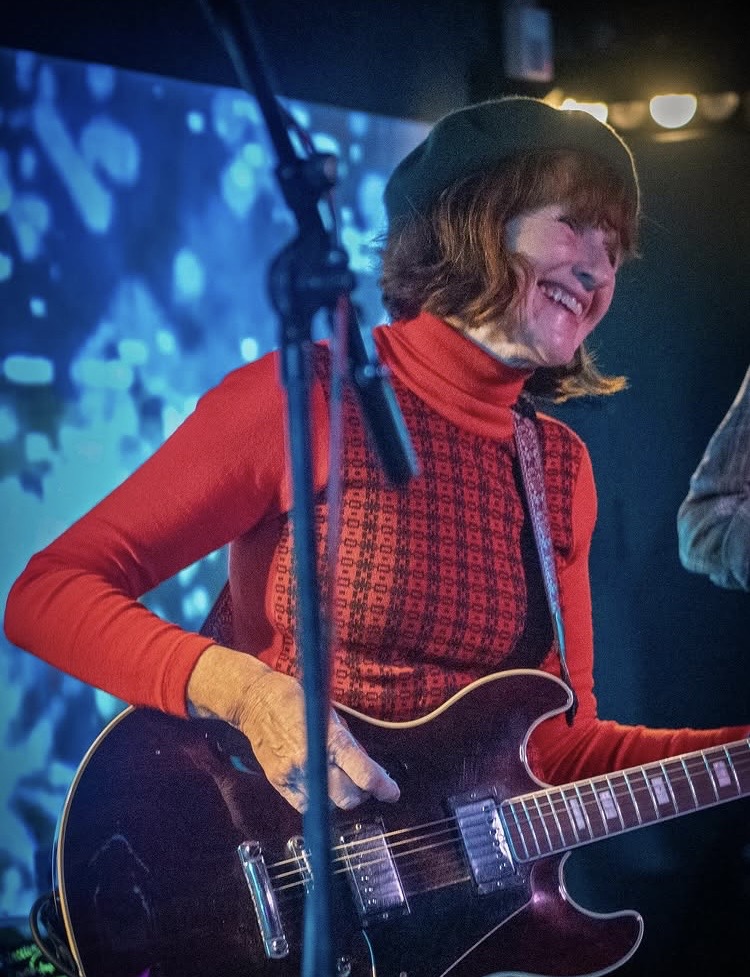
Where all have you lived? How long have you lived in Brighton?
I was born in Wales, my dad taught at Aberystwyth University music department. When I was 5 we relocated to Cambridge as he got a new job there. I lived in London on and off from the age of 17 until I had my first baby at 22 with Captain Sensible. We lived in Croydon with his parents until the summer of 1985 when we moved to Brighton. After 8 years we moved to the countryside just outside, Captain moved back to Brighton in 1998 but I stayed in the same area and have been here ever since.
What is the local music scene like in Brighton? Where do you go to see music or play gigs?
There’s a thriving music scene in Brighton, all kinds of music. Two of my sons are in bands that play a lot. My youngest son David’s band ‘Telecom’ are very much part of the Brighton scene, they also are my band when I play live. There’s some great venues, the Prince Albert, the Hope and Ruin, the green door store, Alphabet, the folklore rooms to name a few.
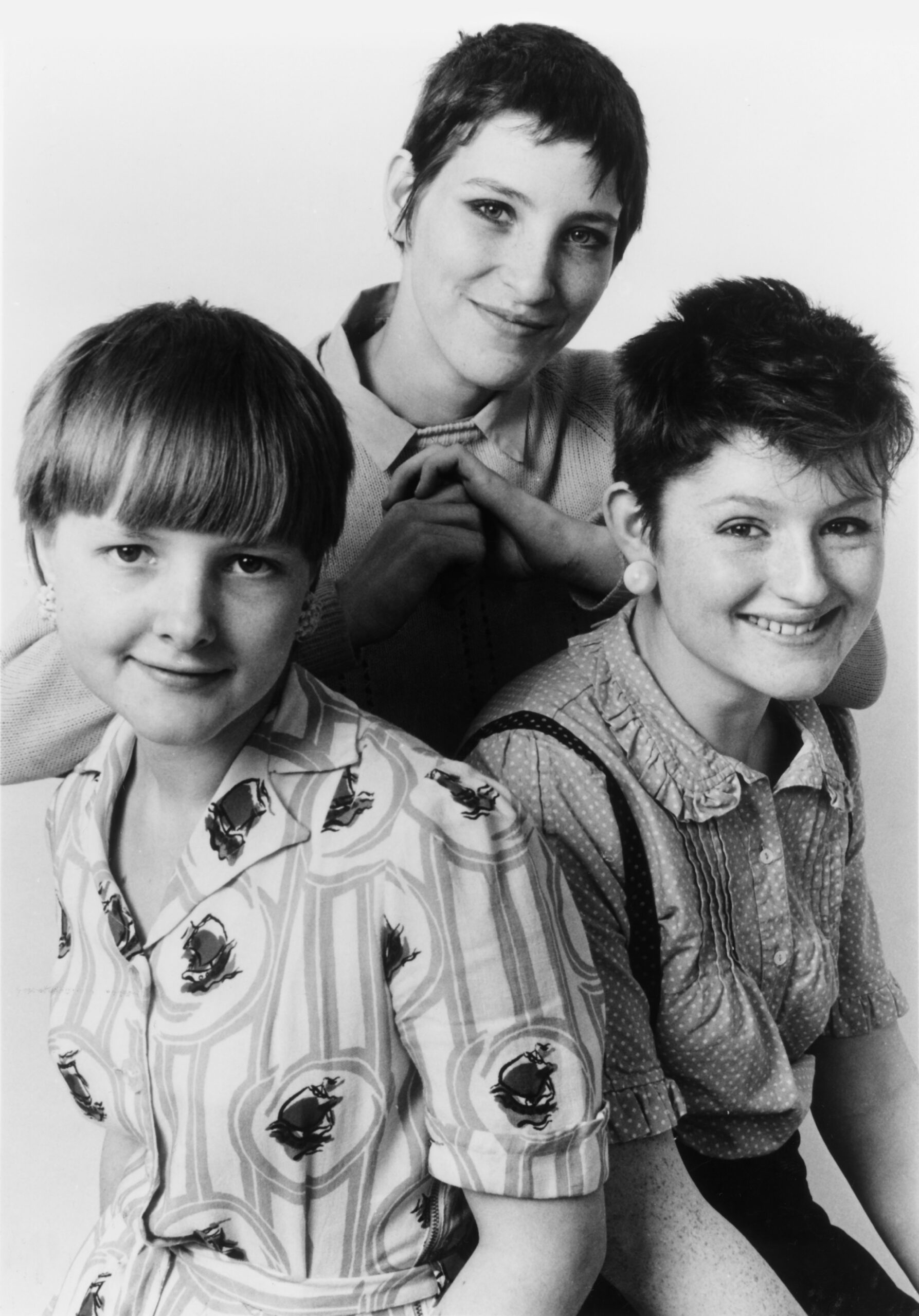
Can you please name all the bands you’ve been in?
Dolly Mixture 1978–84
Sex Love Buster Baby 1994–96
Fruit Machine 1996–1999
The purple pudding clause (Spelt) with Steve (recording only) 2013–2021
The light music company (recording only) With Martin Newell 2022–2023
Rachel Love (with my boys and their friends) 2022–the present
Railcard with Ian Button and Pete Momtchiloff – 2025–the present
Have you continuously played music or taken breaks through the years?
I have taken breaks from playing and recording when my children were small, but I’ve always loved going back to it and now that they can play with me it’s fantastic! I joined a couple if Brighton-based bands in the ’90s and that’s when I met my husband, Steve, who signed Fruit Machine to his production company. We got married and had a baby (David) so I had another break from music. Steve and I played a lot of acoustic music together over the years, we wrote for guitar and cello, then as home recording got easier we started making albums. We made 3 before Steve encouraged me to write songs again, giving me an iPad and showing me how to use GarageBand.
I see you as a bit of a Prince type, someone who plays everything and does it all. How much of Picture in Mind was you and how much input was from the family? How many years of work went into that album?
Haha! Not exactly Prince! I can play a few instruments well enough to record. I learned the Piano and Cello as a child, guitar was self taught. The boys are very good guitarists and bass players so they played a bit on Picture in Mind. My husband Steve was a great guitarist too so he played on the record and did all the drum programming. I added loads of cellos and played keyboards. After loosing my parents and my brother I needed to write on my own again, I think I started Picture in Mind in 2019 and we recorded most of it in Lockdown, so it probably took around about a year altogether.
When we interviewed you for CF19 in 2022, you had already written all the songs for Lyra. Again, tell us about the songwriting and the process for each album and what went into it.
Lyra took a lot longer, I had to learn how to use logic and record myself. My eldest son Fred set me up with a laptop and the other boys helped me learn the programme. David was very much involved with the production side of it and Syd and David played guitar and bass. David’s bandmate Chris also added a bass line on Alone. It was a real journey reflecting all the changes in my life and the amazing support from my family. A lot of the songs formed or grew while I was out walking my dog. I certainly wrote most of the lyrics whilst out on country walks.
My friend Heather came round one day while I was recording ‘Alone.’ She was very close to Steve so it felt right that she should sing some backing vocals which really adds to the emotion.
It was a very strange feeling when it was finished, it was so personal. The healing process of creating it seemed to be as important as sharing it.
Grief has obviously been a big part of your story in recent years. How did losing Steve change your relationship to making music?
Losing Steve was a huge part of my need to be creative. We were partners in every way, parents, musical partners and we worked in different jobs together as well. The hole he left was immense, of course for the whole family but for me it was my everyday life that had gone. I had to create a whole new one which I was also resistant to because it meant moving on without him.
David was also going through the stages of grief so it was probably hard for him to hear my songs but I think it inspired his song writing as well.
It seemed a really natural thing to play music with the boys, something they had grown up with and also a connection we share.
I recorded myself mostly, David would get home from work (tired) and I’d ask for help with something, sometimes just to to listen to what I’d be doing. He was a great support even when I’d done 20 more tracks of cellos and 100 more backing vocals for him to sort out! I’ve learnt so much by doing the album that I don’t have to rely on him now.
Your top records list for CF22 included Air, Stereolab, VU, Sufjan—would you add anything else to the list? Were you a Broadcast fan? These artists seem to inform the music you make and the feelings you create for your own solo albums.
There’s so much music I could add to the list. I didn’t really know much about Broadcast until recently. David played me some and I absolutely love it, particularly ‘Come on let’s go’ and ‘Before we begin’
How did making music factor into your family, especially with your own kids? Was it just something you always did as a family?
We share a lot of music with each other and love similar band, we were listening a lot to bands while making the album like Metronomy, Gwenno, El Perro del Mar and the Left Banke to name a few. We both love the Would-be-goods and Lightheaded, who we went to see together. We’re both going to see Stereolab next month too. I listen to music from all sorts of different genres, I just love a good tune.
How has it been working with Slumberland? Have you known Mike for a long time?
I met Mike at the CF30 gig in London 2022. He’s been so great to work with, nothing’s ever a problem and he just knows the right thing to do.
What tools and tricks do you use in the studio or wherever you make music?
I’ve learnt to keep things a bit more simple and use real instruments and analog sounds a lot more. We made the whole album with a laptop and a mic, the only bit of fancy equipment being a Joe Meek vocal D I box that was my husbands. A lot of studio trickery was used in the recording, we had no way to record drums so we used beats from a farfisa drum machine and sampled snippets of David’s previous recordings to make the beats.
We went through a process of stripping back the layers of tracks and then re-recording or rewriting parts. When we were finished they sounded completely different to how they started. We even made dance versions at one point! It’s hard to remember how we achieved some sounds as we went through so many versions.
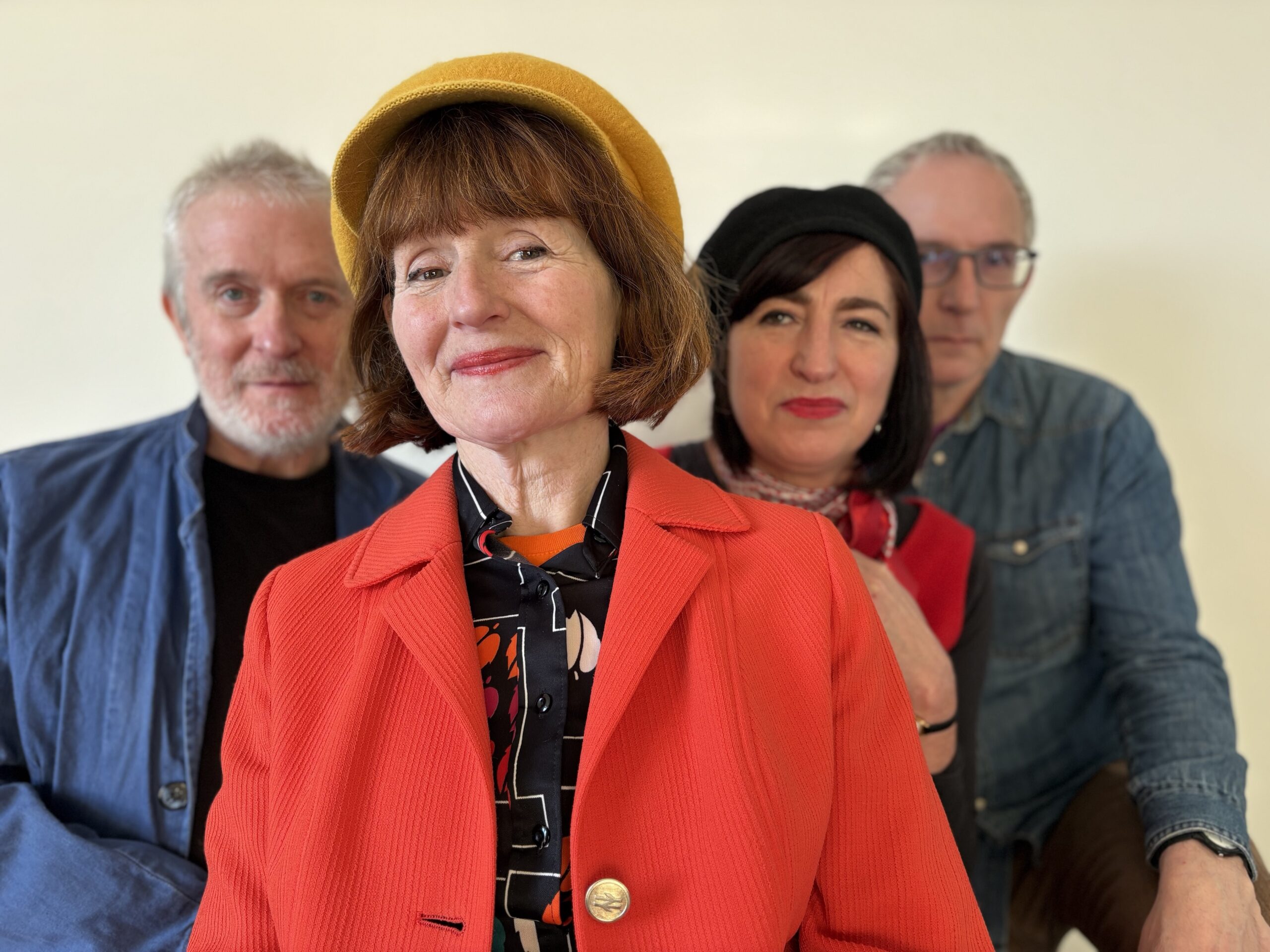
Where do you write? Do you begin with lyrics or the other way round?
I’ve always written the music first, but since meeting Ian Button and forming Railcard, he mostly sends me lyrics and l’ve really enjoyed writing music to them, it’s a very different way of thinking but I love it. We’ve written together in other ways too, just going for walks and something will trigger an idea and maybe a couple of lyrics, then go home and the song will start to form music and lyrics together.
What has a life of music making taught you? There is a warmth and chemistry on these records that is really special and intimate. I’m so happy they’re getting reissued.
I’m quite an introvert so a life of music has taught me that I’m very privileged to be able to write music that people will listen to. It’s the way I connect with people best, it’s my way of expressing myself.
What kind of package will there be for the reissues? Formats? etc.
The albums will both be released on Vinyl and be available on CD as well.
Are there other albums coming together in the future? Tour plans?
Railcard will be releasing more music, we’ve written a lot of songs, Pete too, we record when we can and do a lot at home too. We’ve got a few gigs lined up so hopefully we’ll play lots more. I’m still playing as Rachel Love with David’s band Telecom. Gigs aren’t that regular as the boys have a lot of other commitments but they want to go on playing with me as well. We are doing some gigs with them supporting too.
Interview with Debsey Wykes from Dolly Mixture (2006)
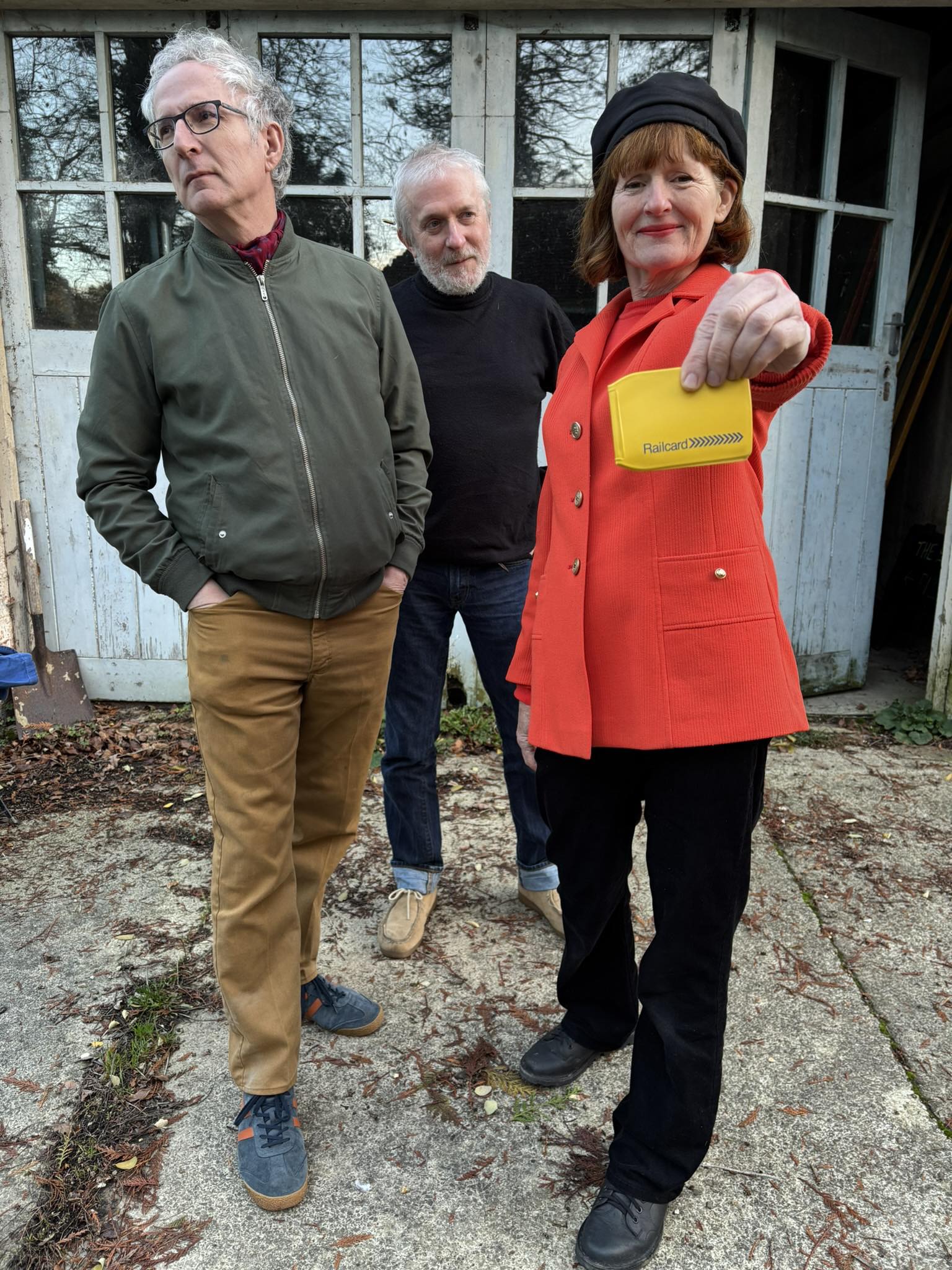
Lyra
originally released April 26, 2024
David Lovell – drums, bass and guitar
Syd Bor- bass and guitar
Chris Gibbons- bass on Alone
Heather McClelland – additional backing vocals on Alone
Co produced by Rachel and David Lovell
Mixed and Mastered by David Lovell
All songs by Rachel Love
Artwork & Design by Jodie Lowther
For Steve
Picture in Mind
originally released October 29, 2021
All songs: Rachel Love except
‘Down The Line’ Bor/Smith/Wykes (Copyright Control/Copyright Control/Wardlaw Music)
All instruments Rachel Love (nee Bor)
Except: Syd Bor Bass ‘Down The Line’ & ‘Far Away’
David Lovell: Backing Vocals & Guitar ‘Primrose Hill’
Steve Lovell: Various Guitars, Instruments and Programming
Produced by: Rachel Love & Steve Lovell for Lovell The Dog Productions Mixed: Steve Lovell
Mastered: Steve Power
all rights reserved
